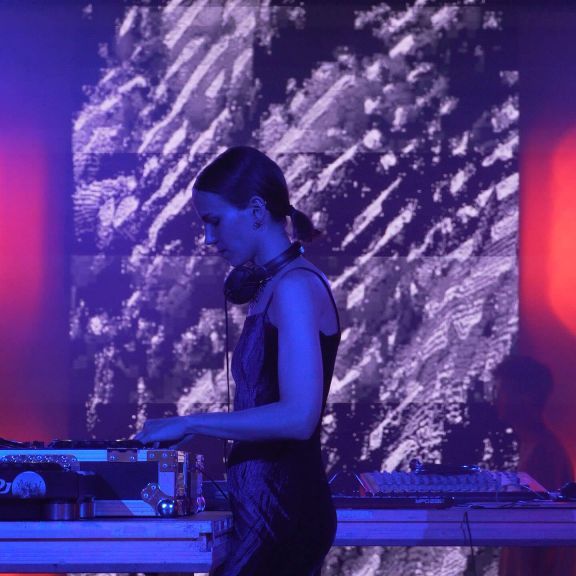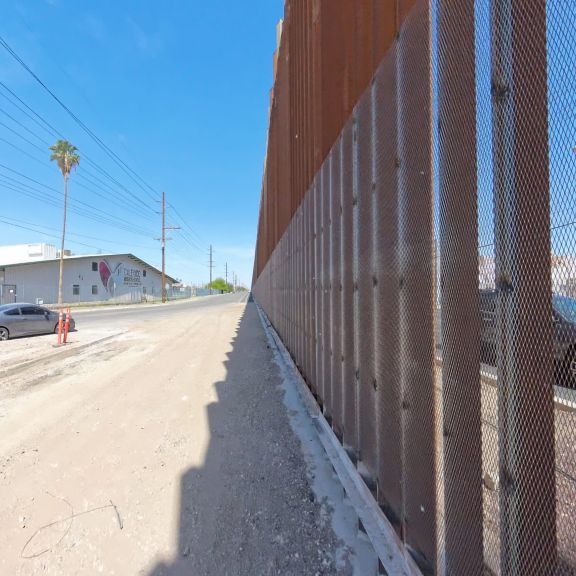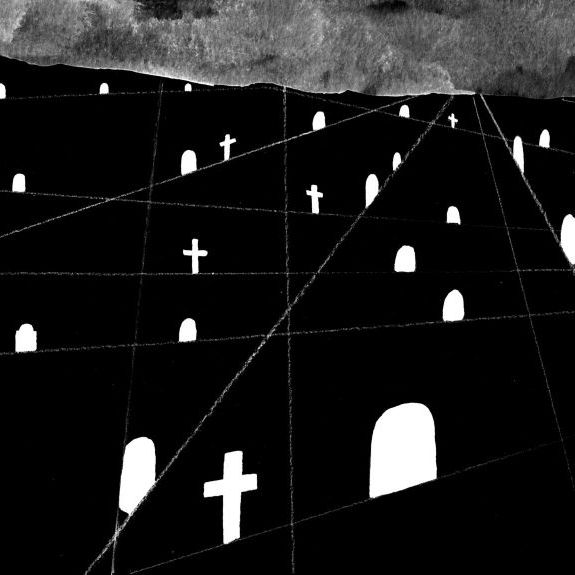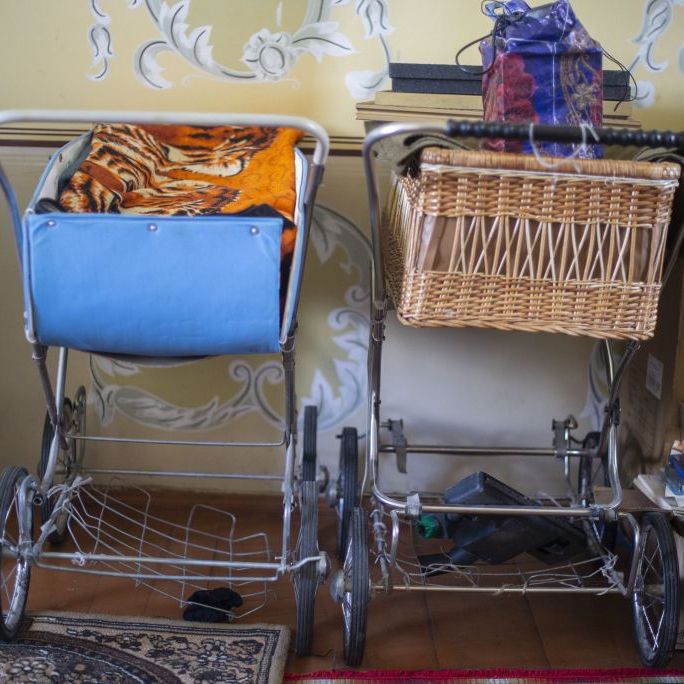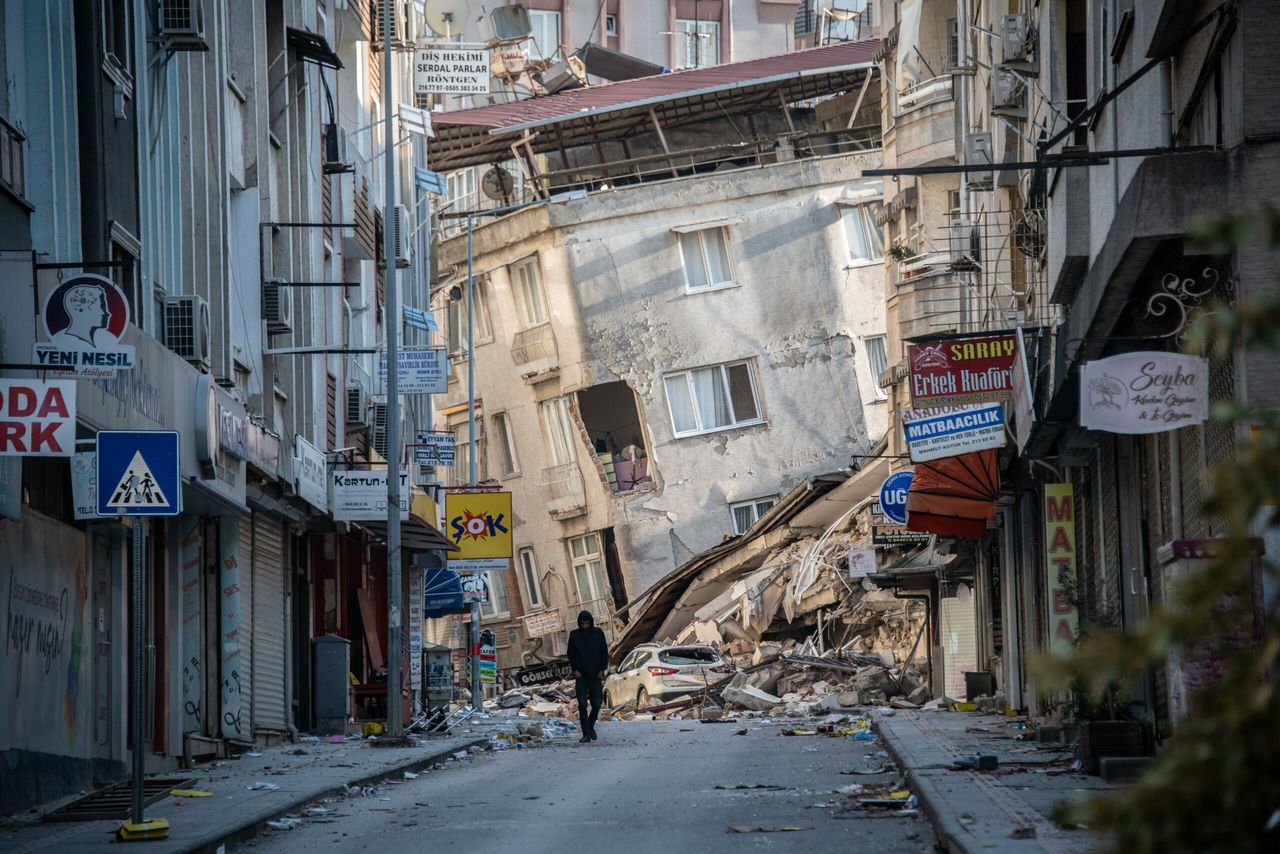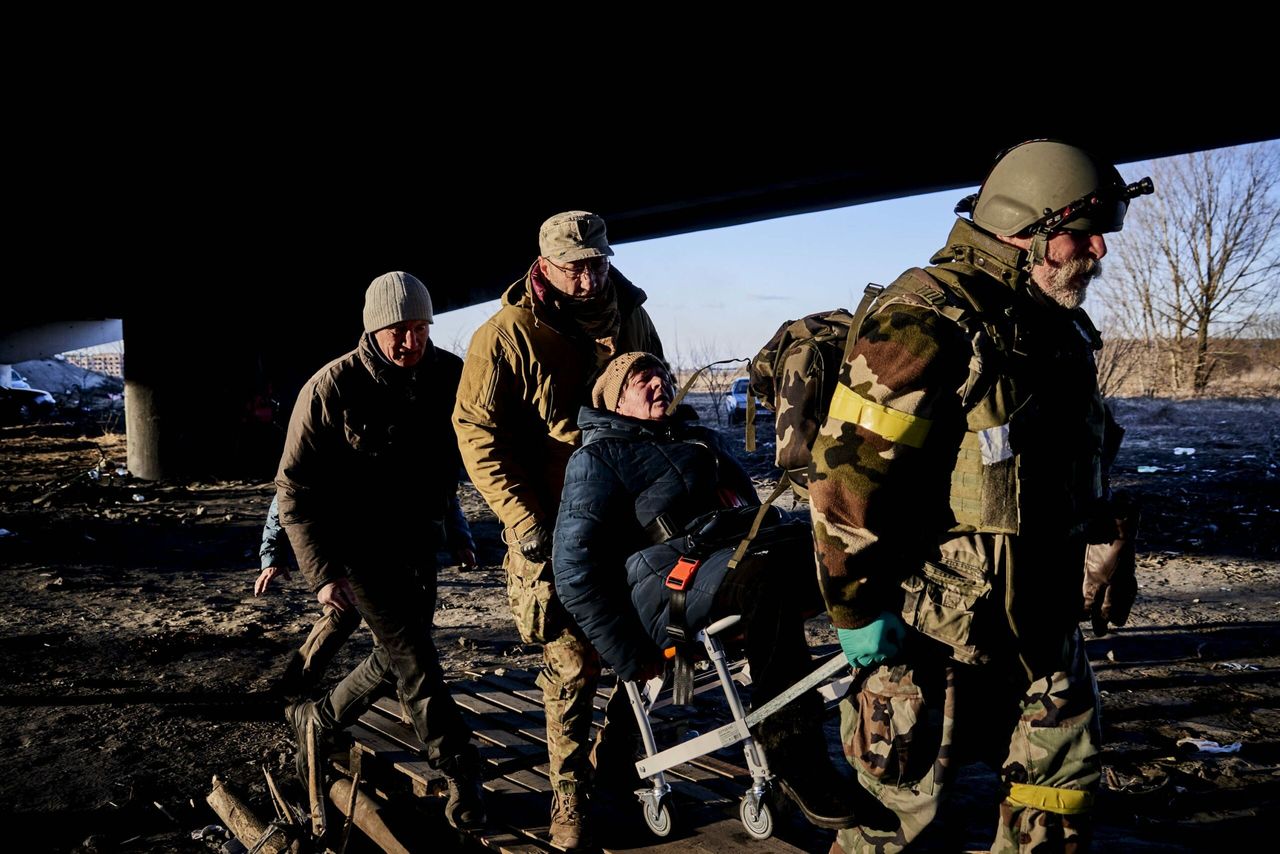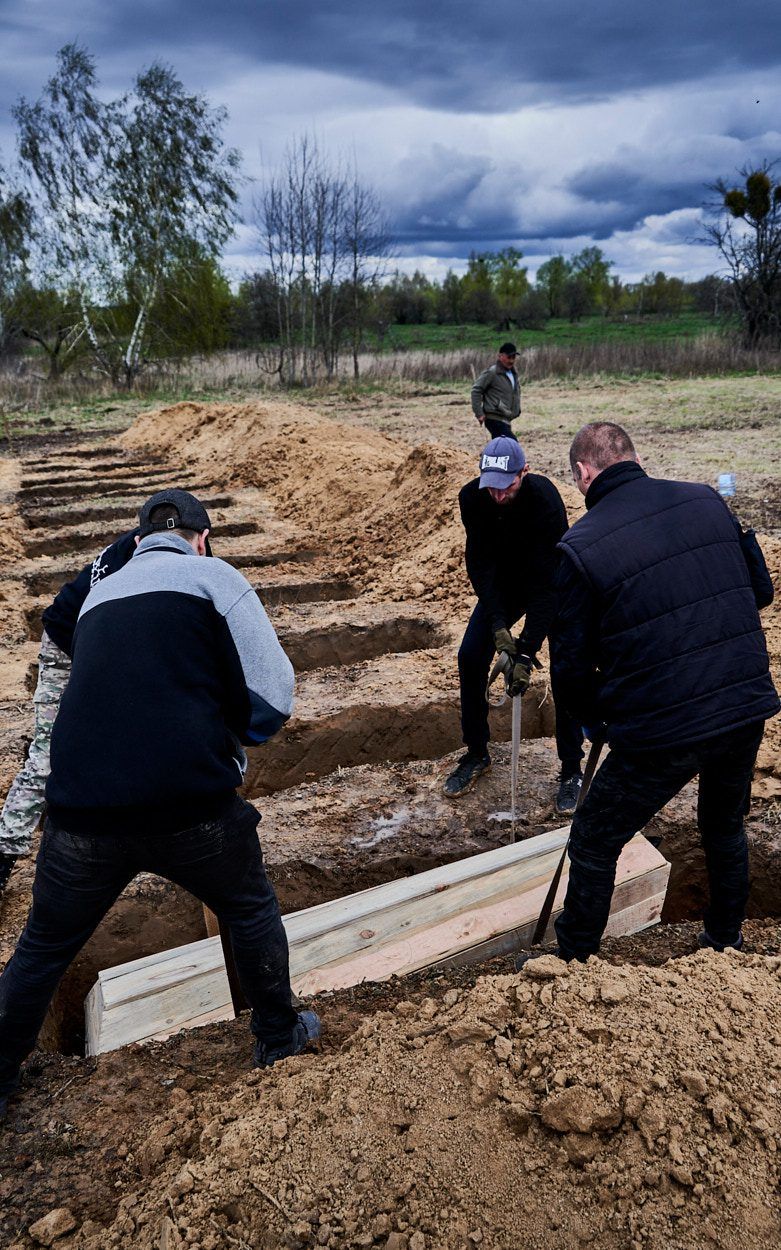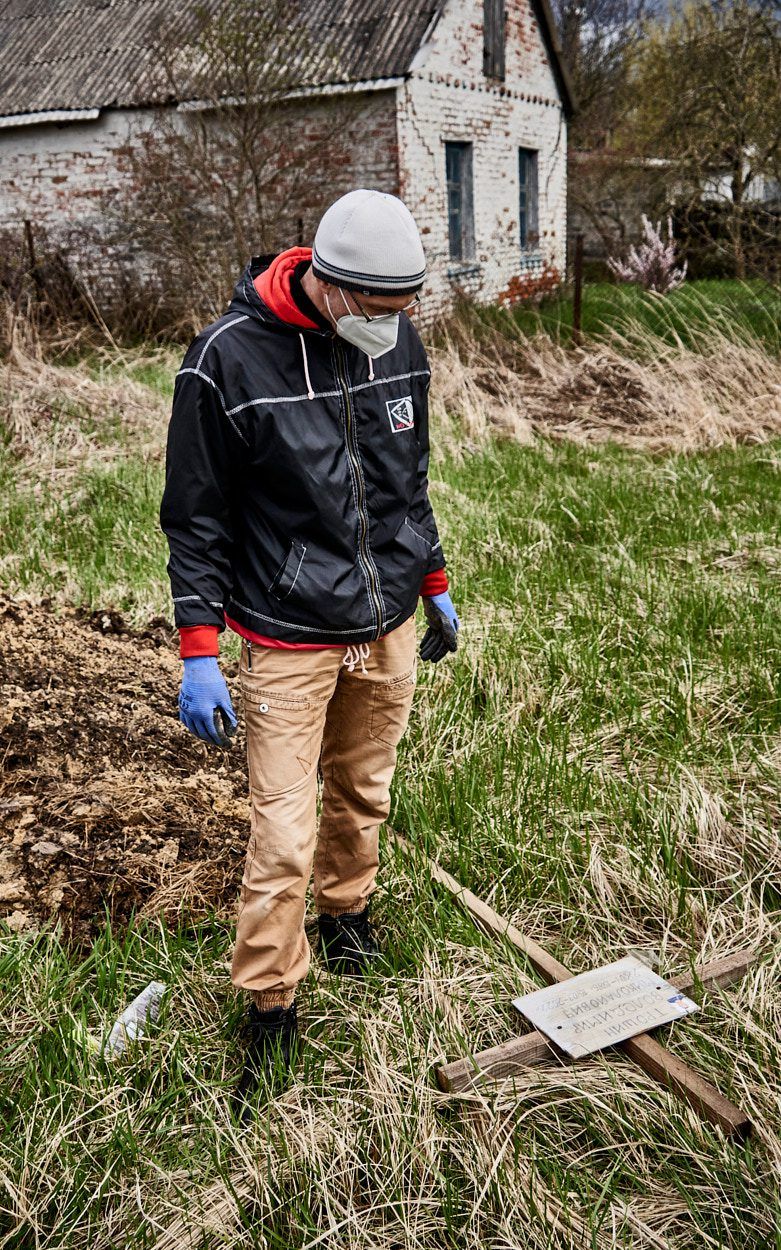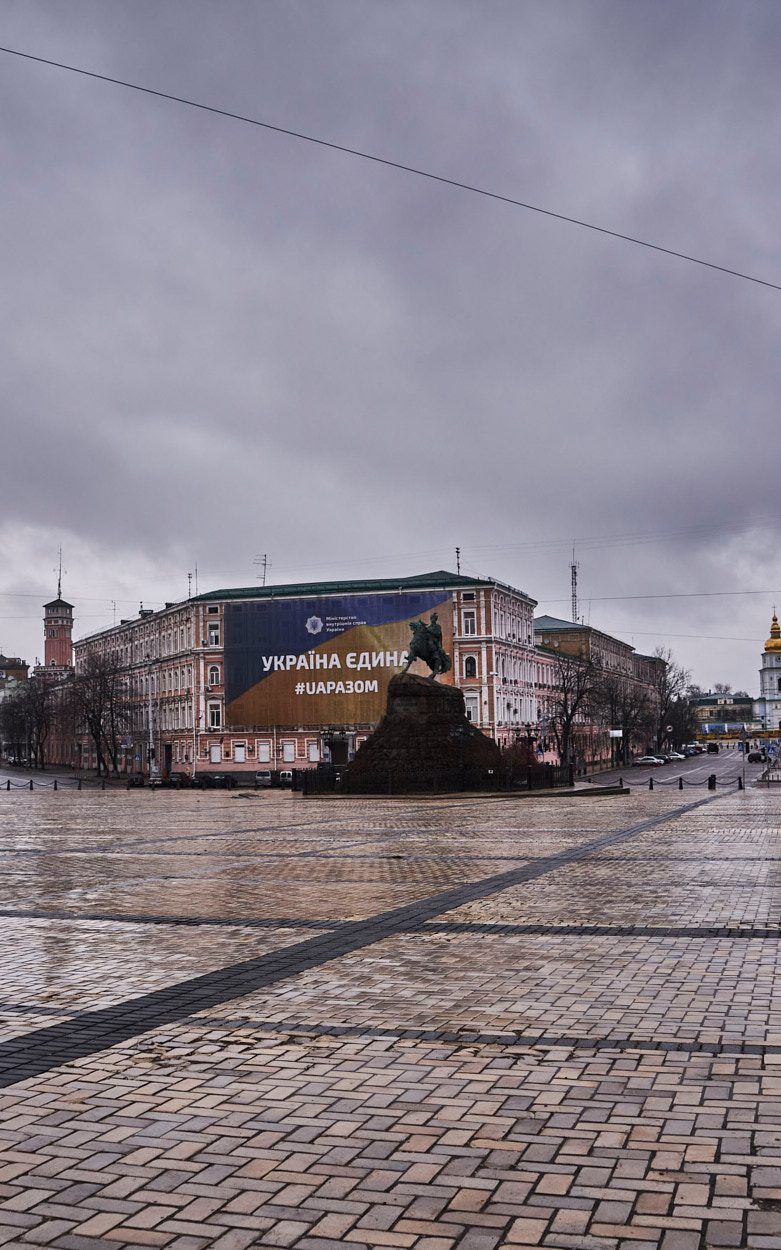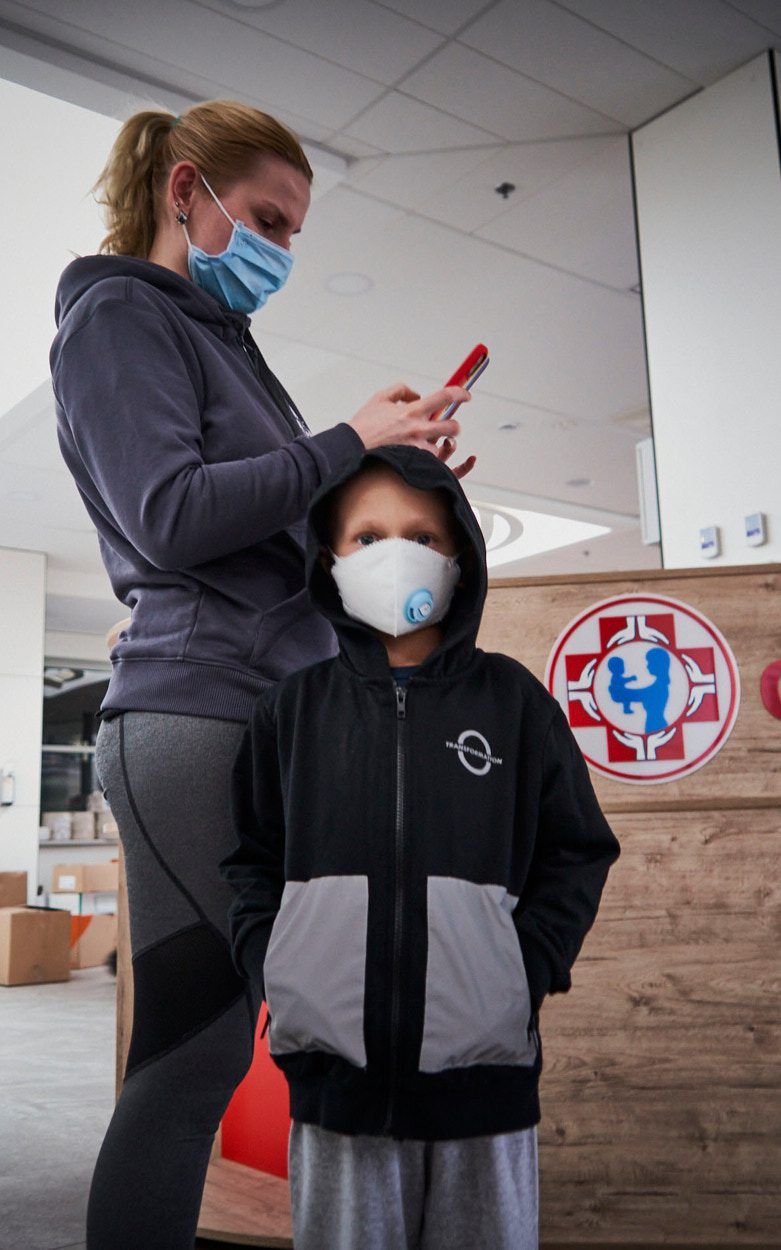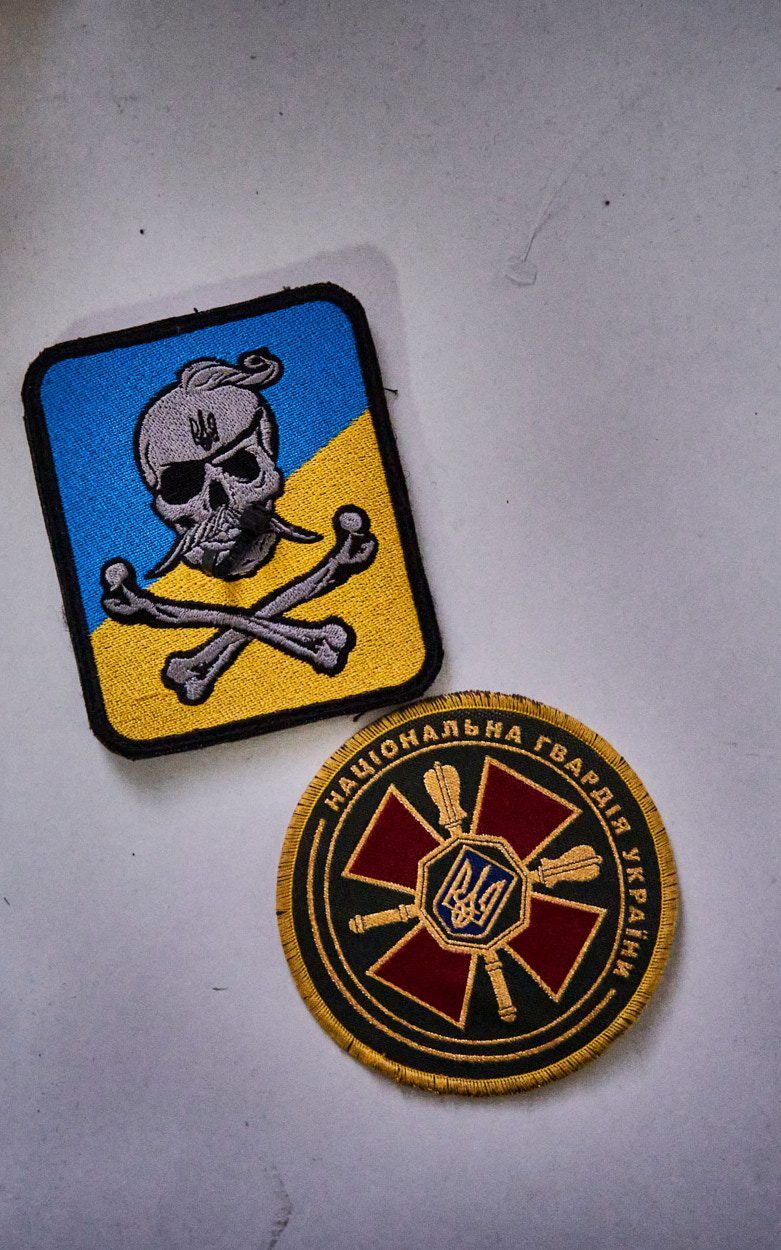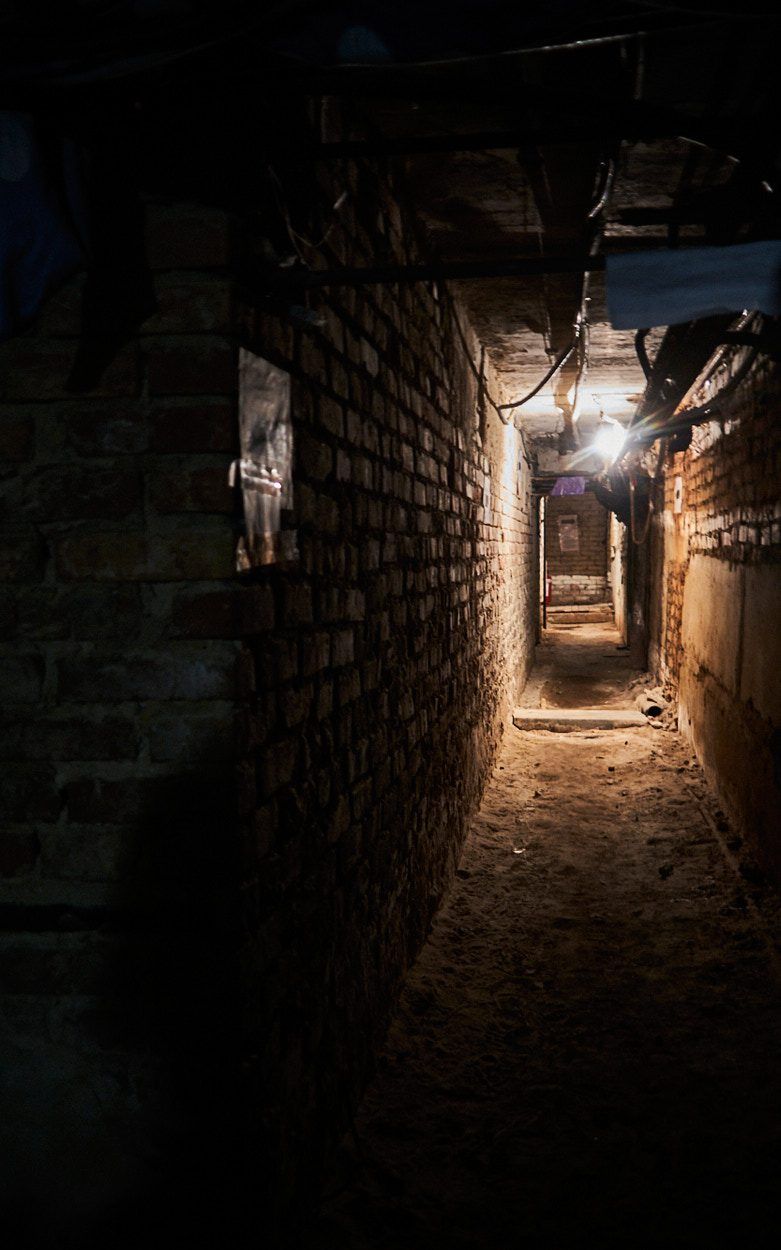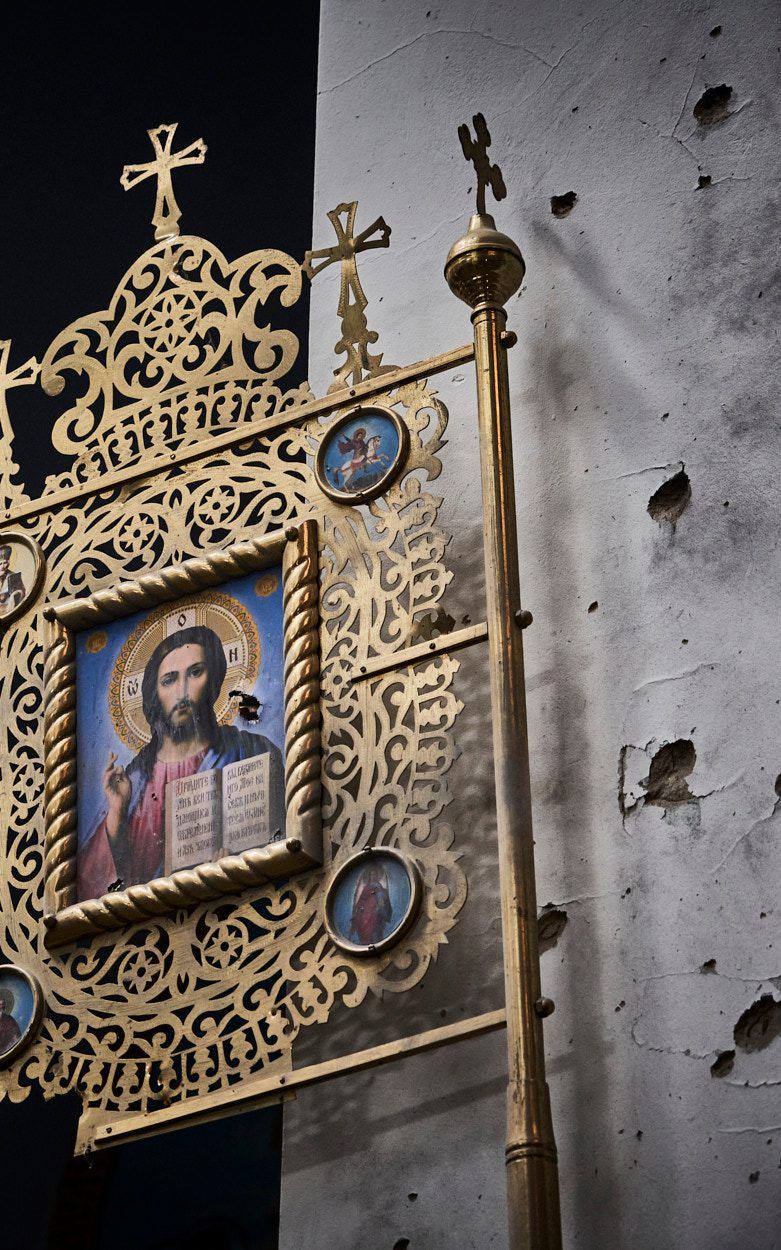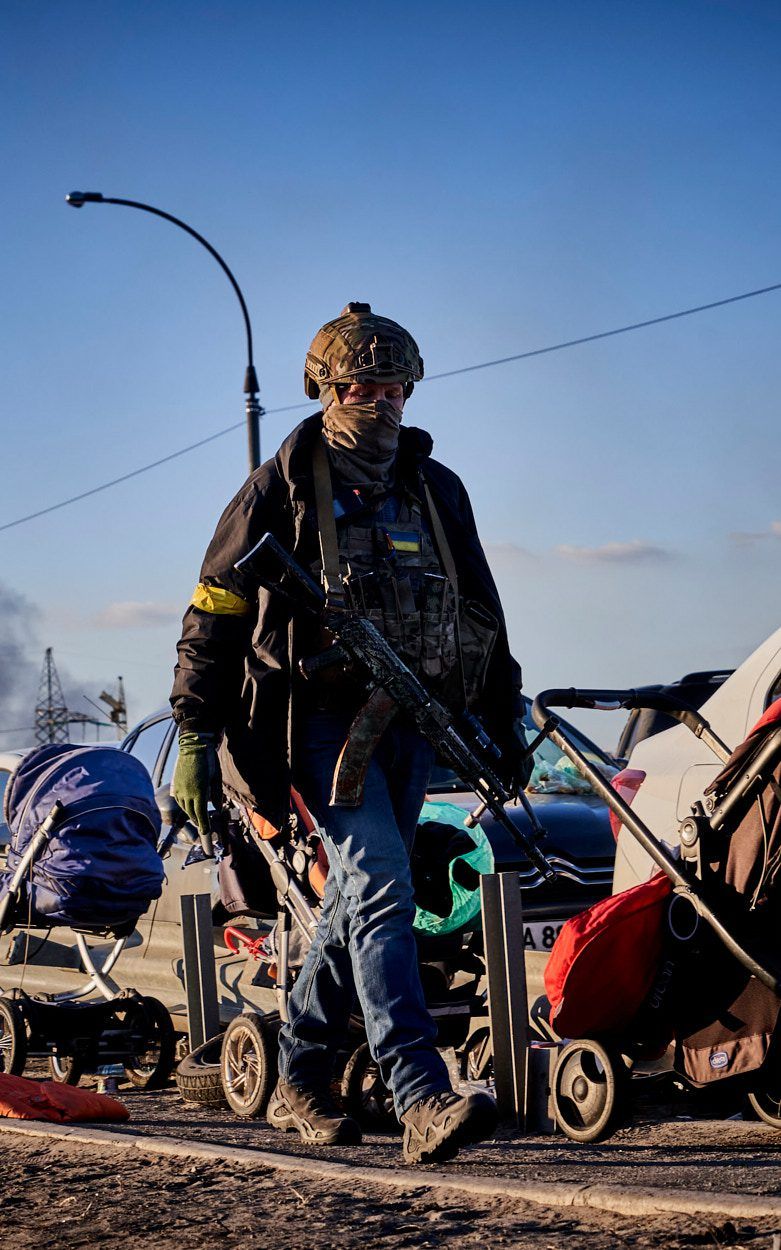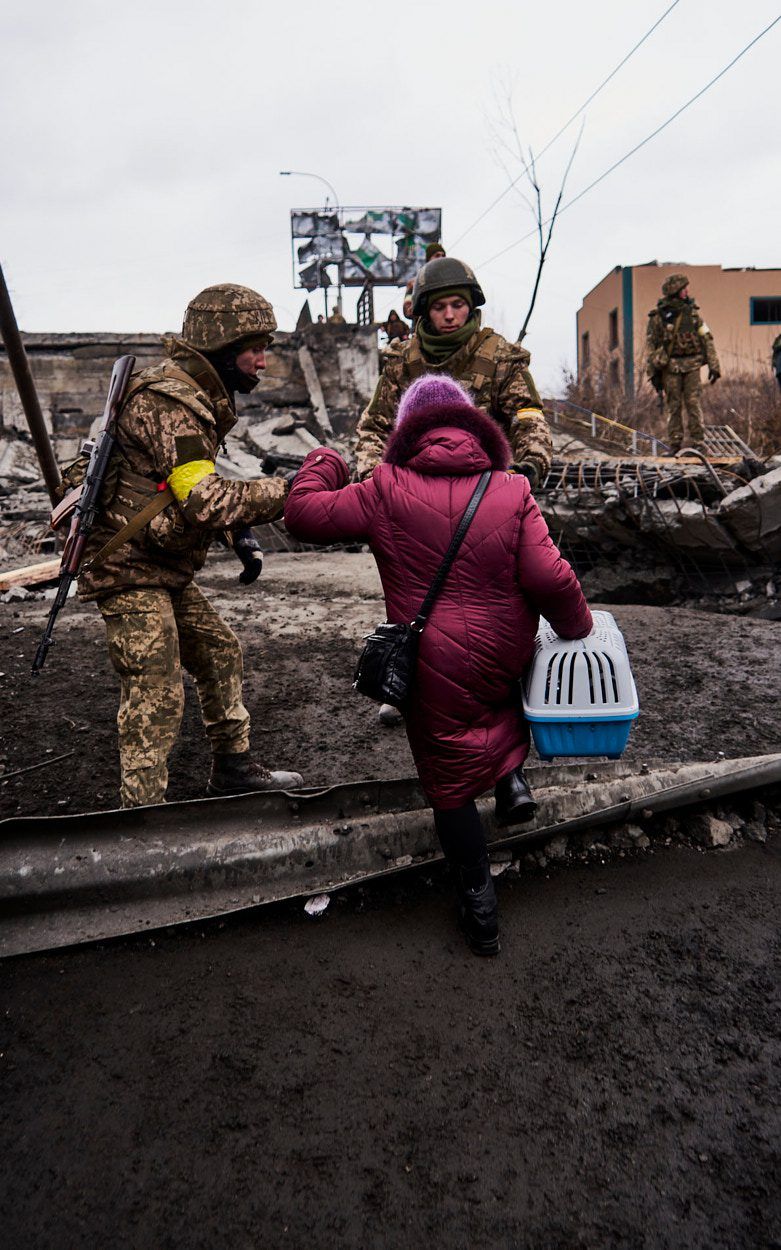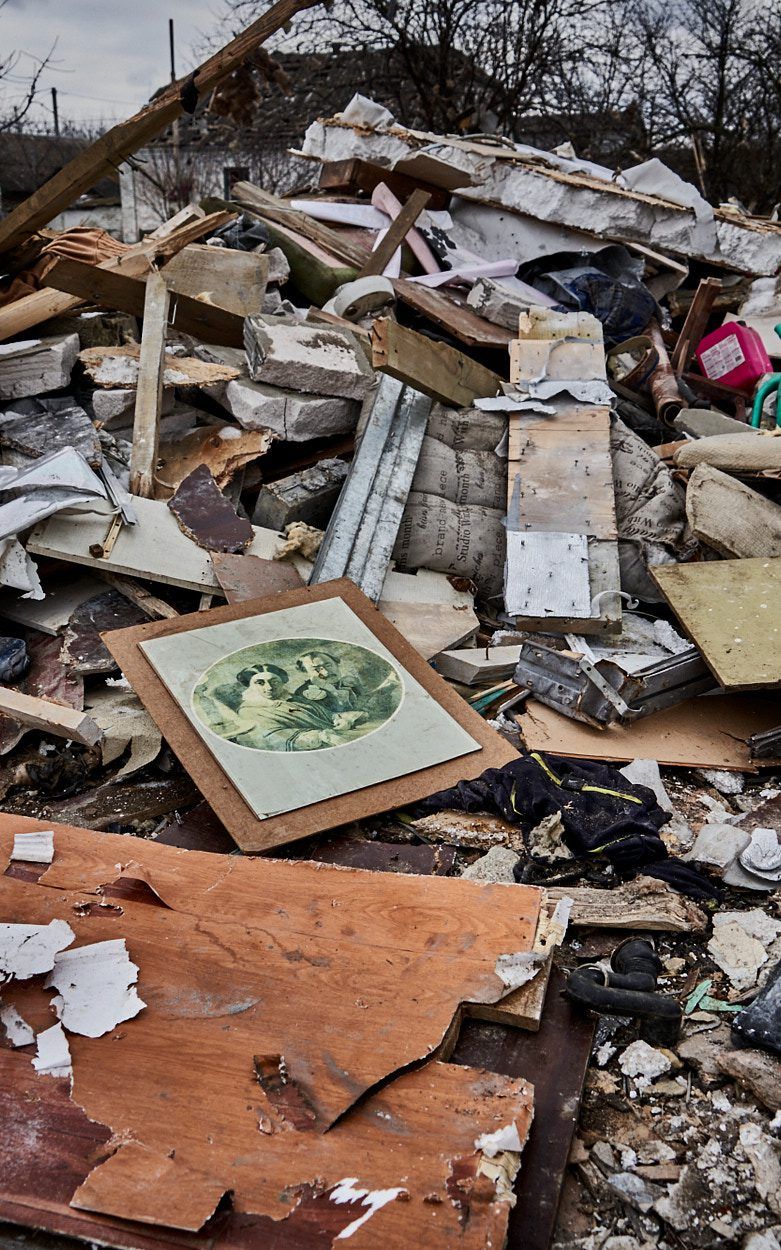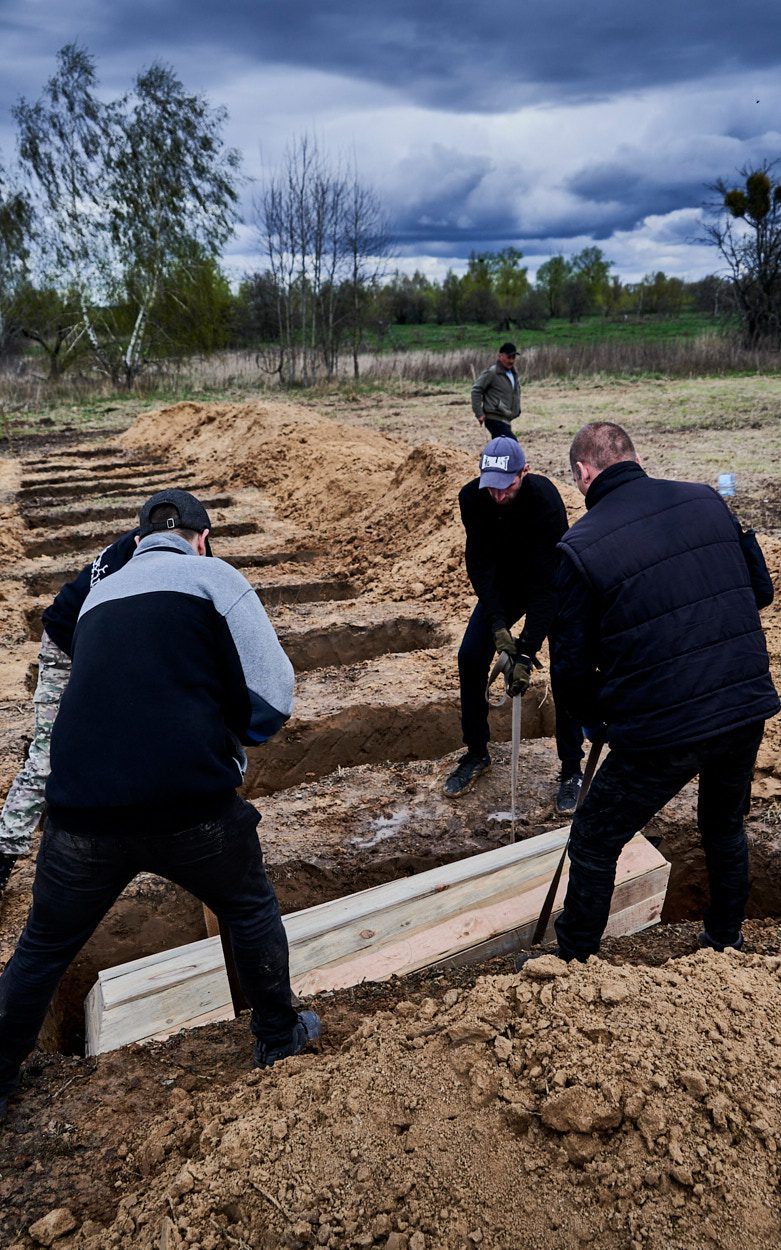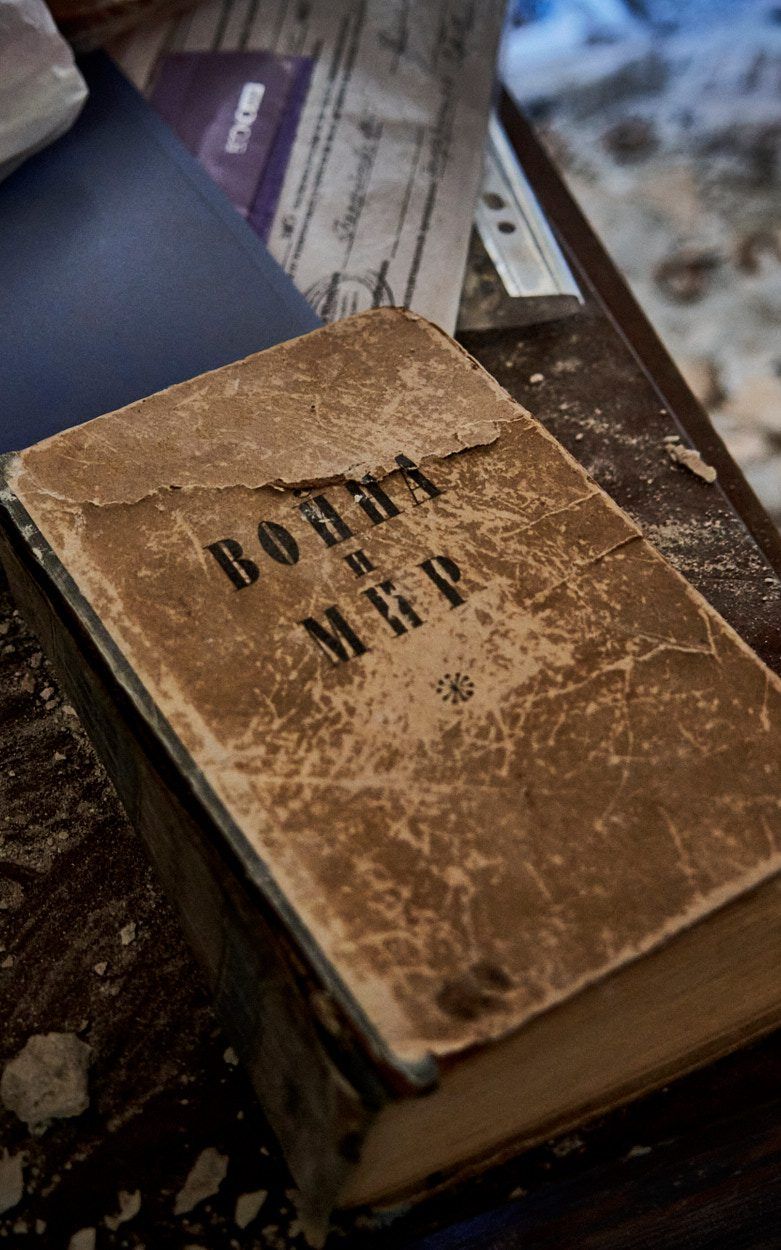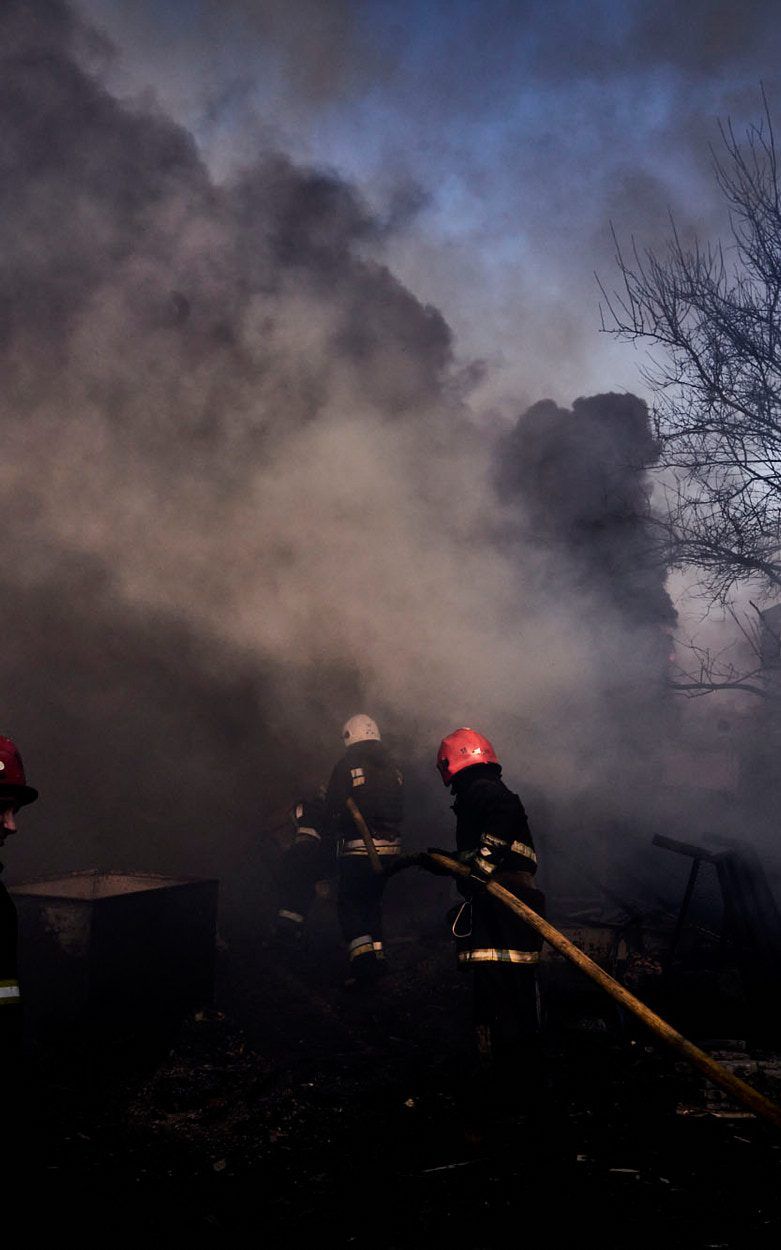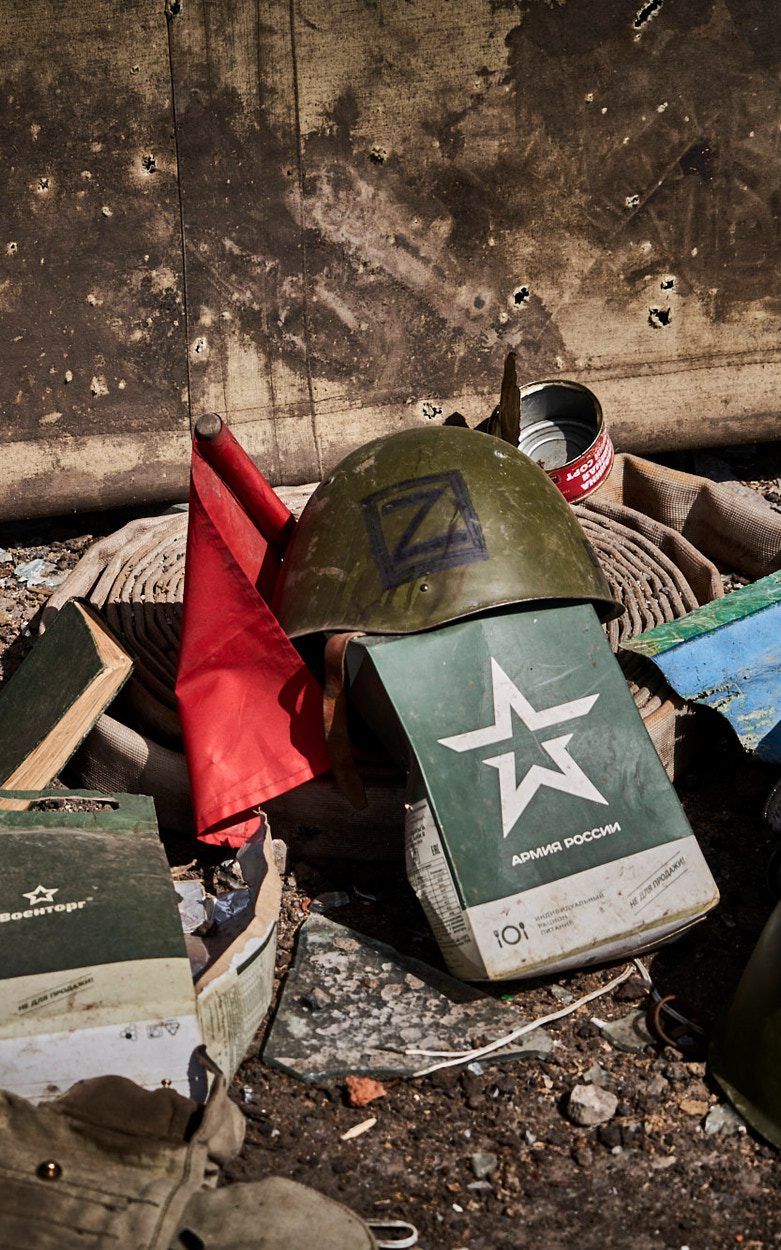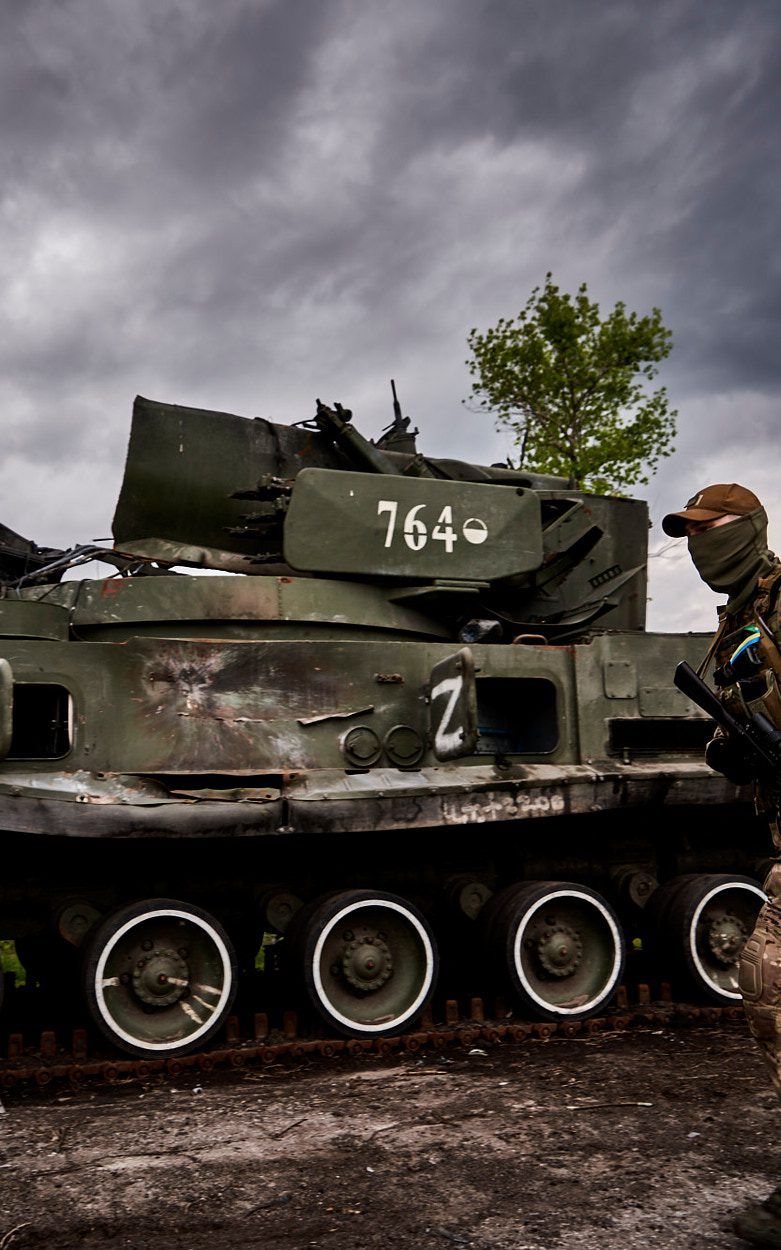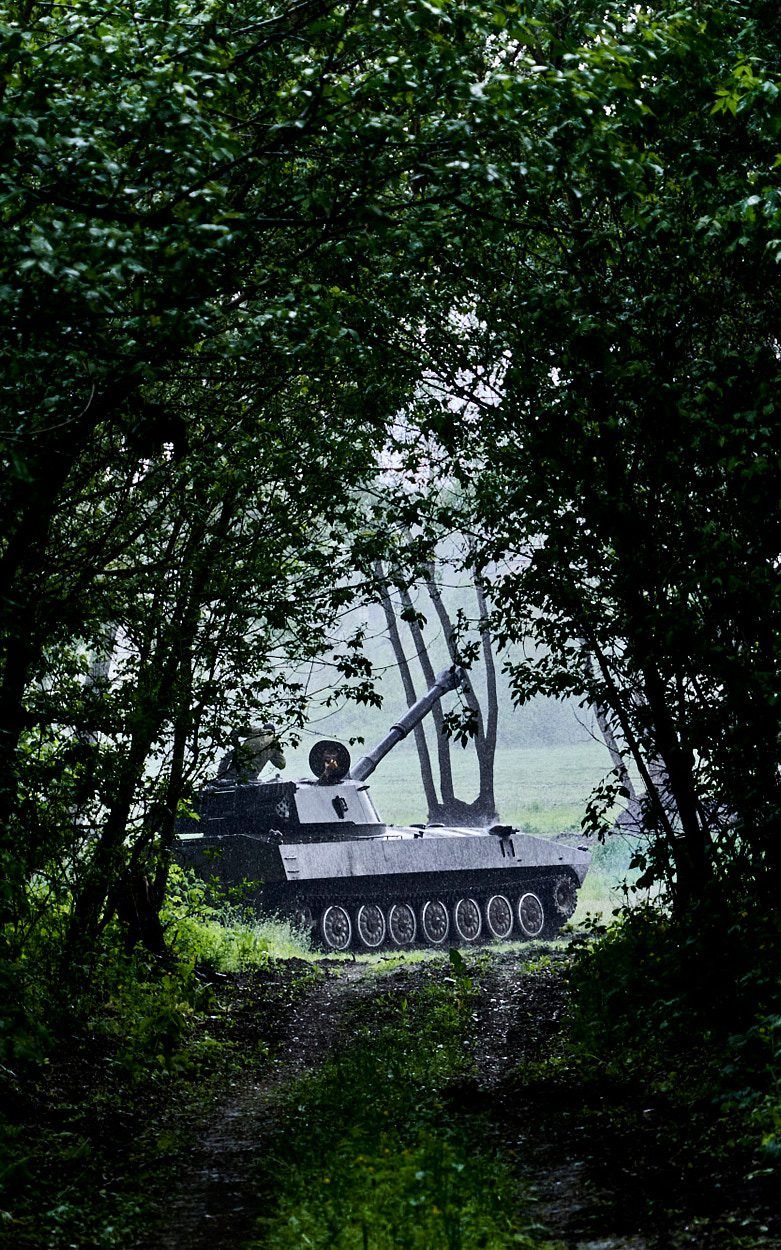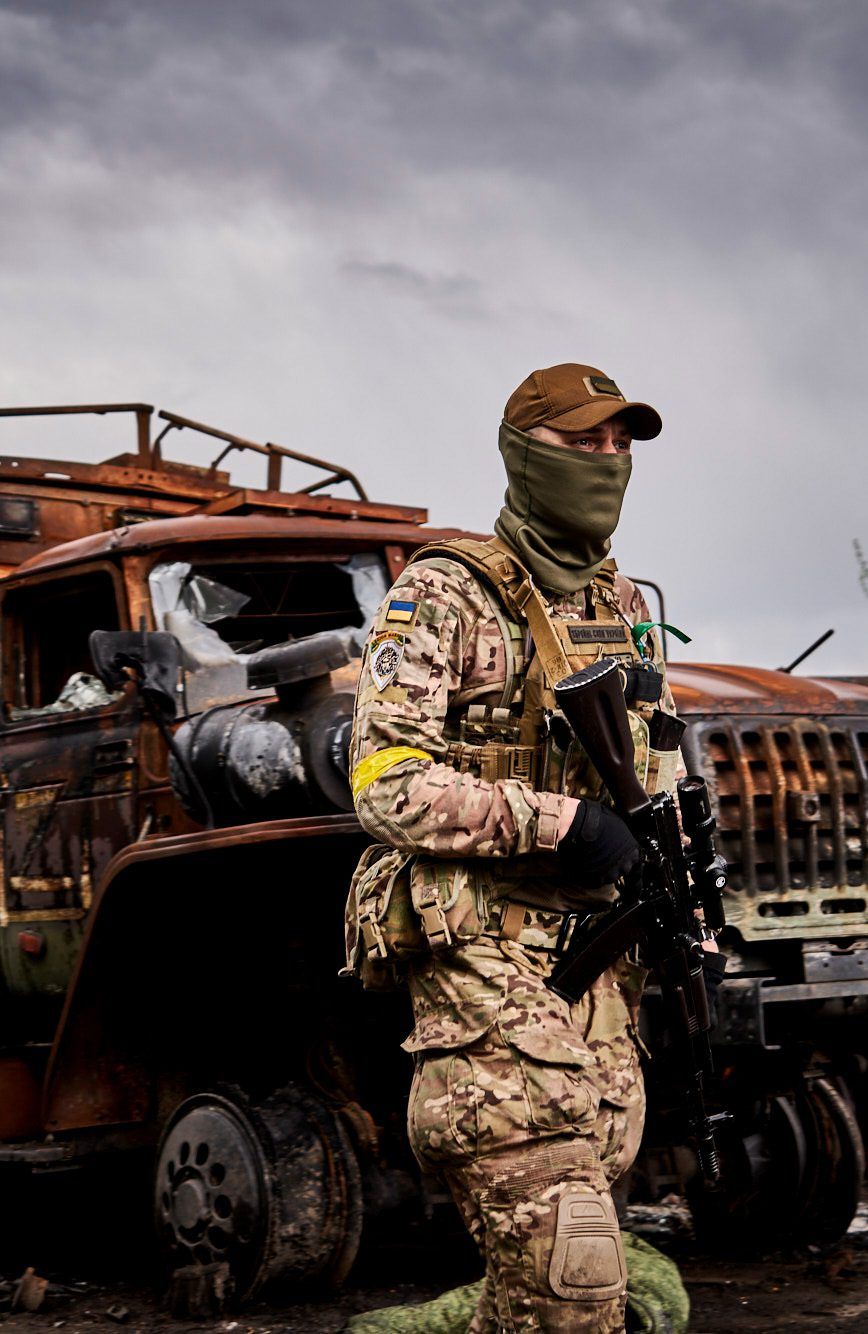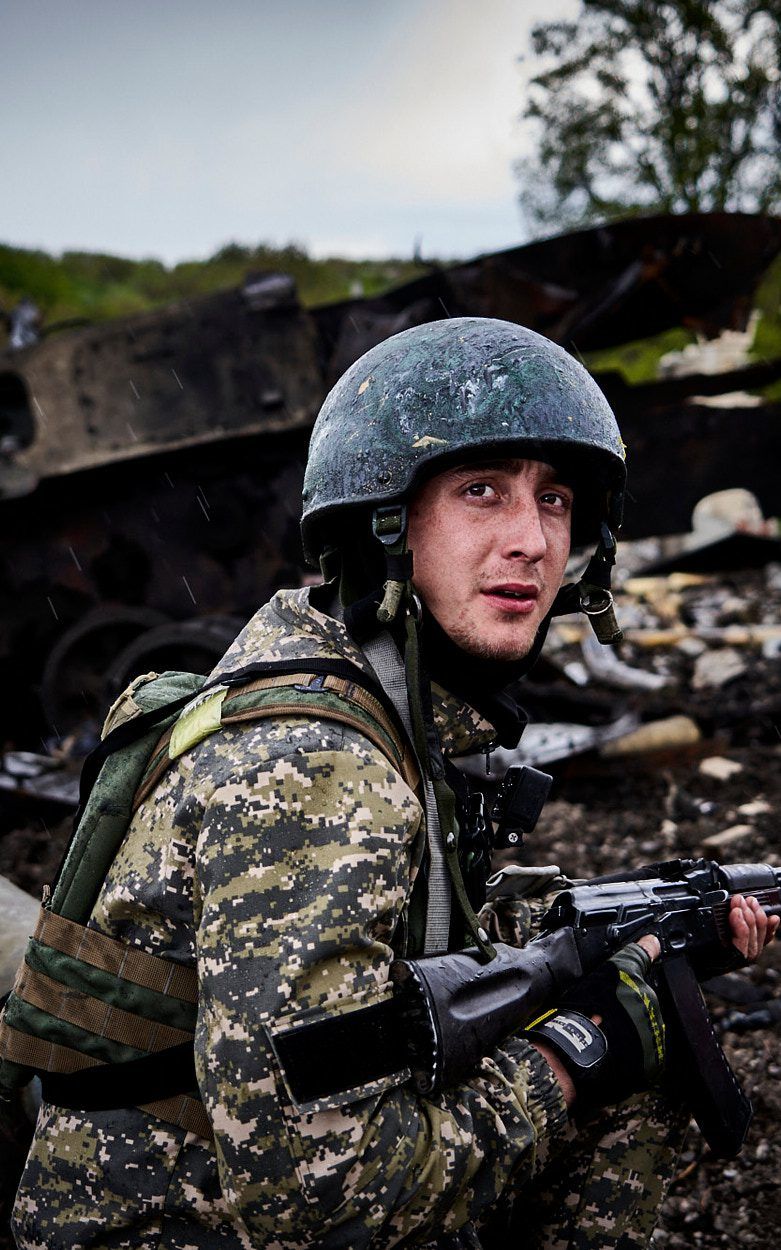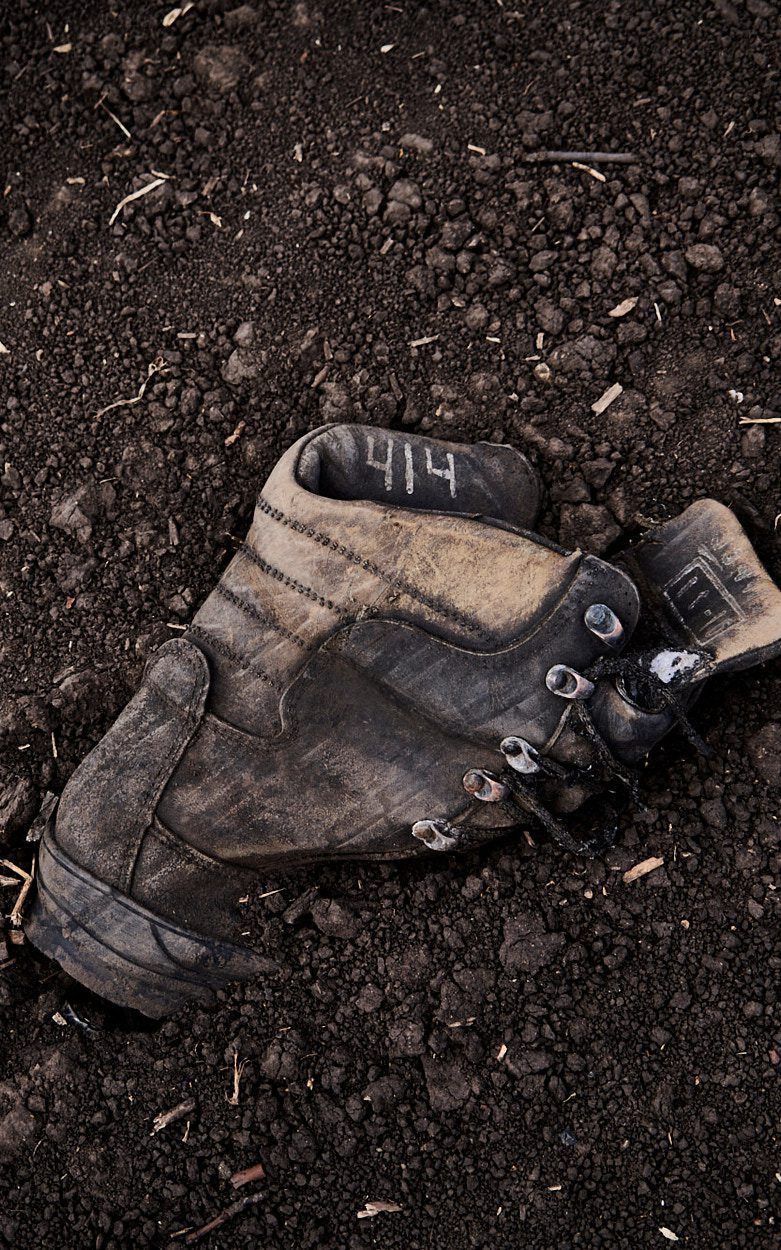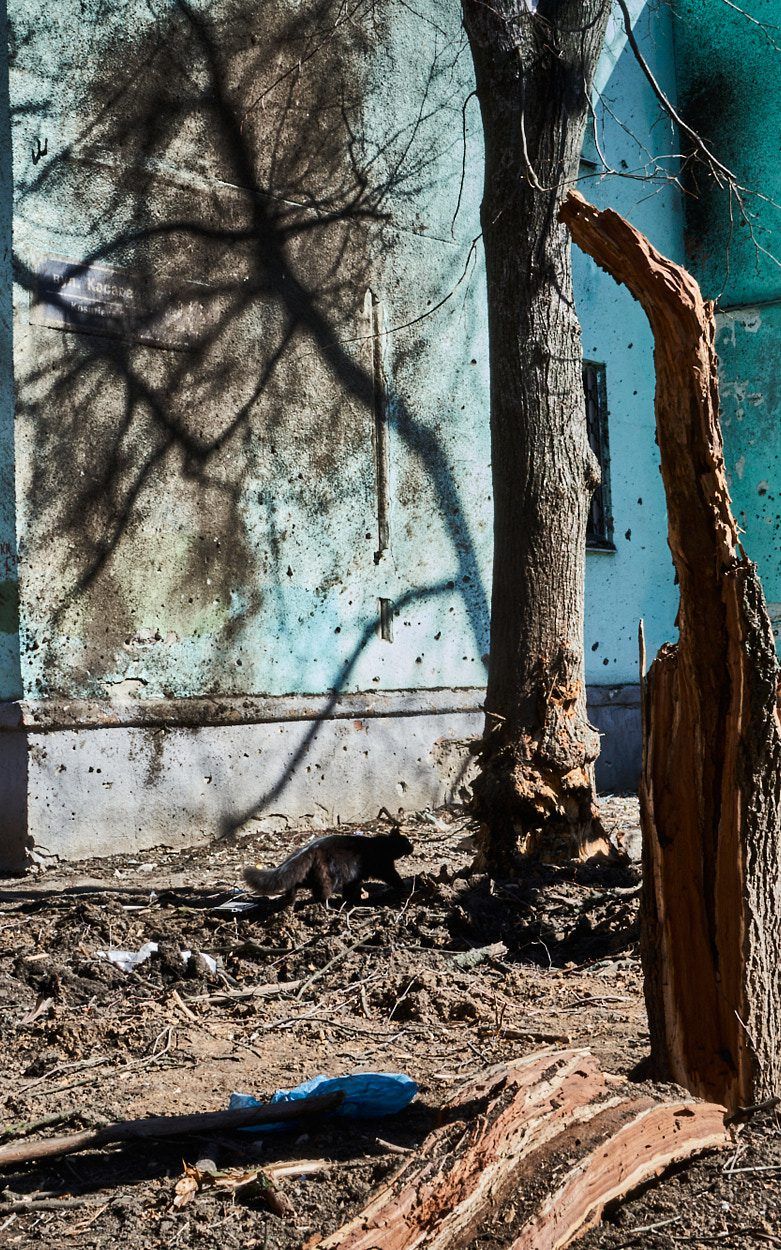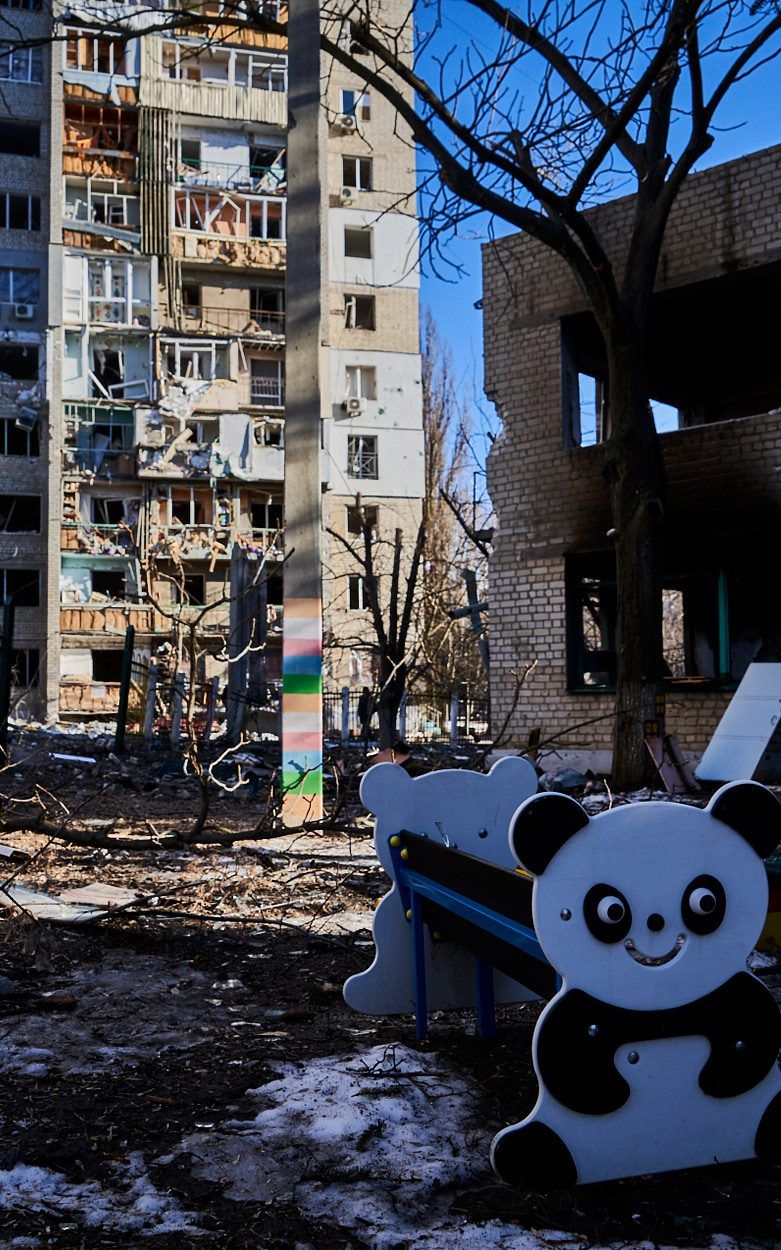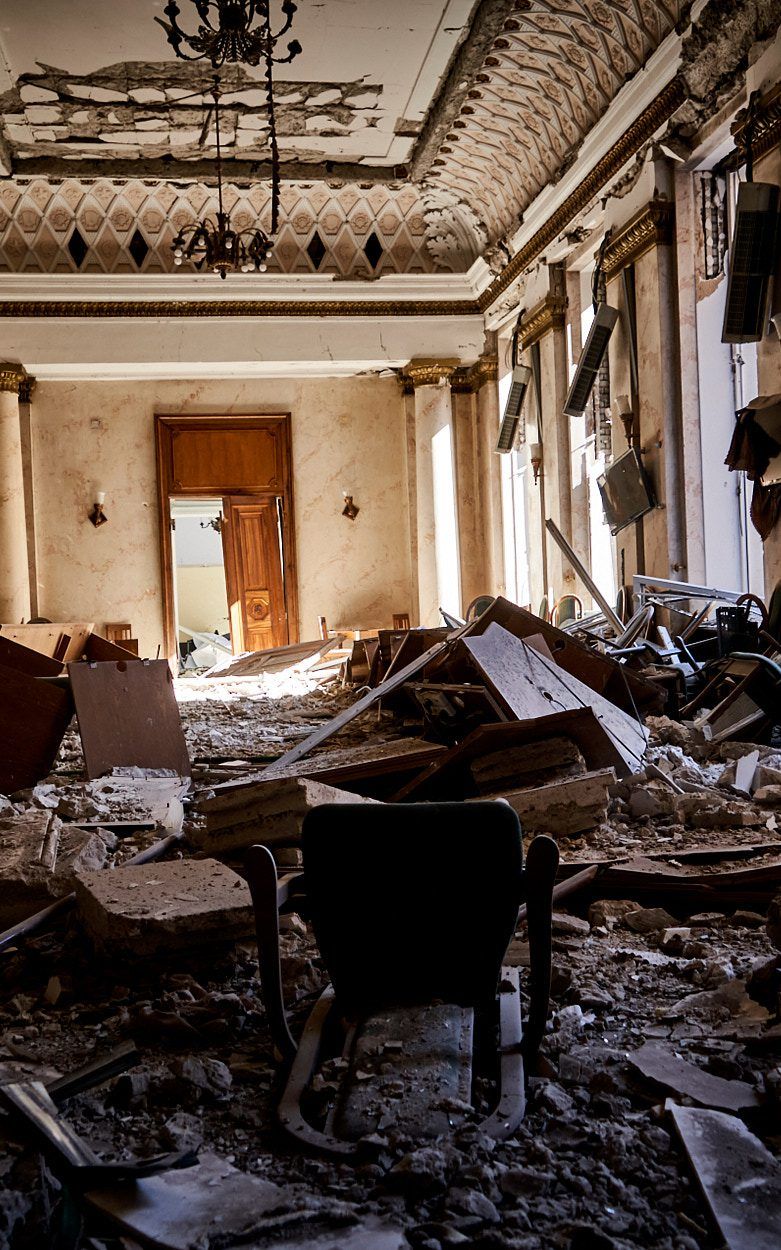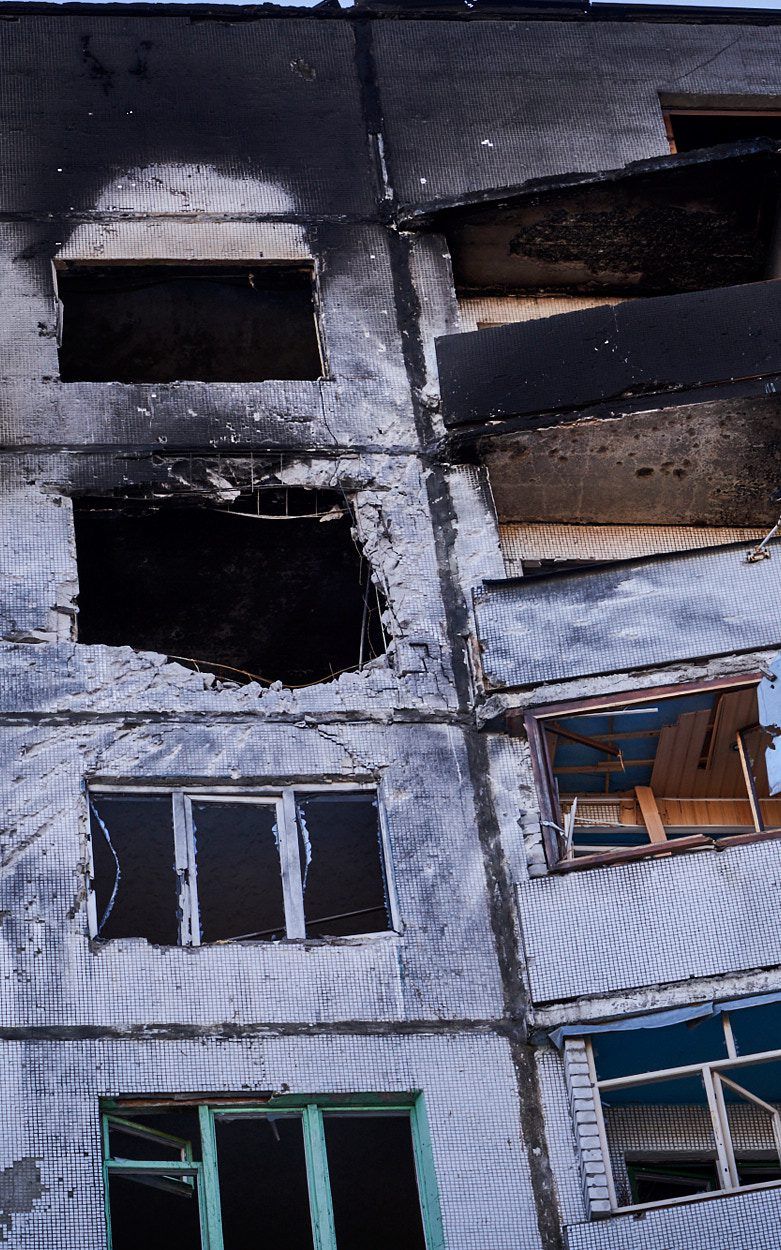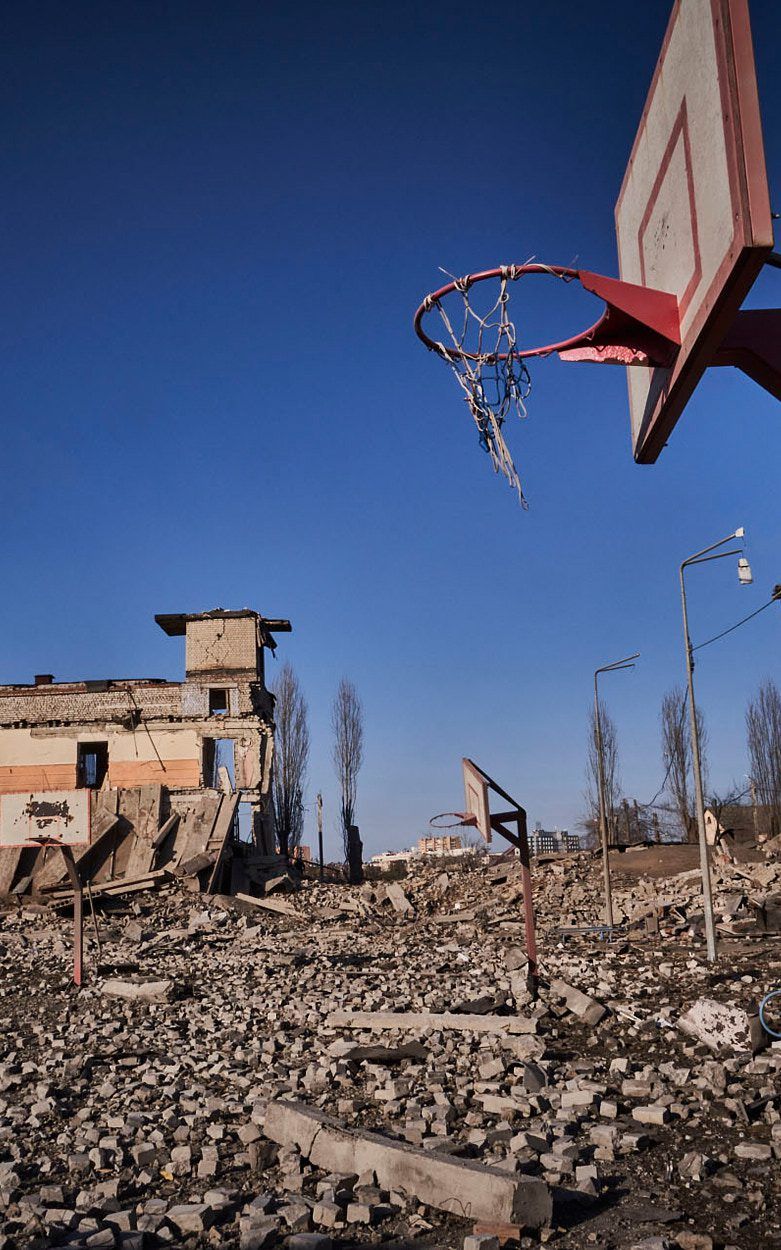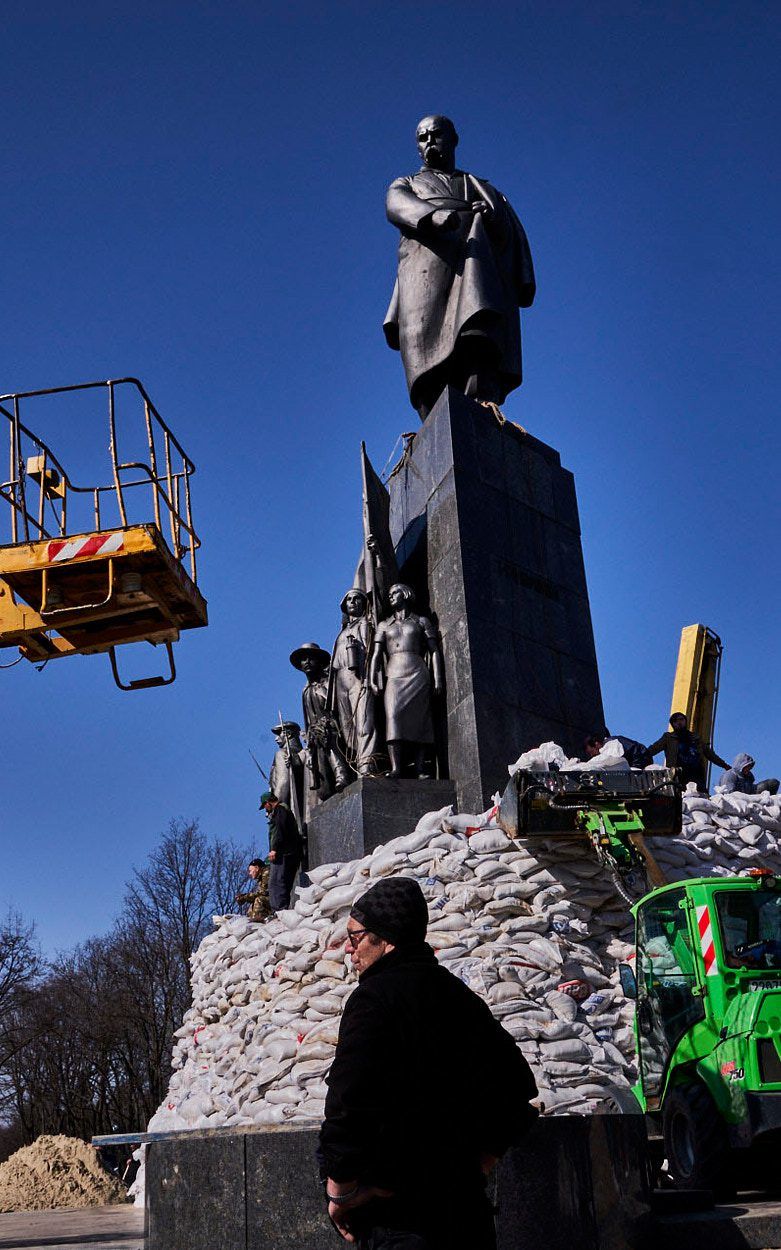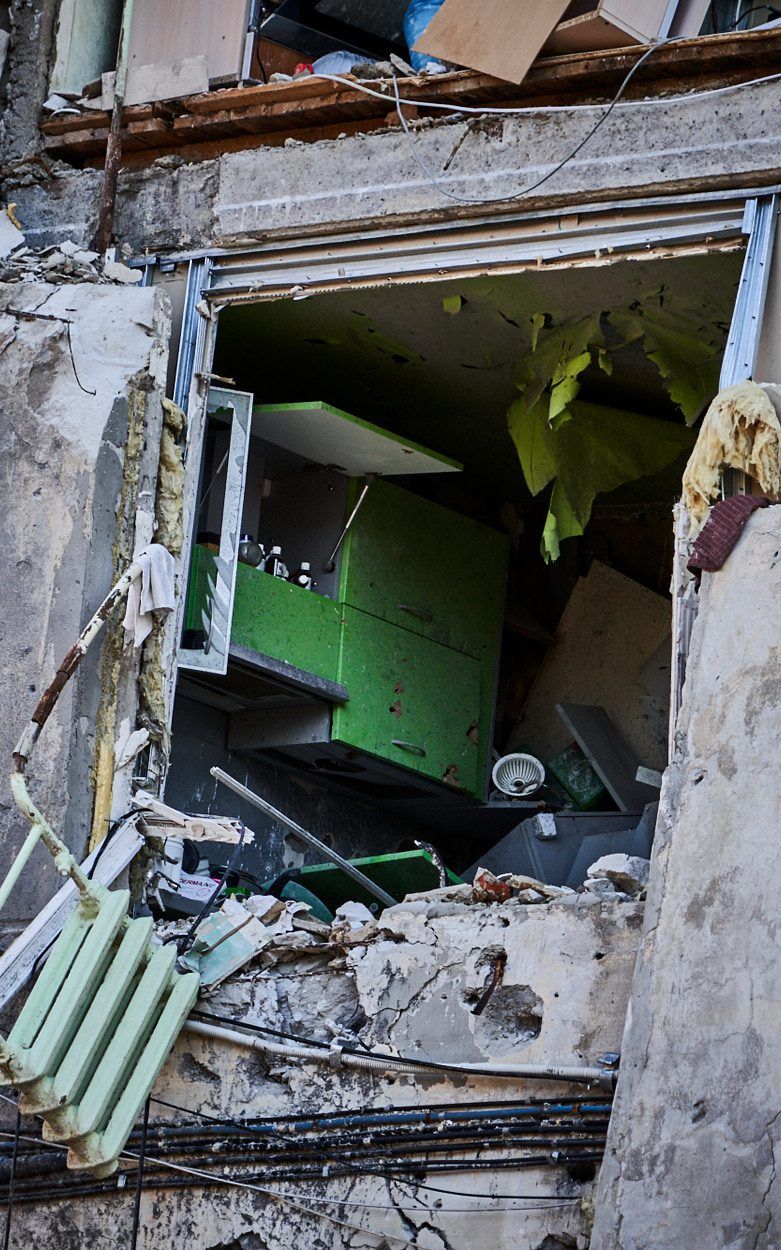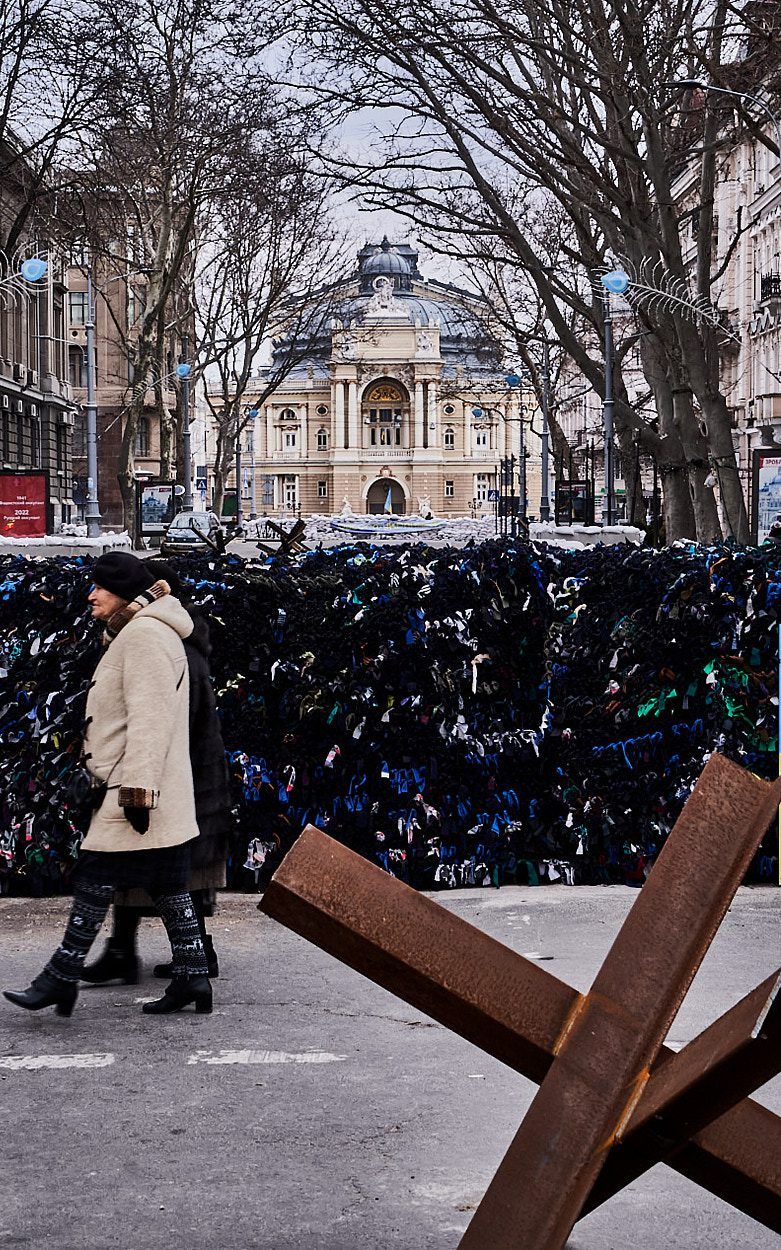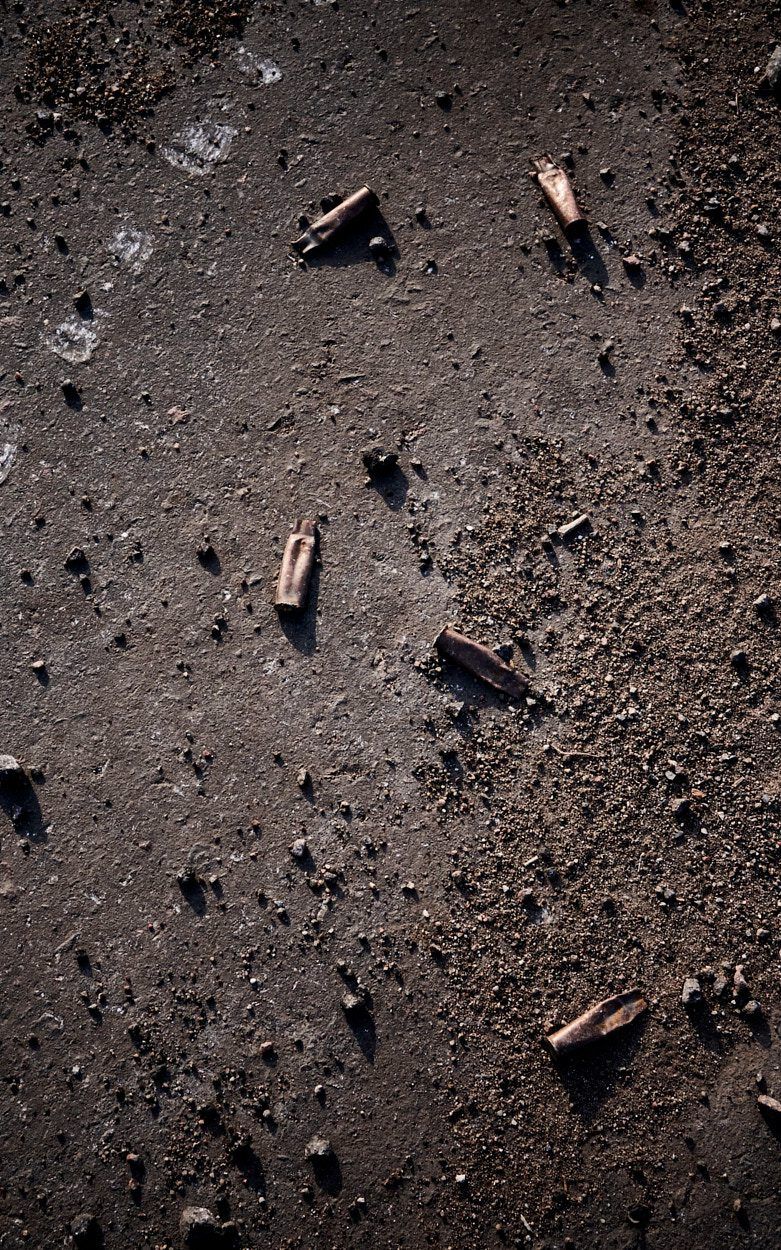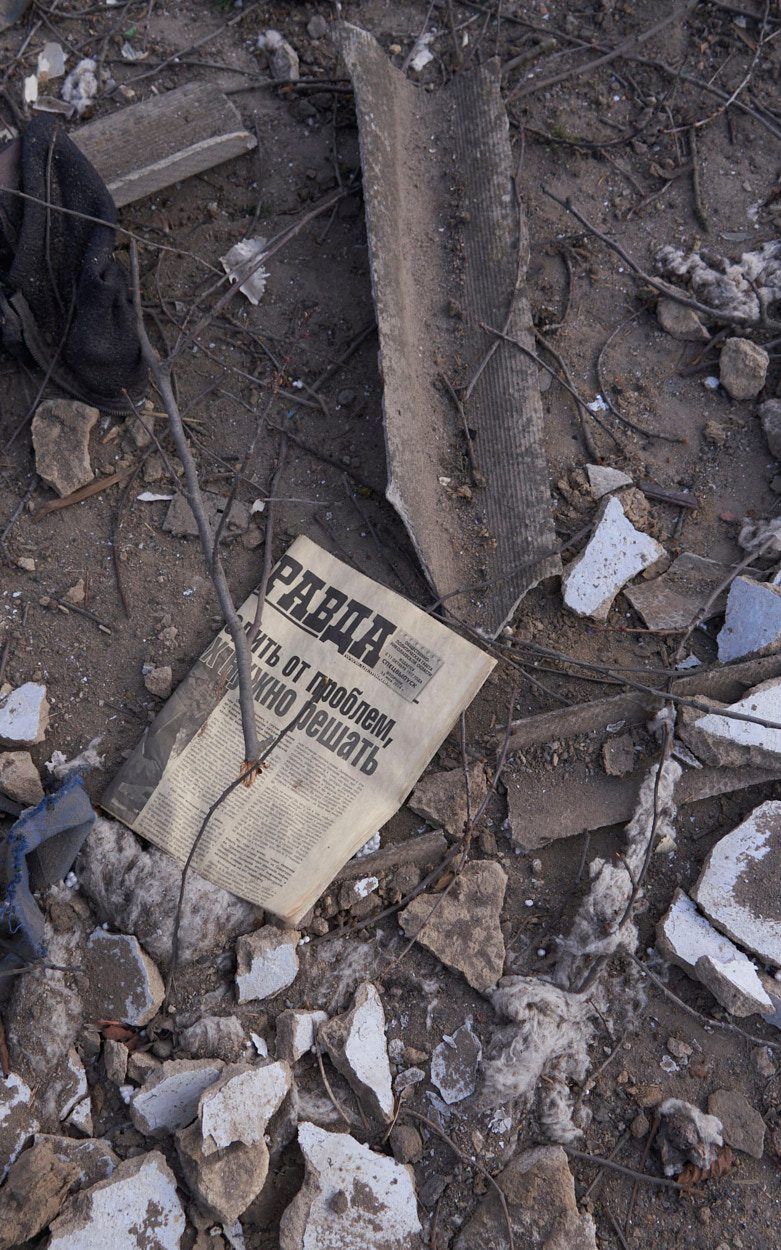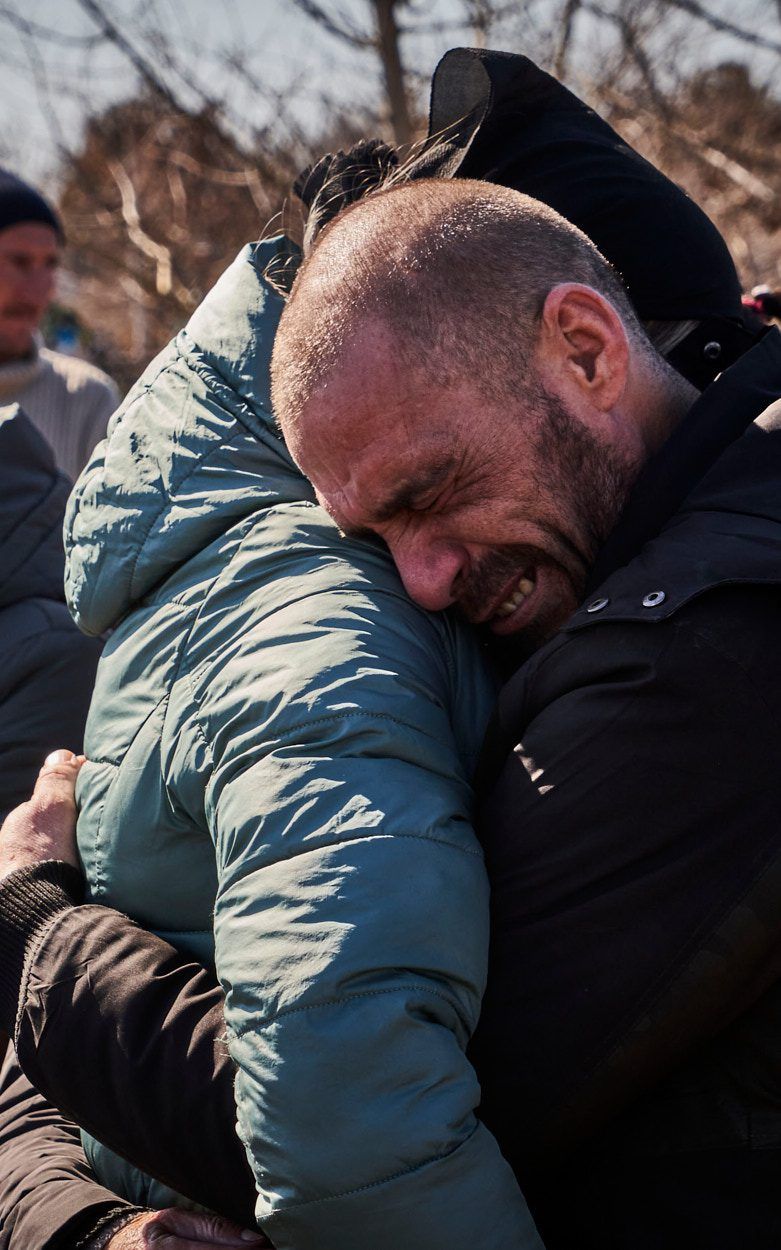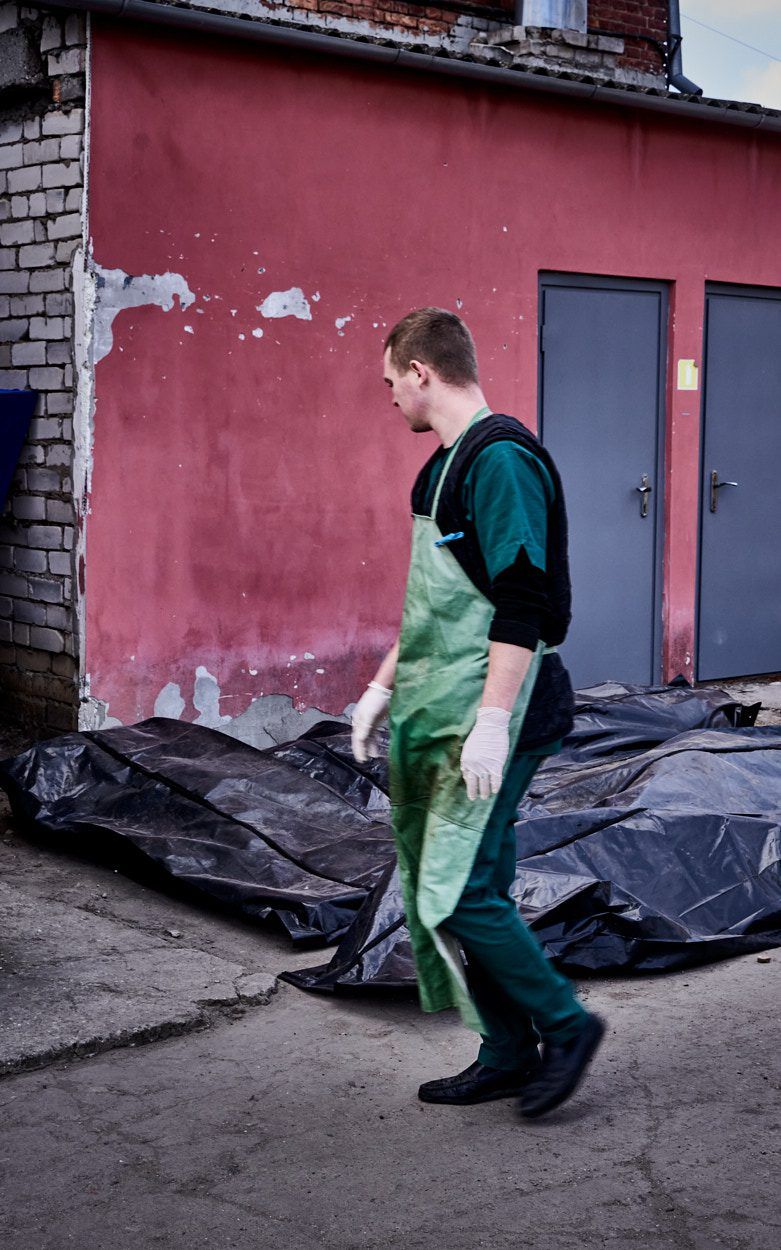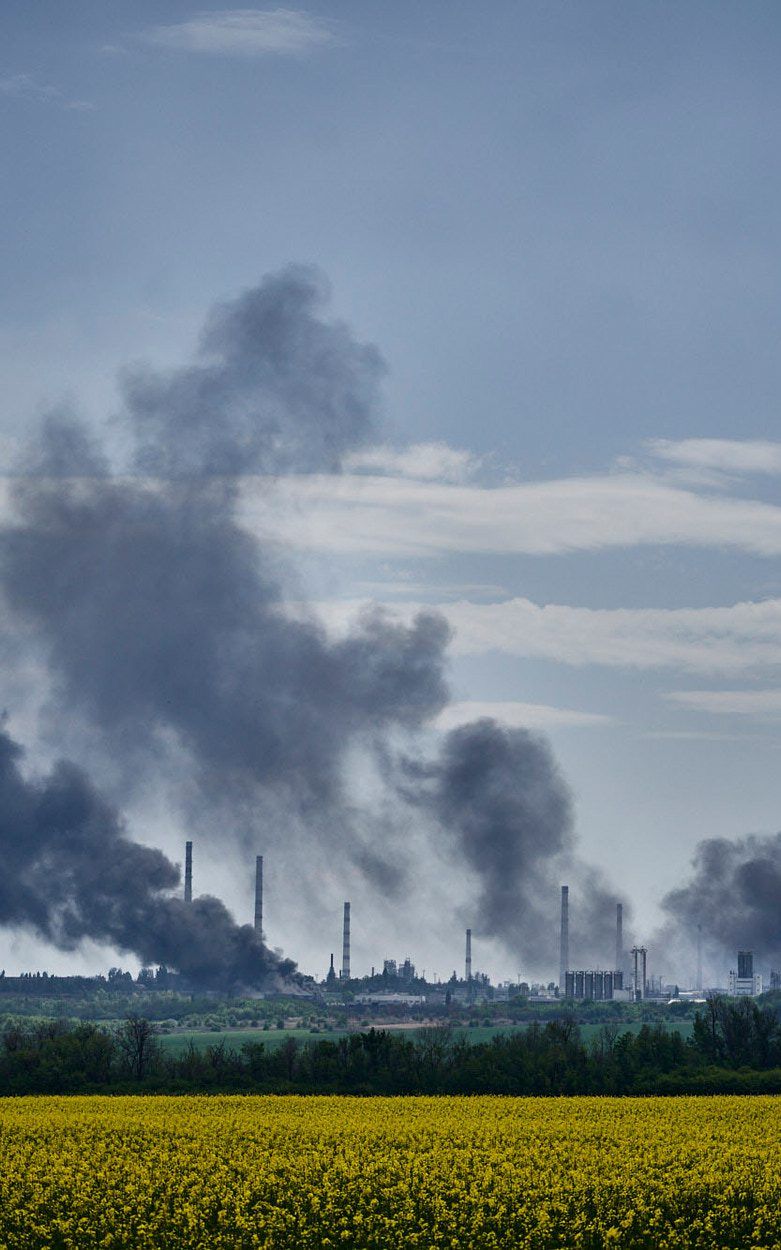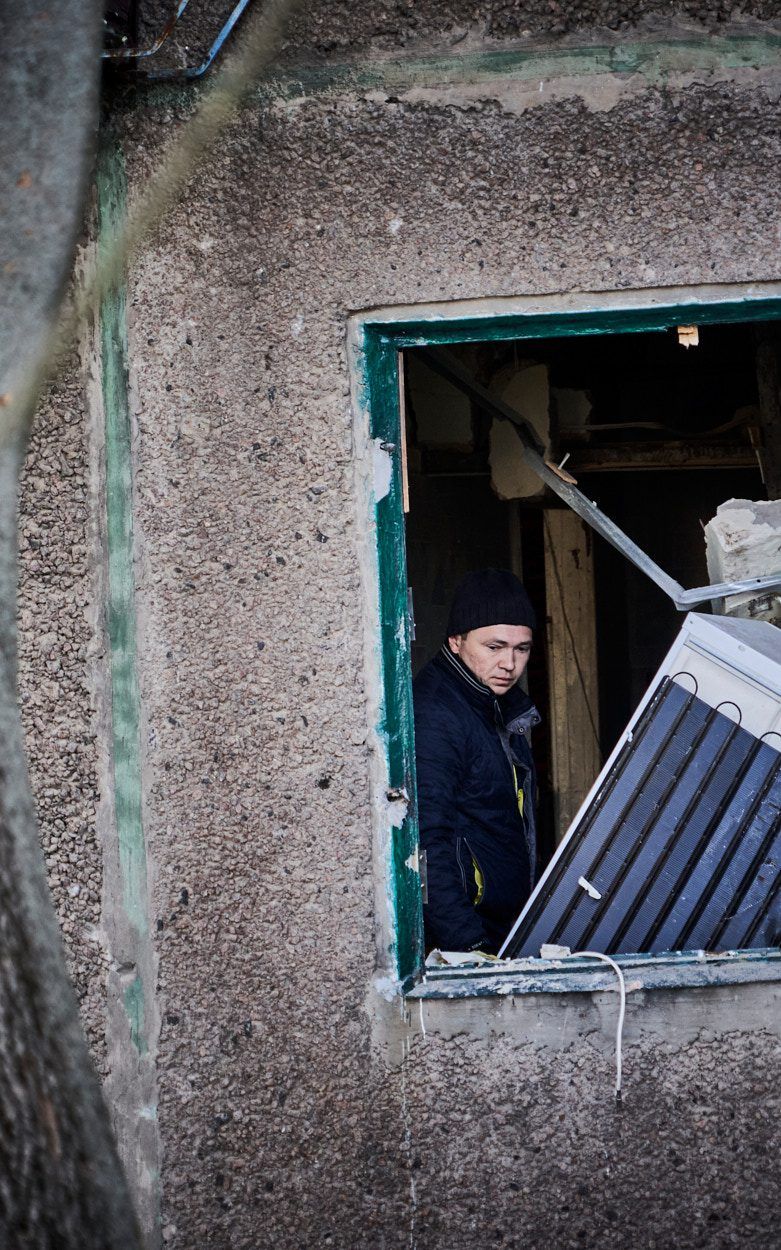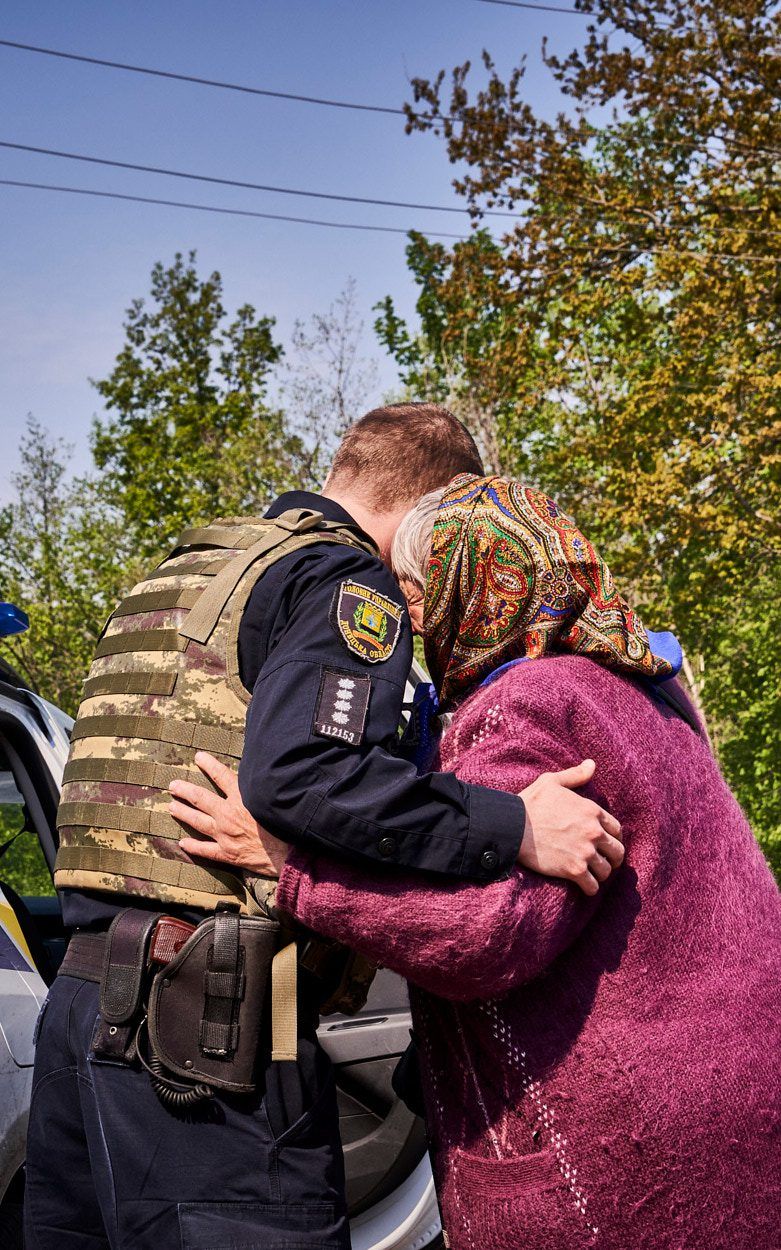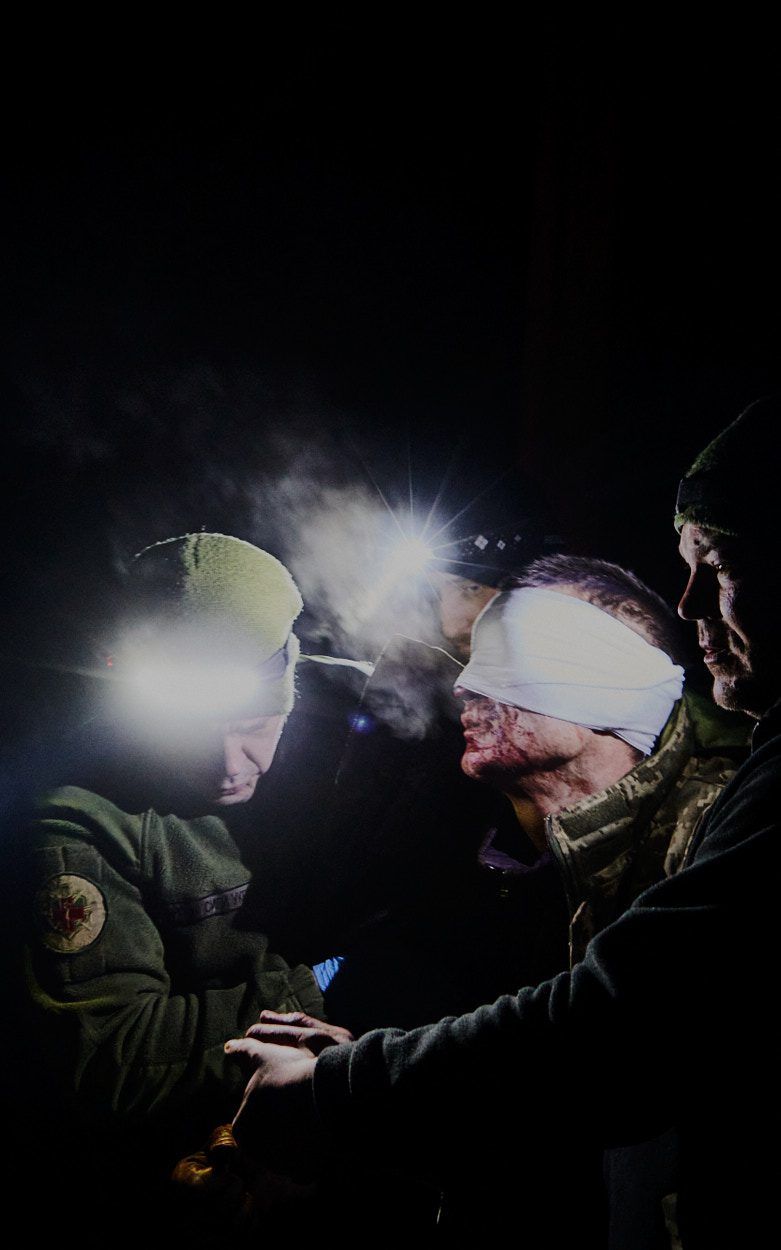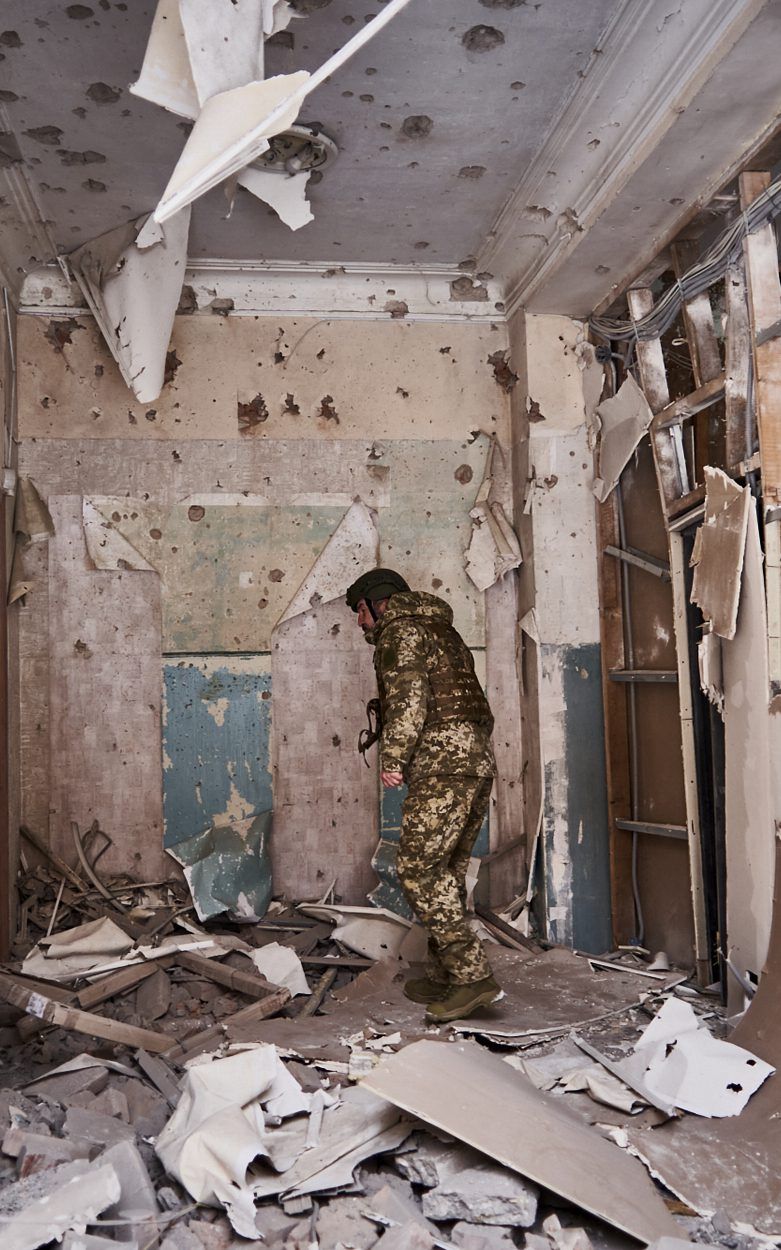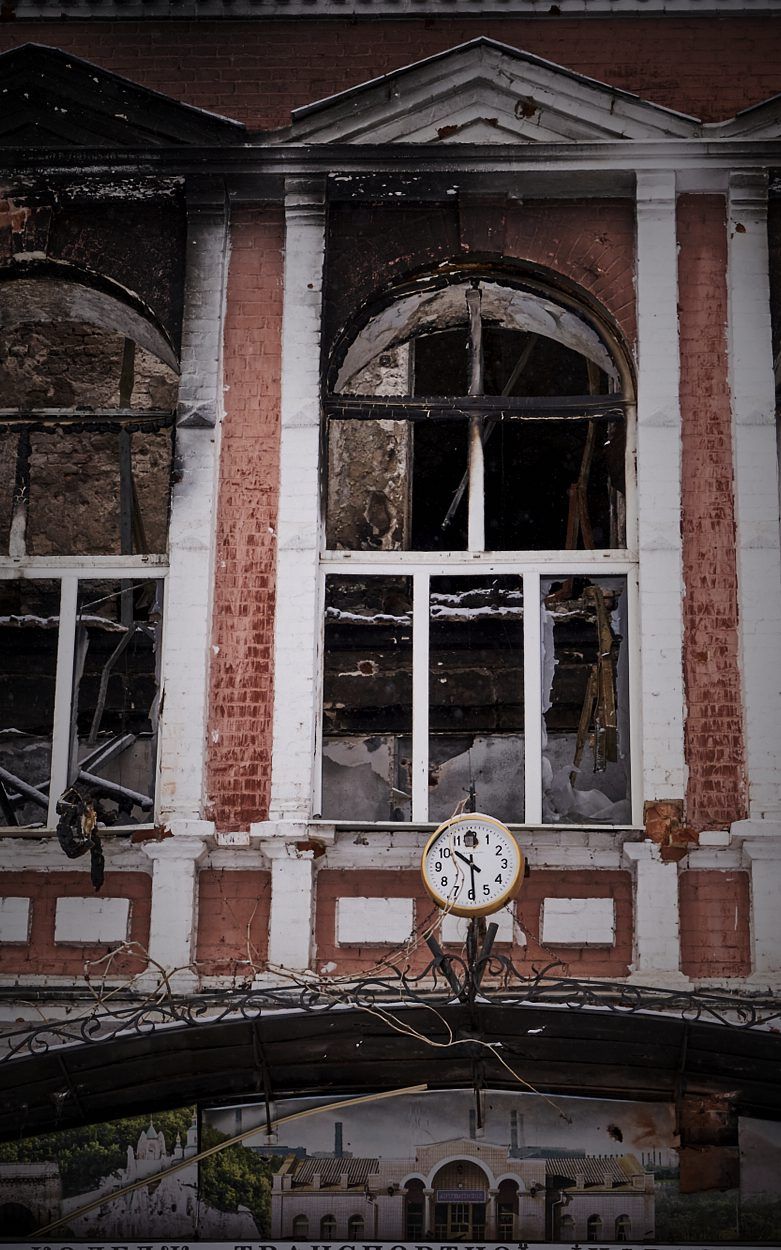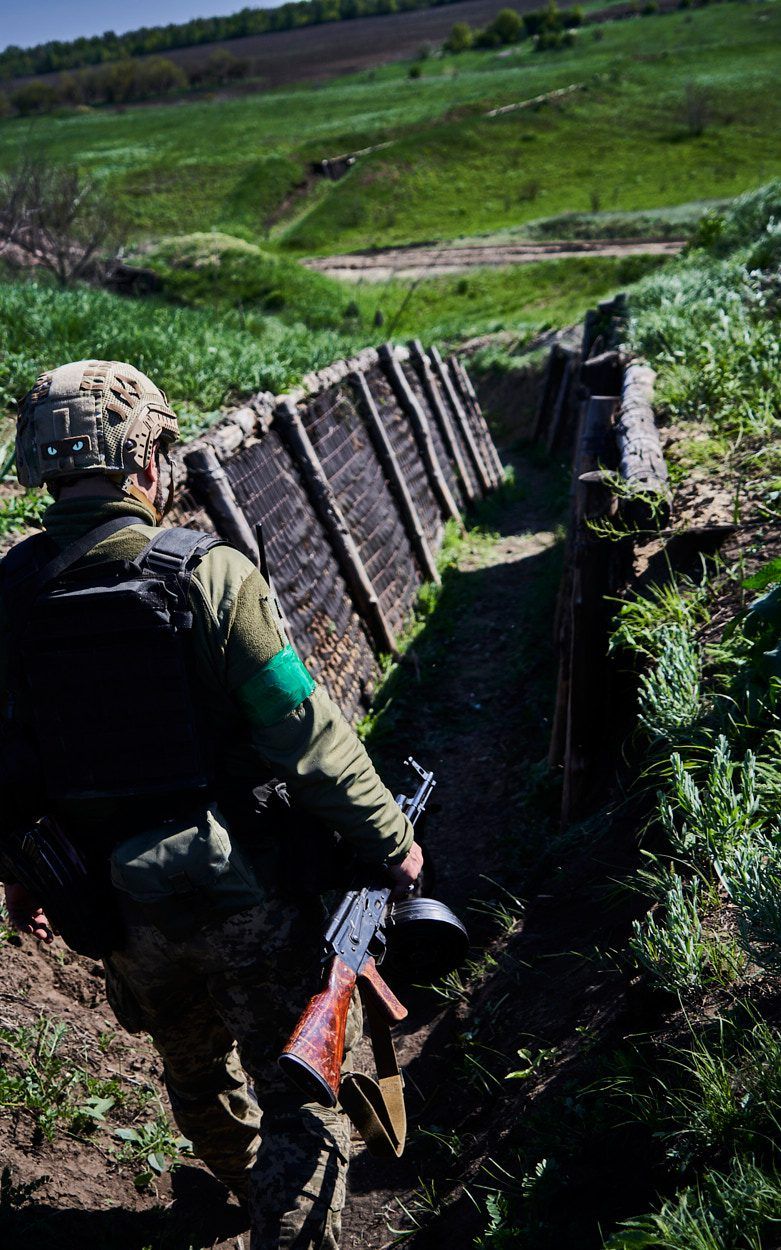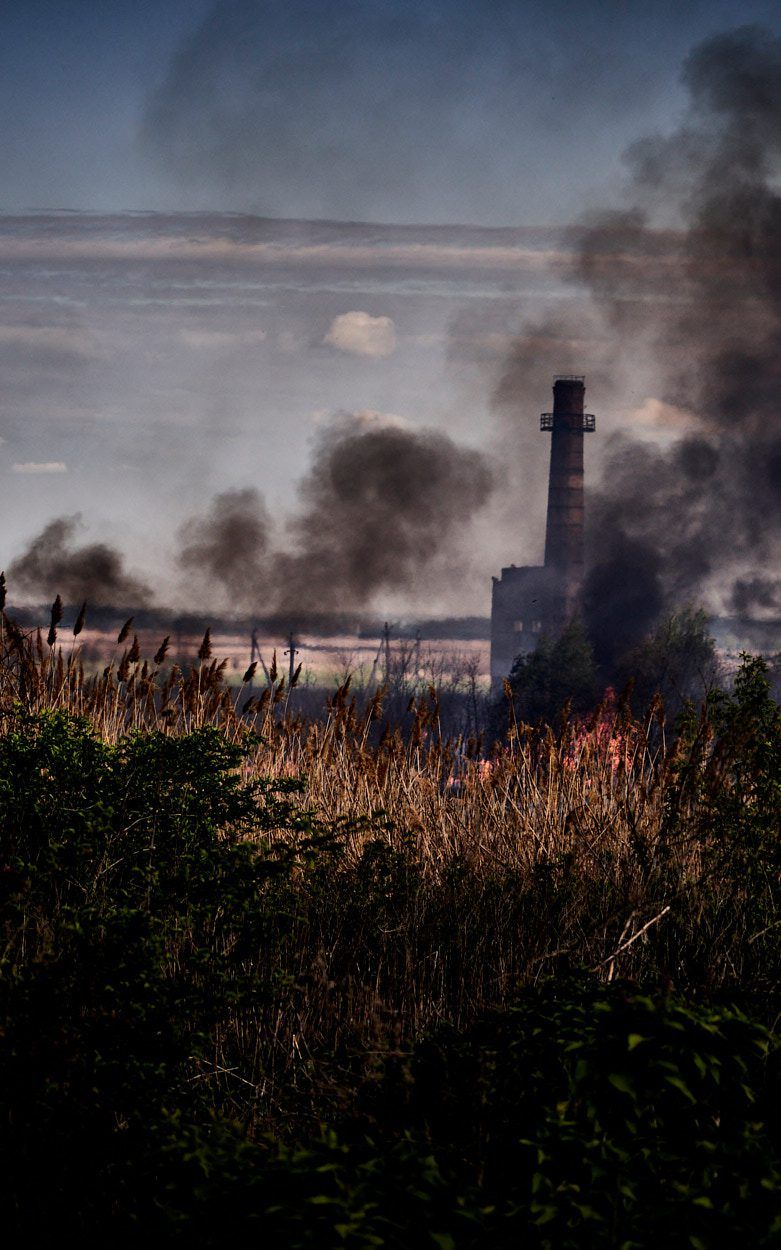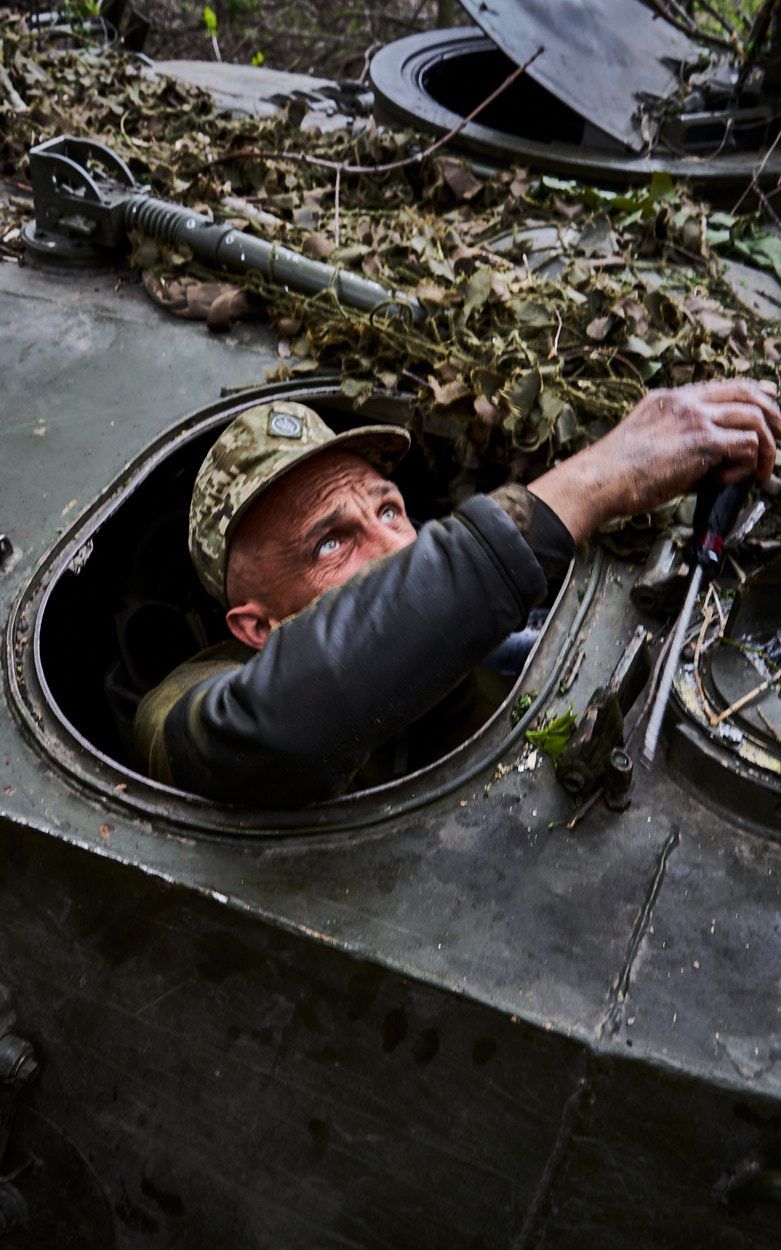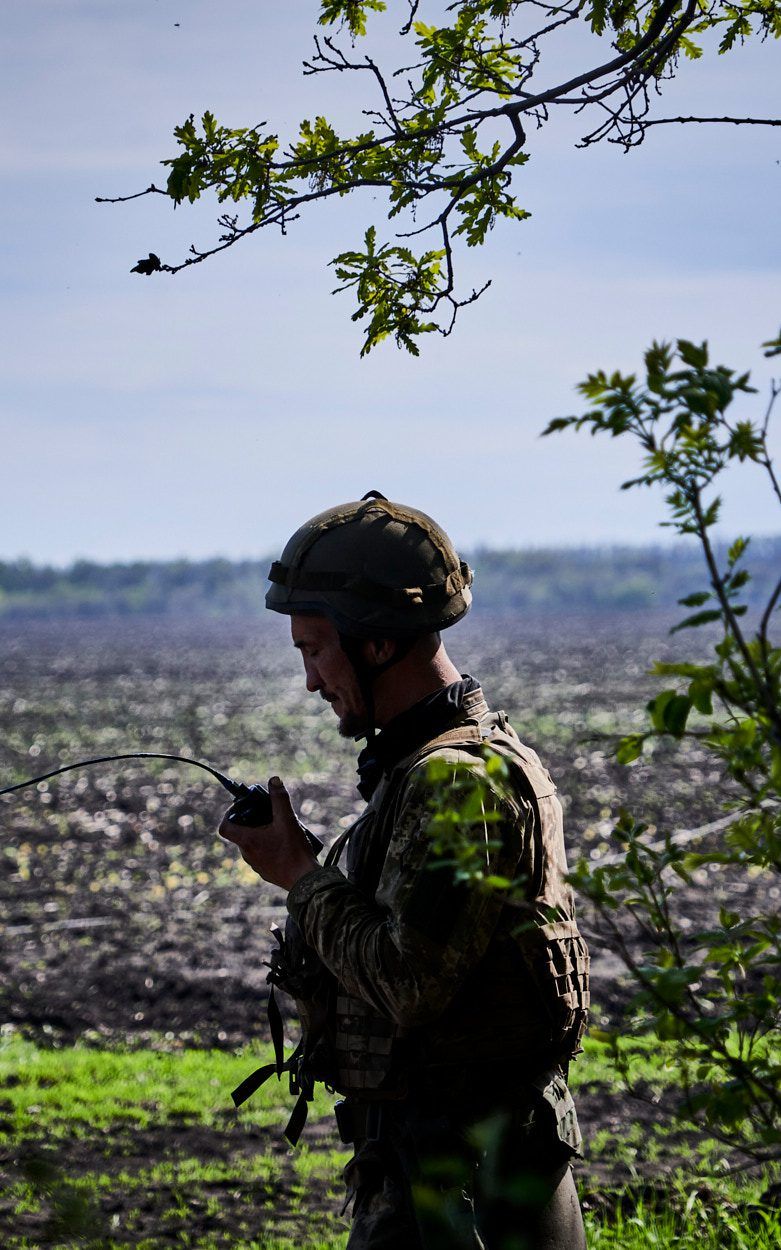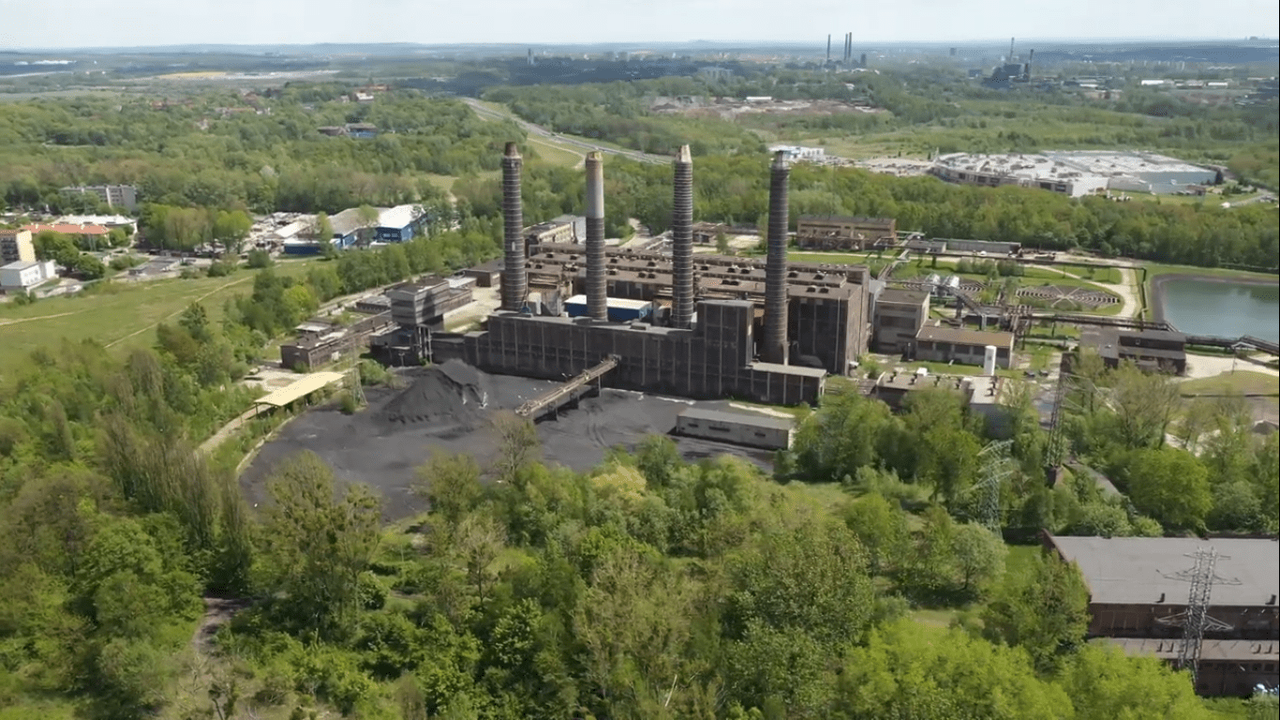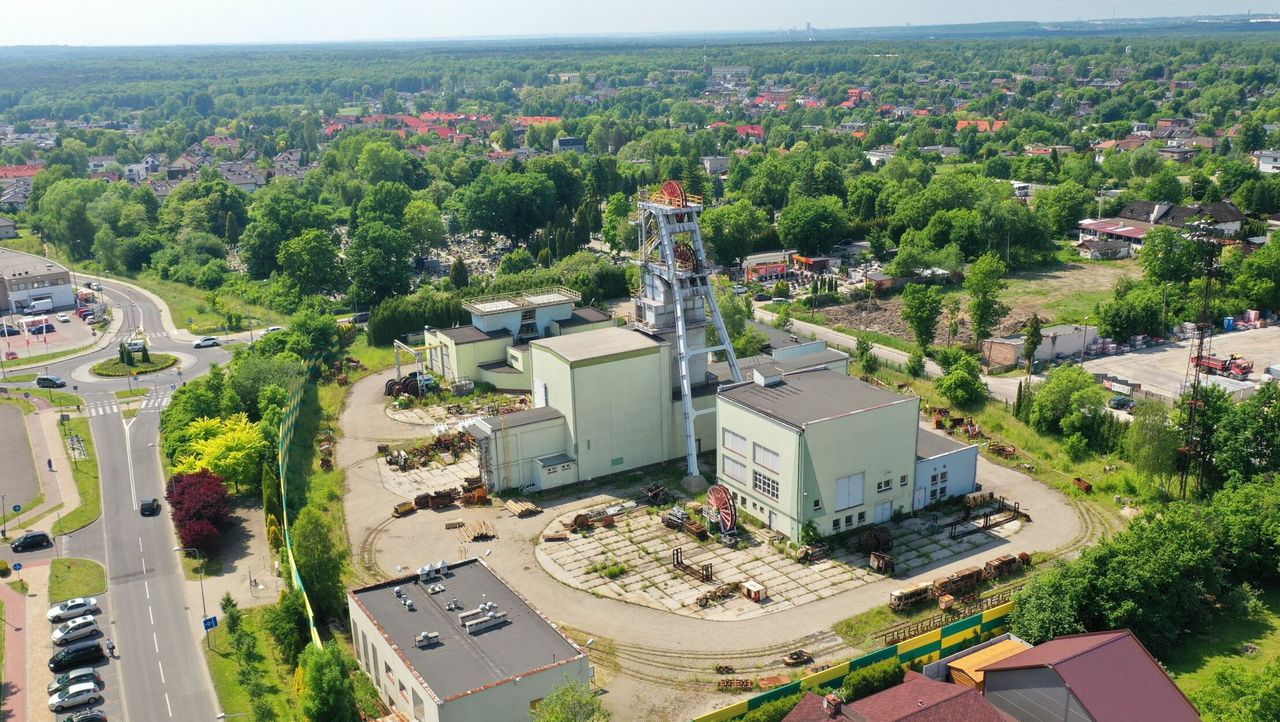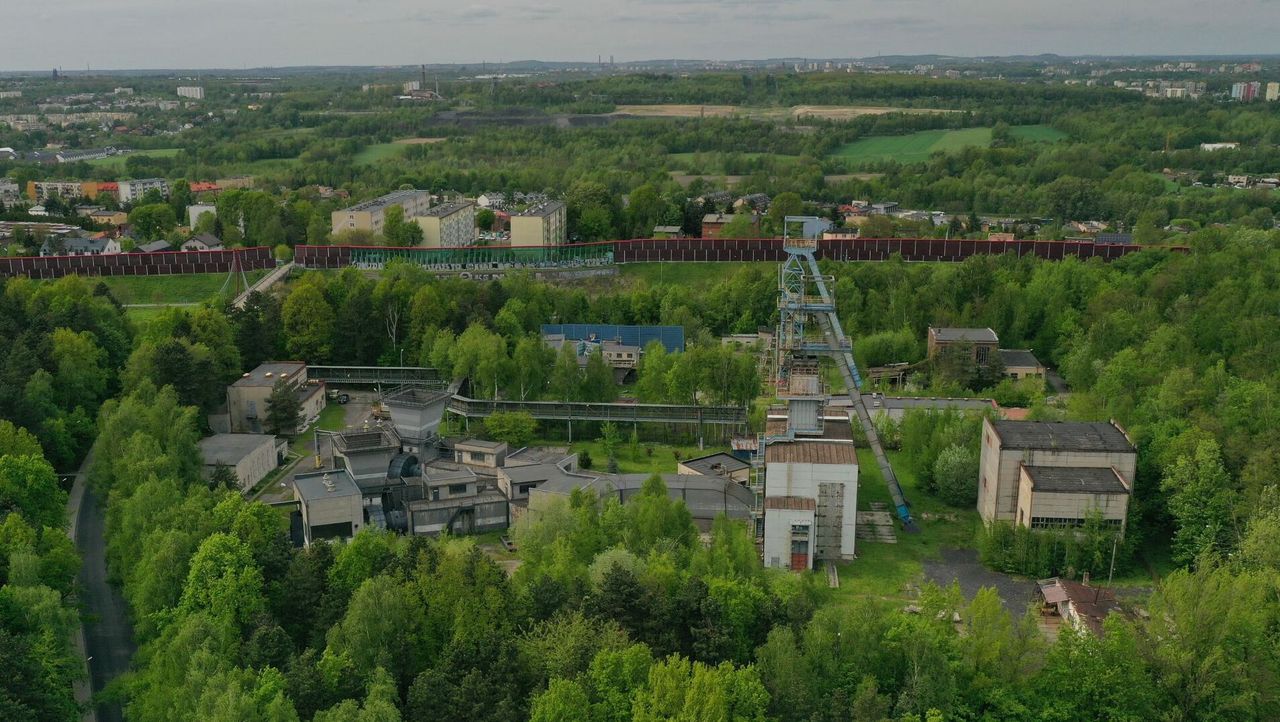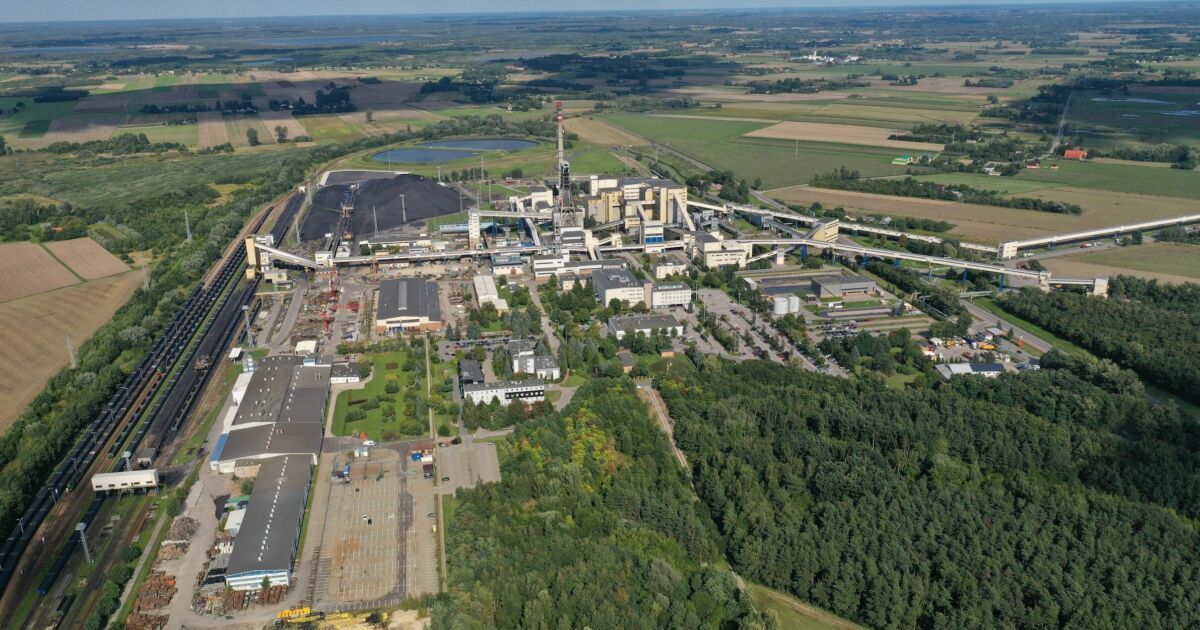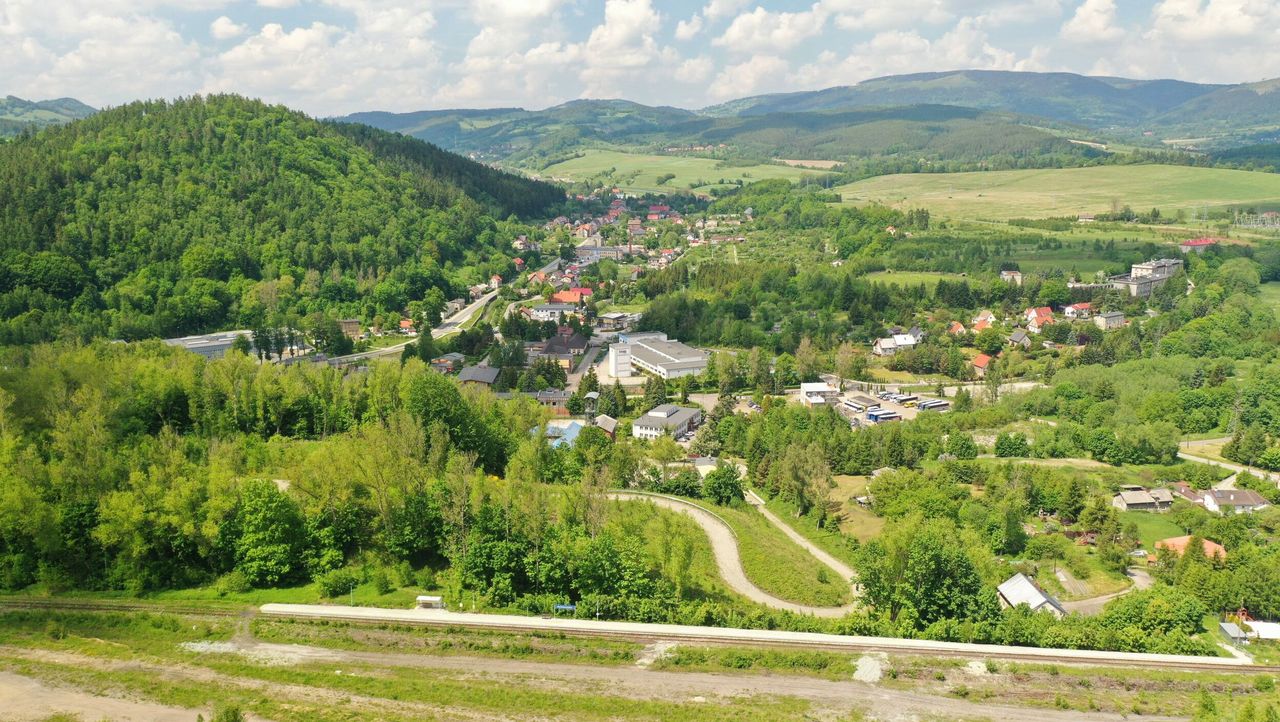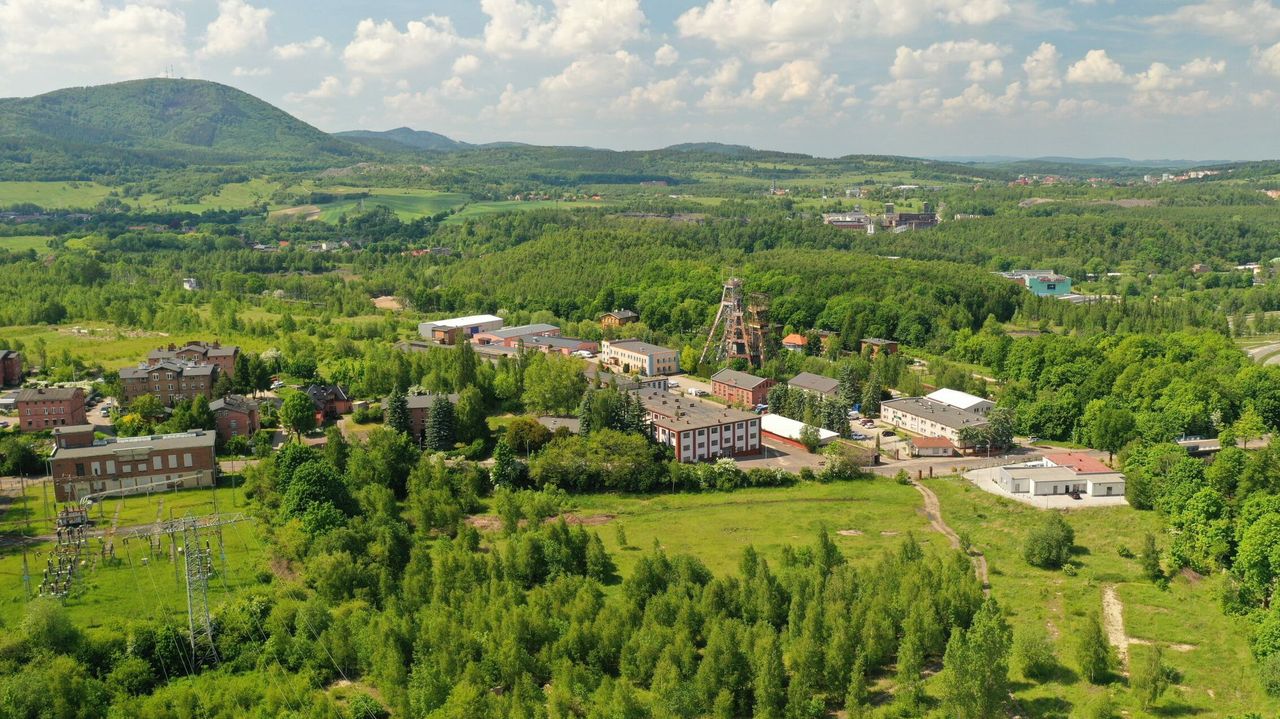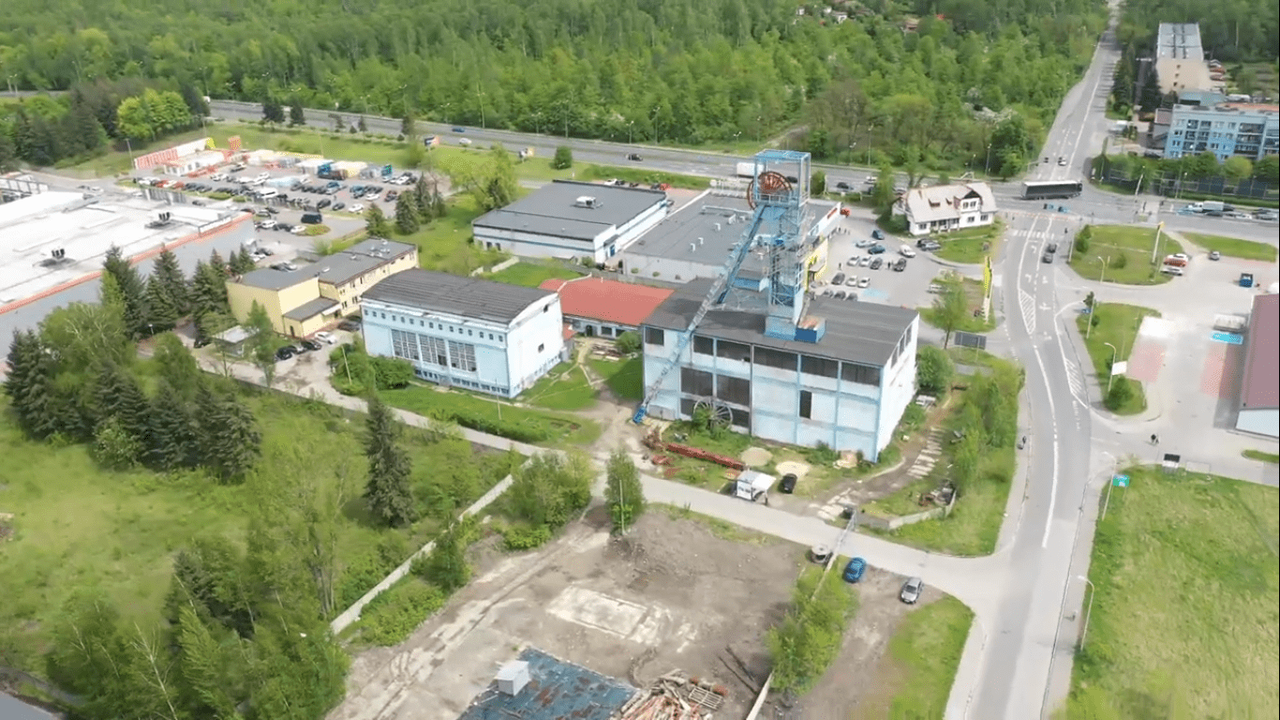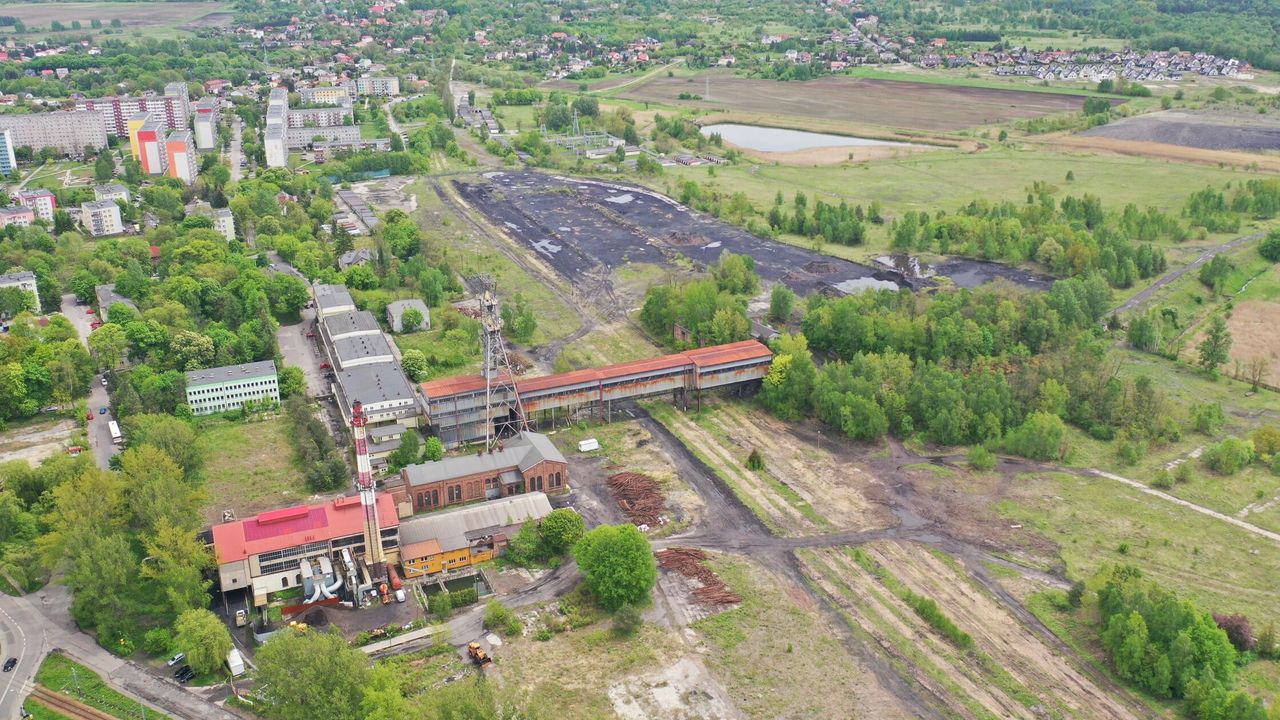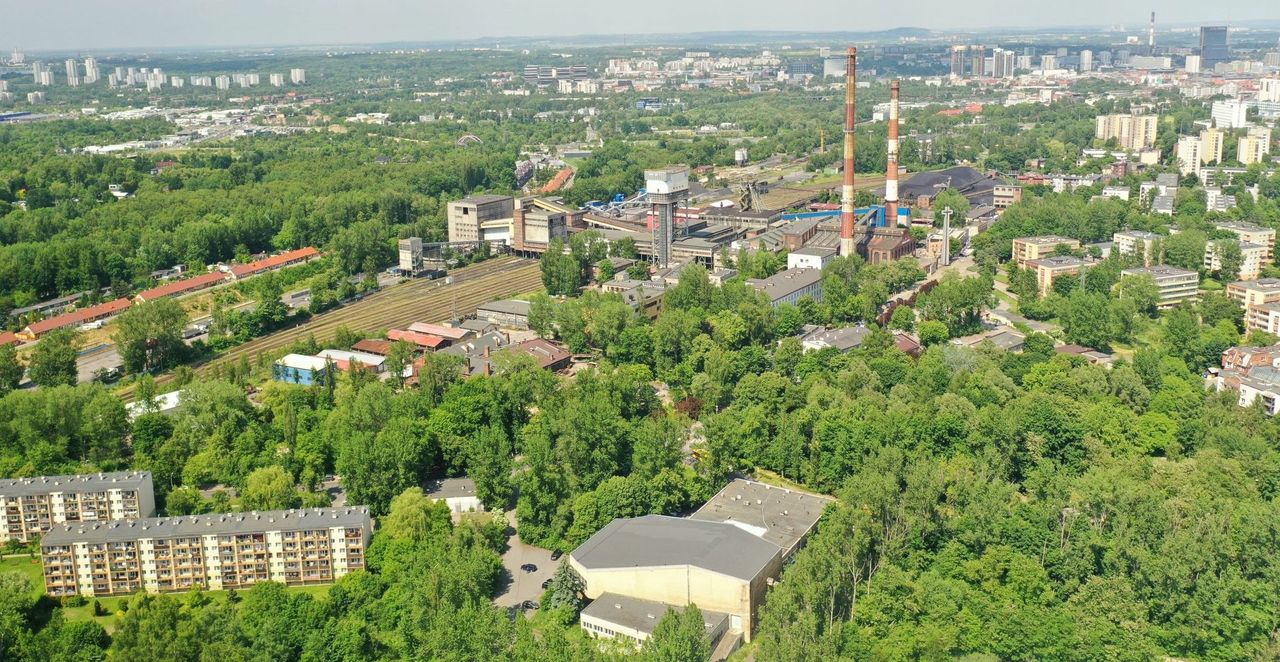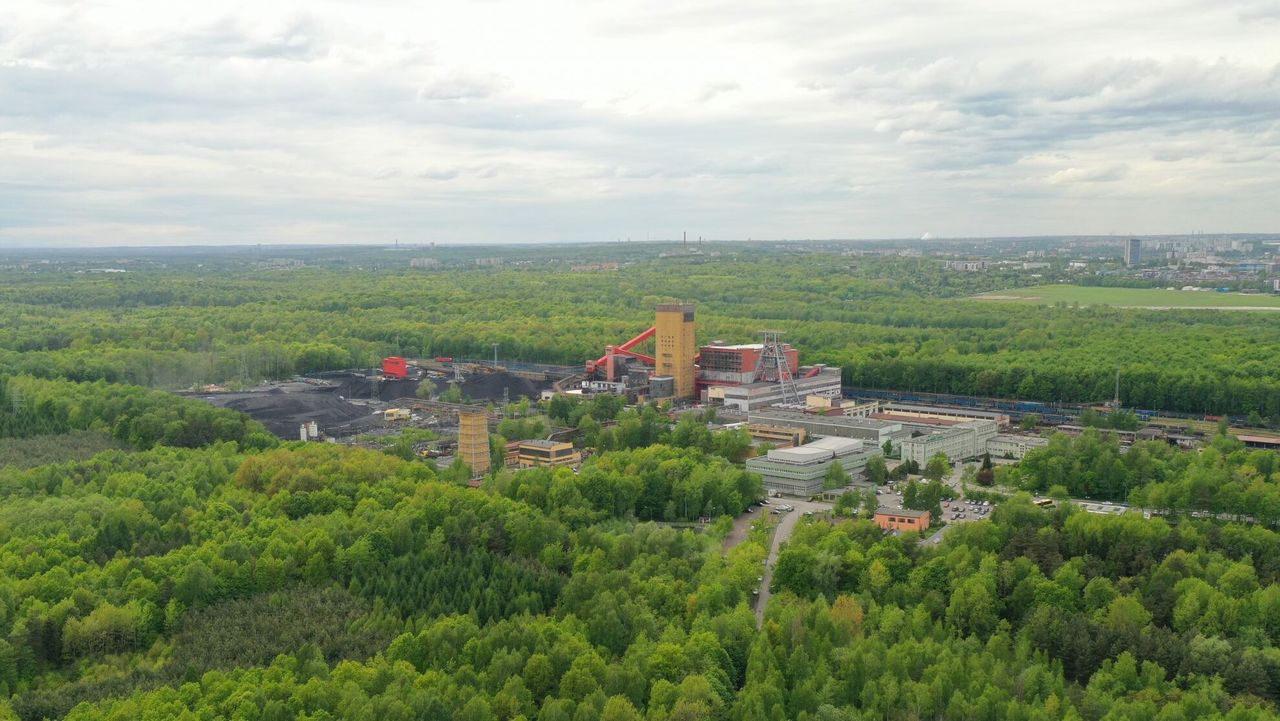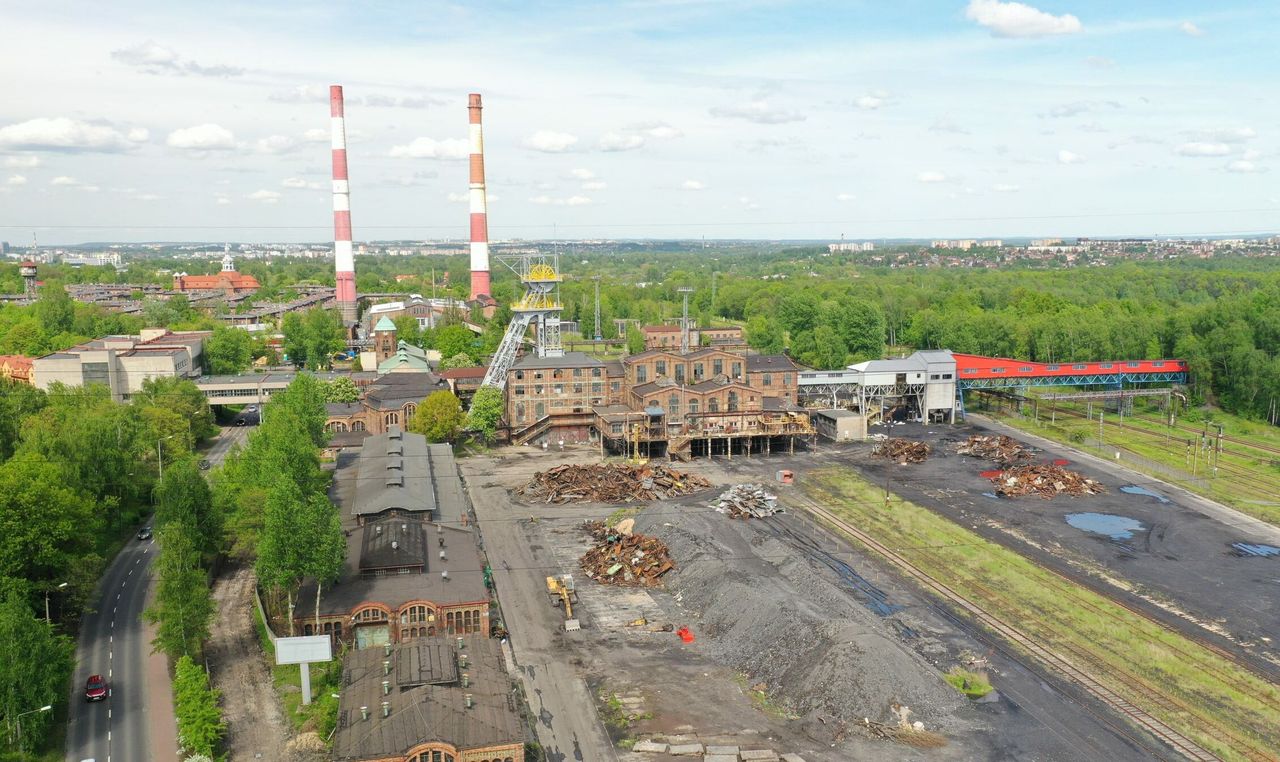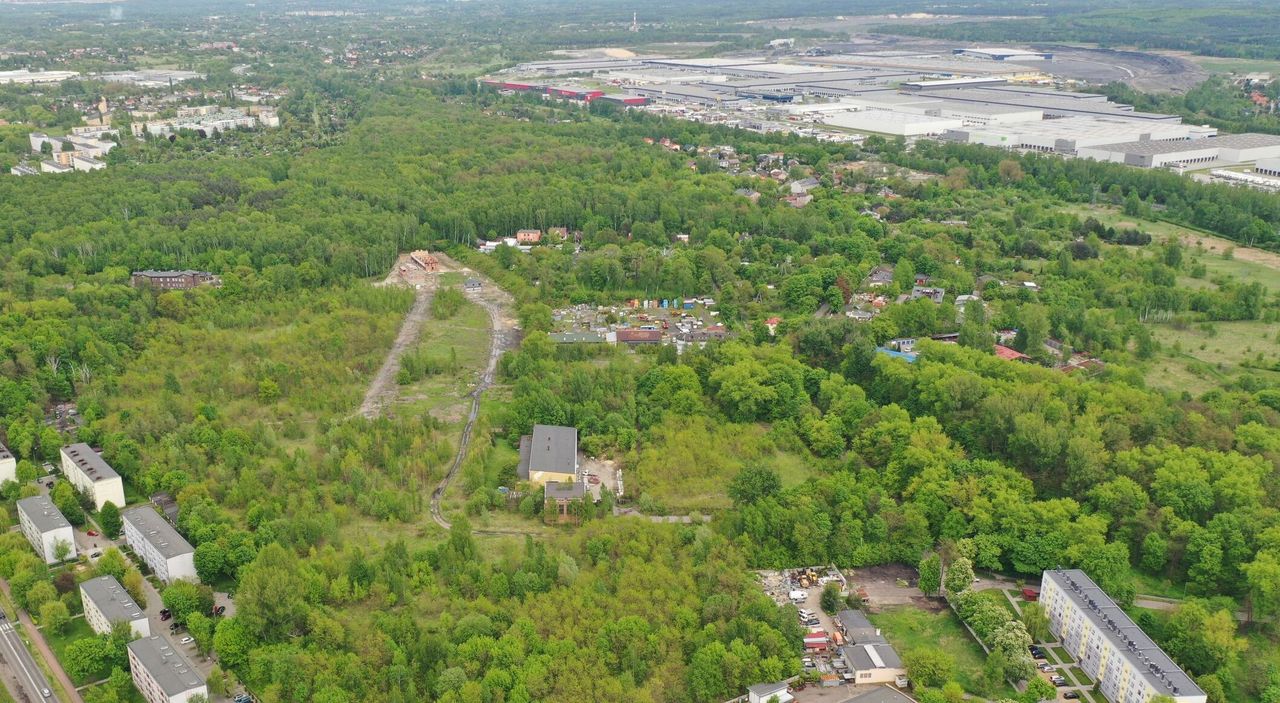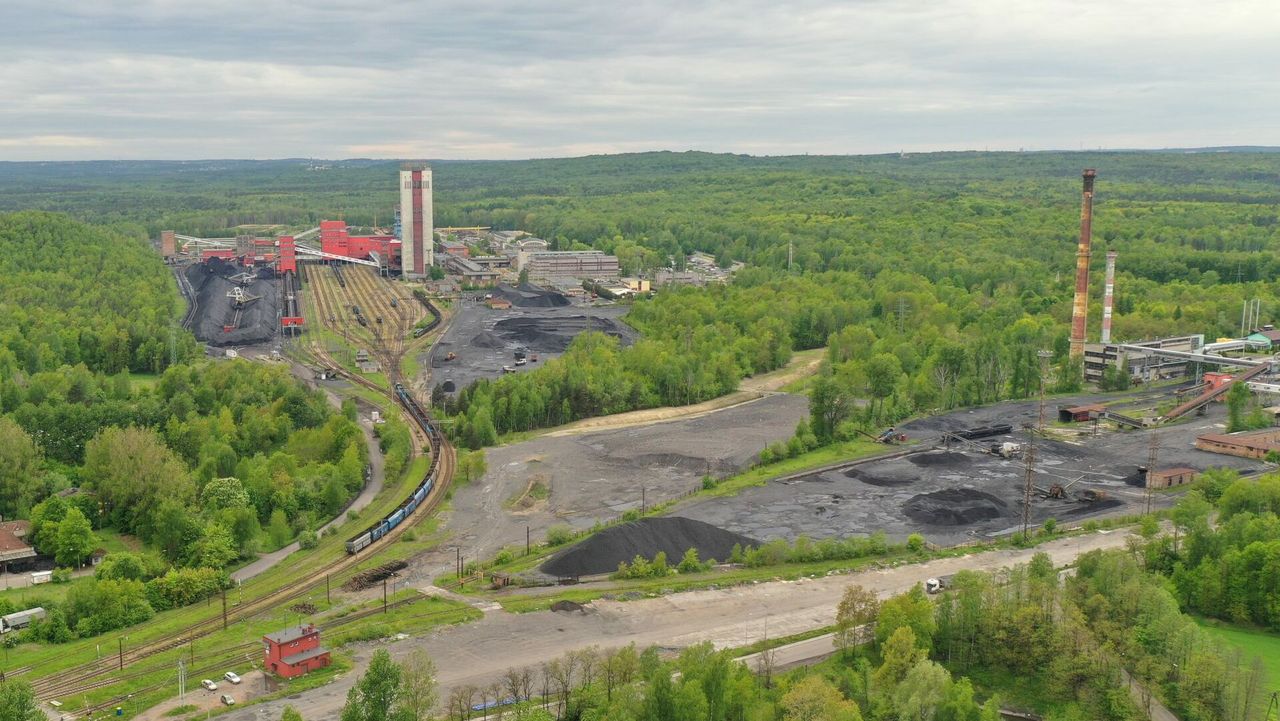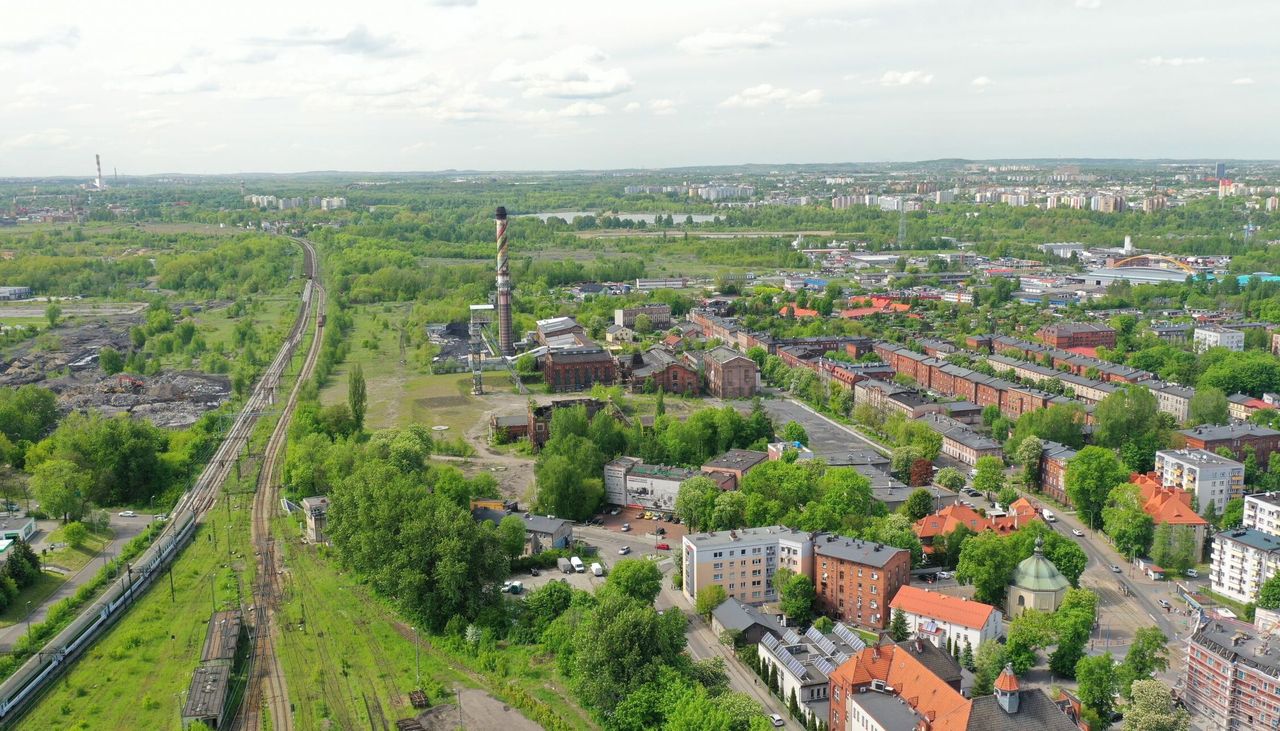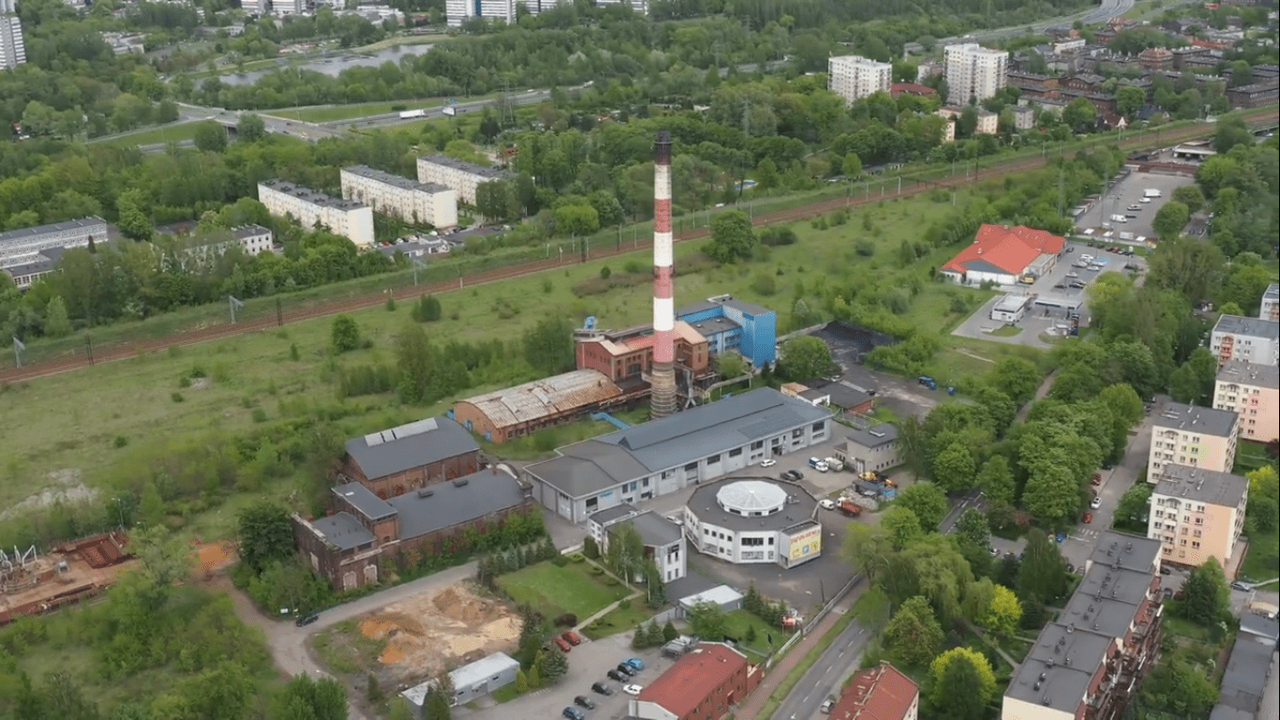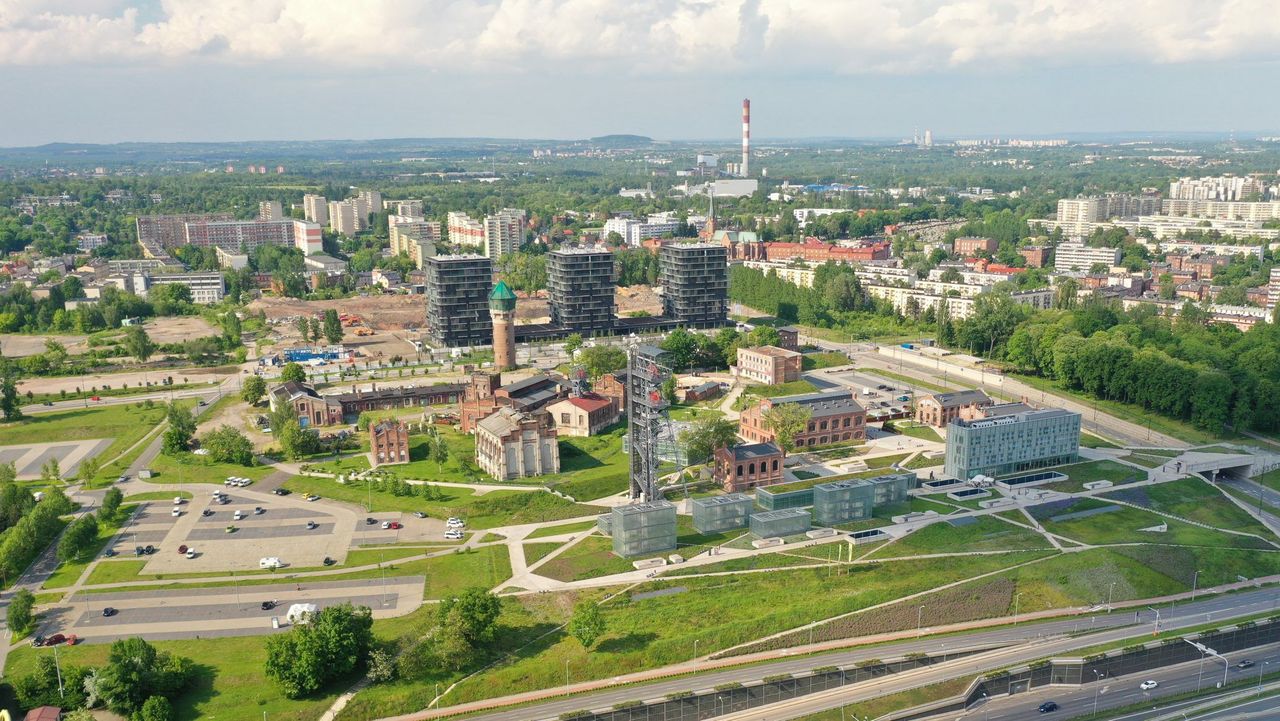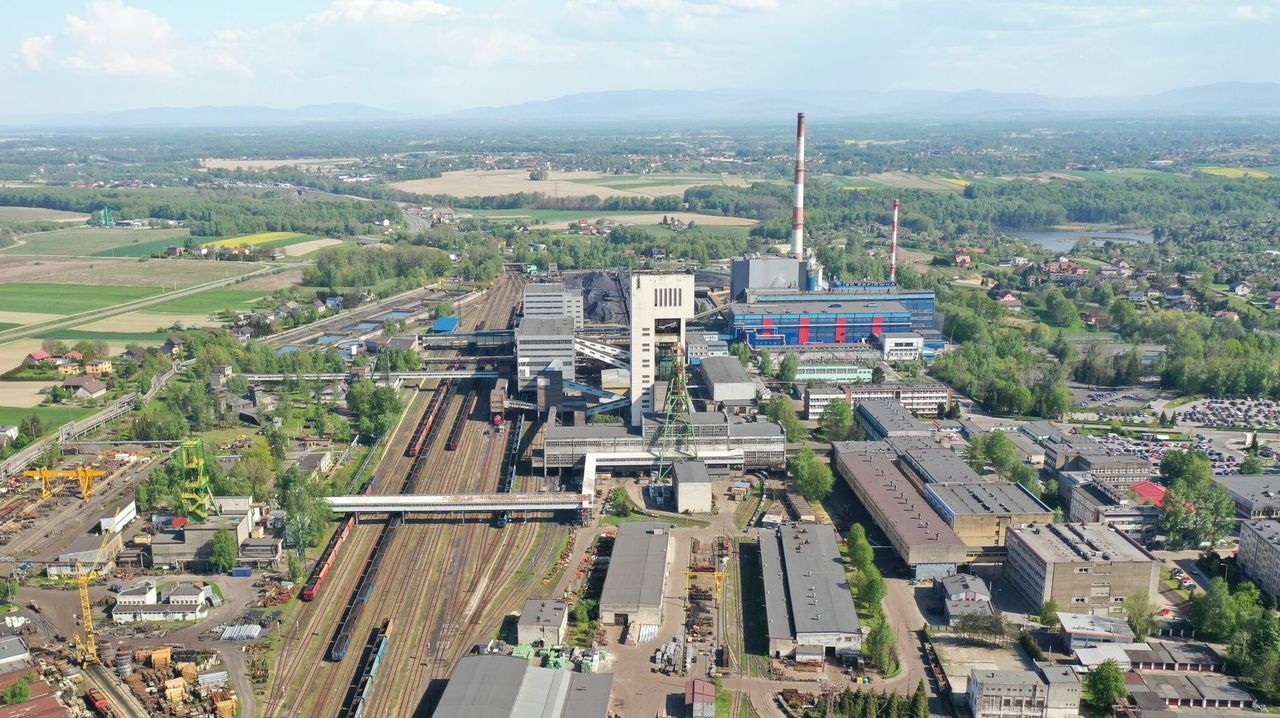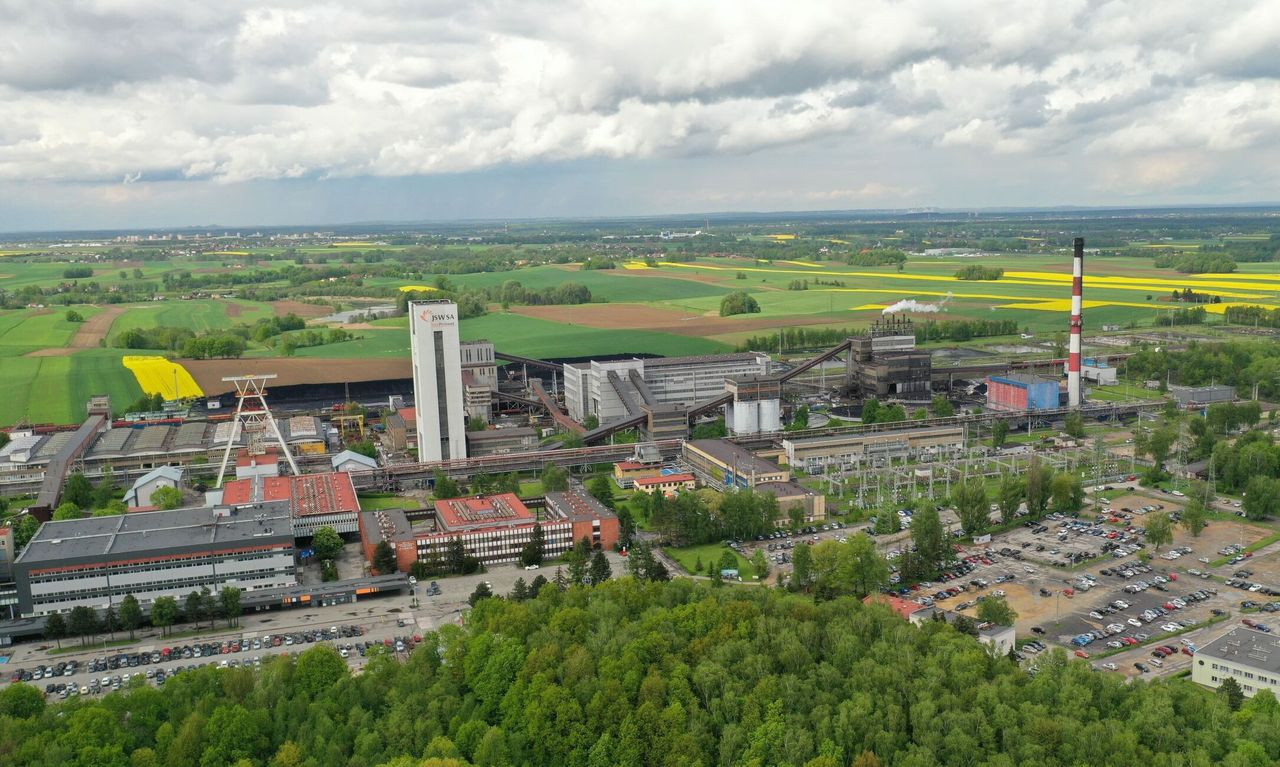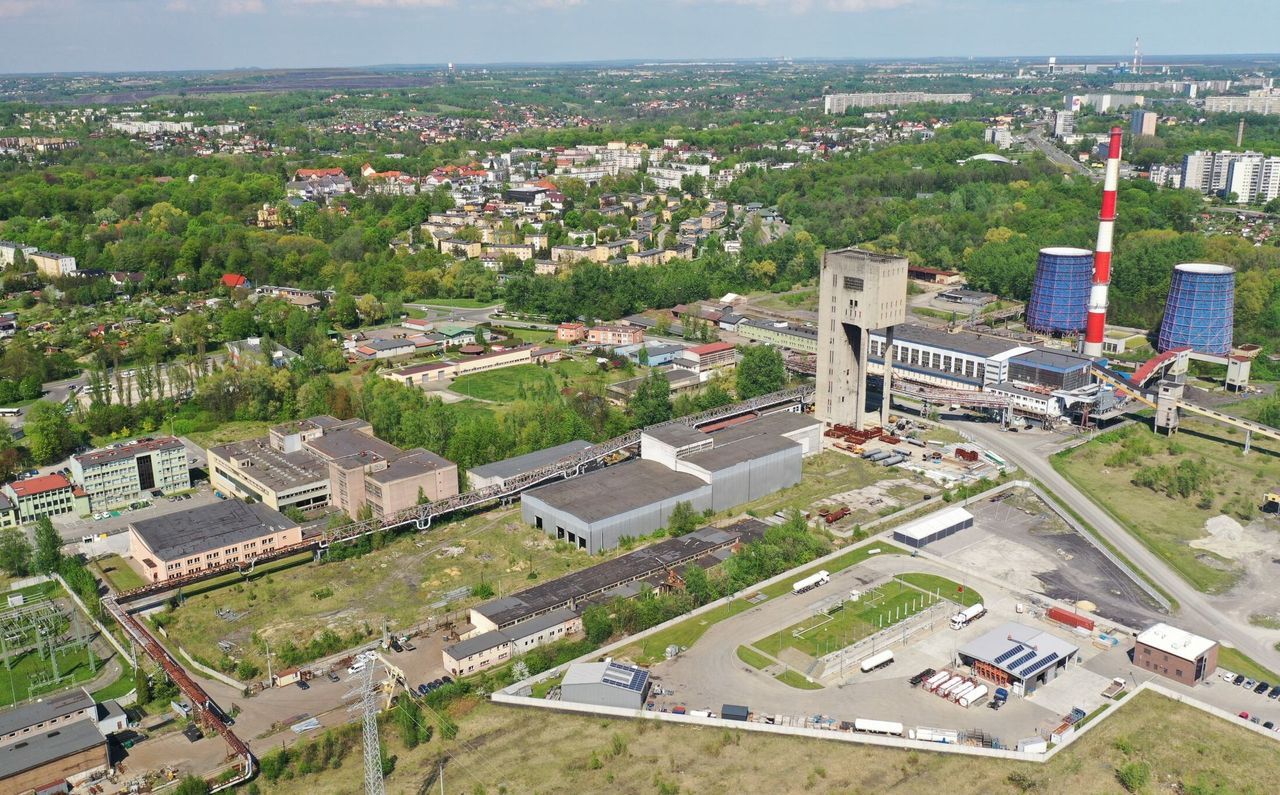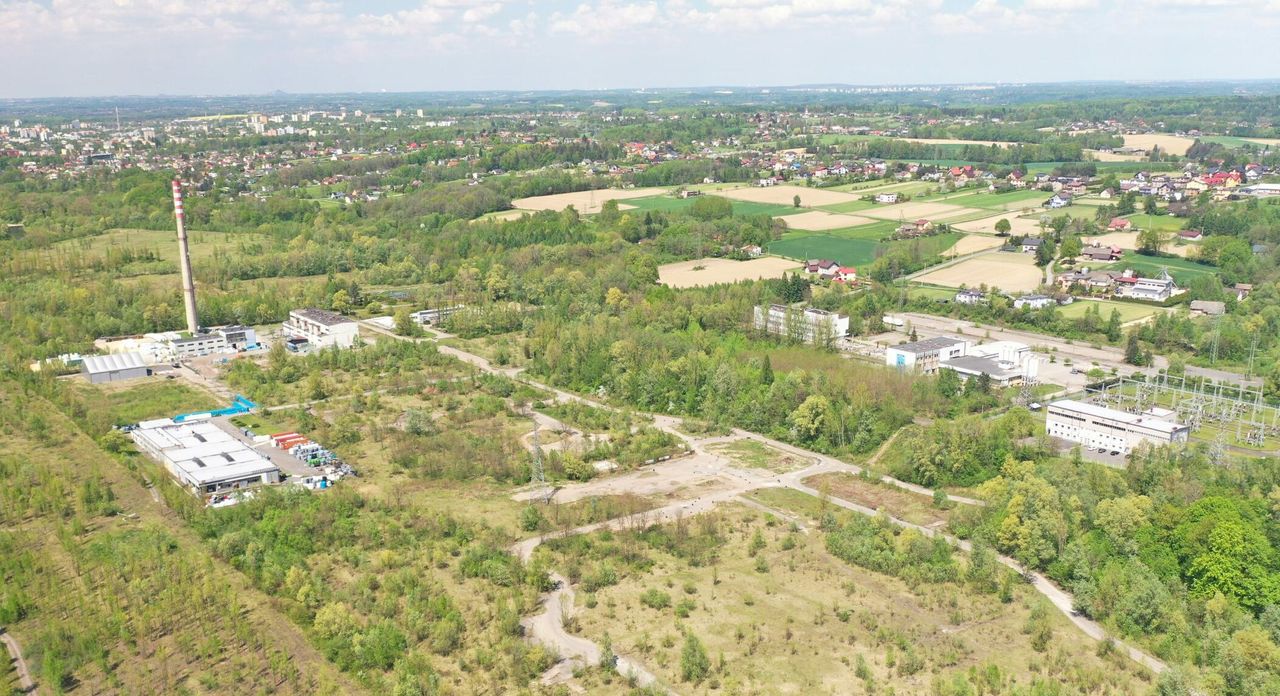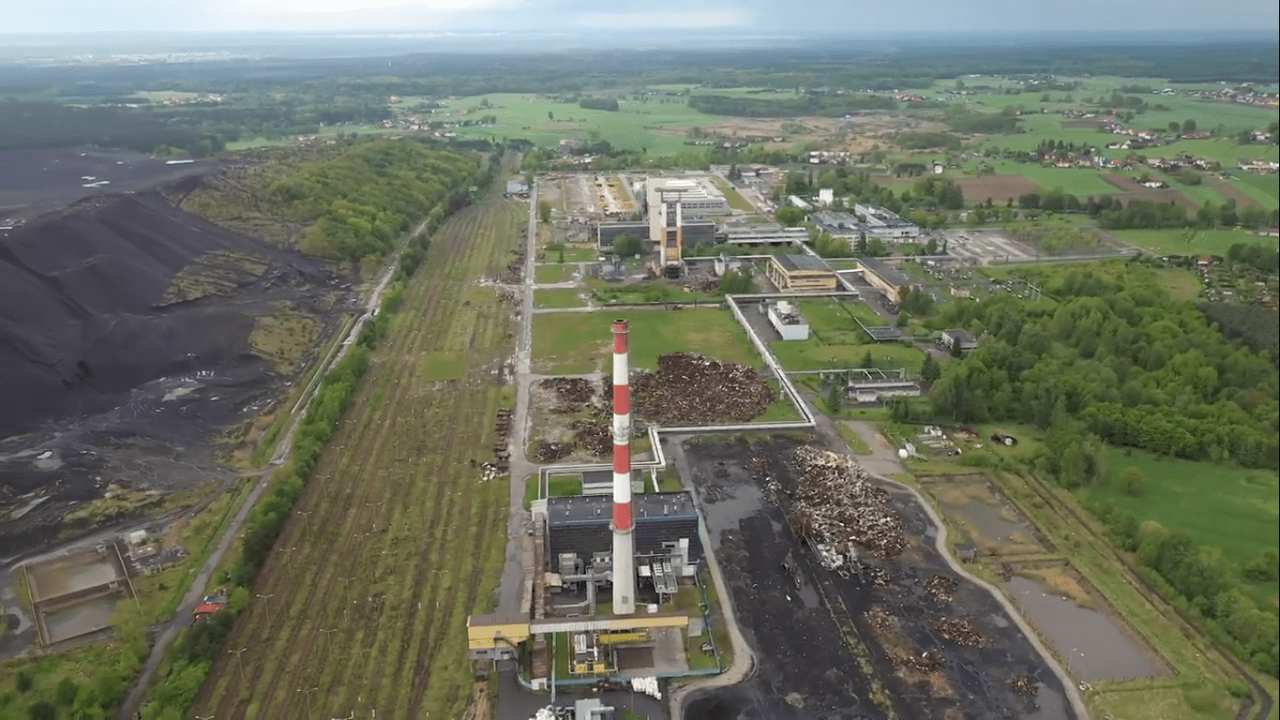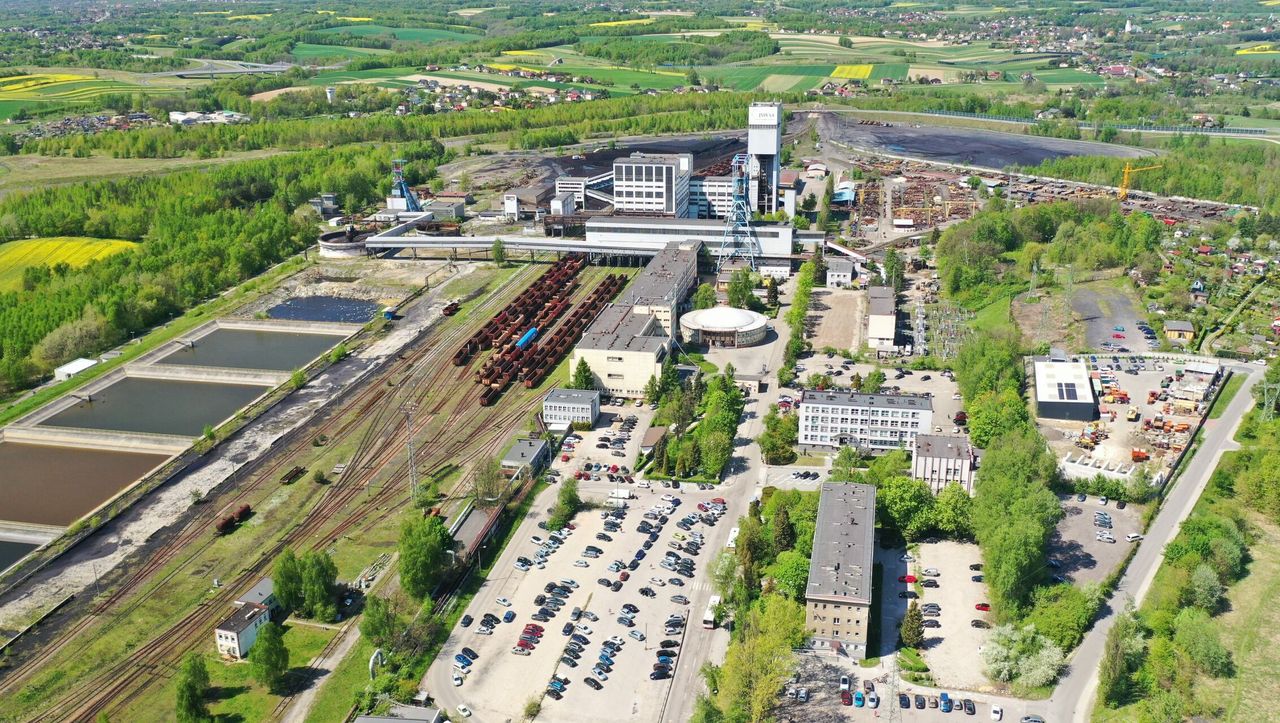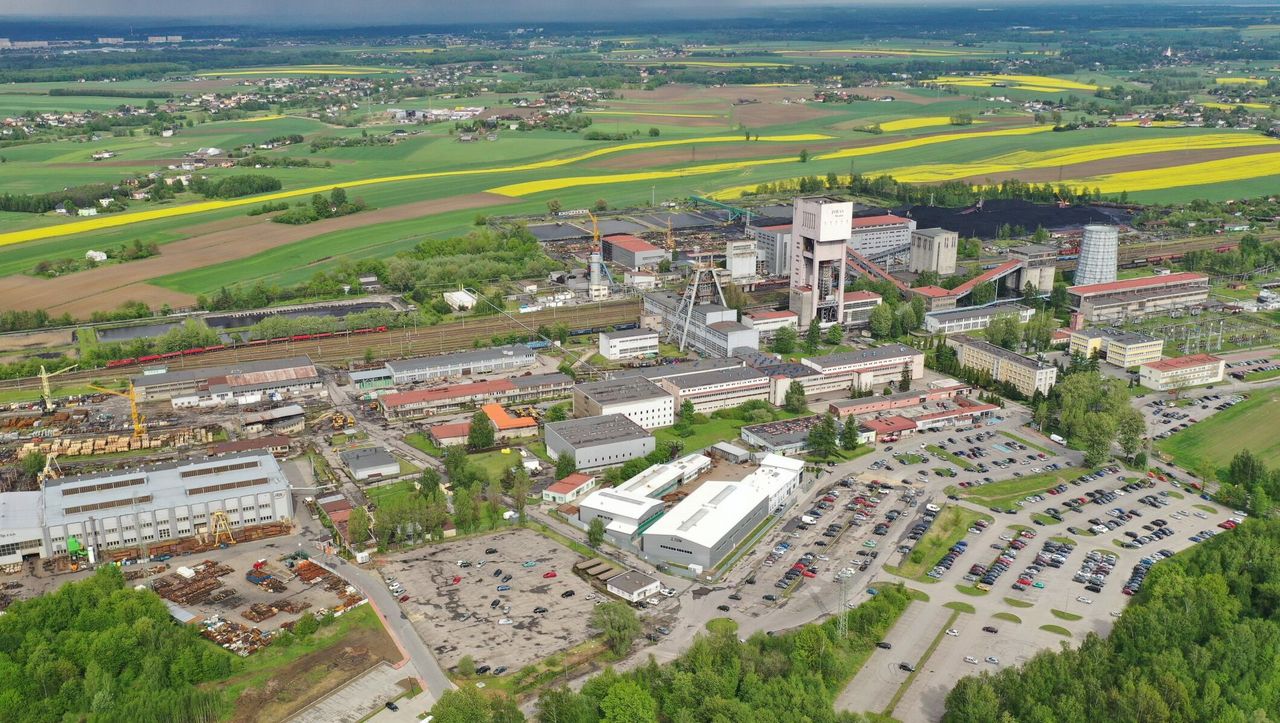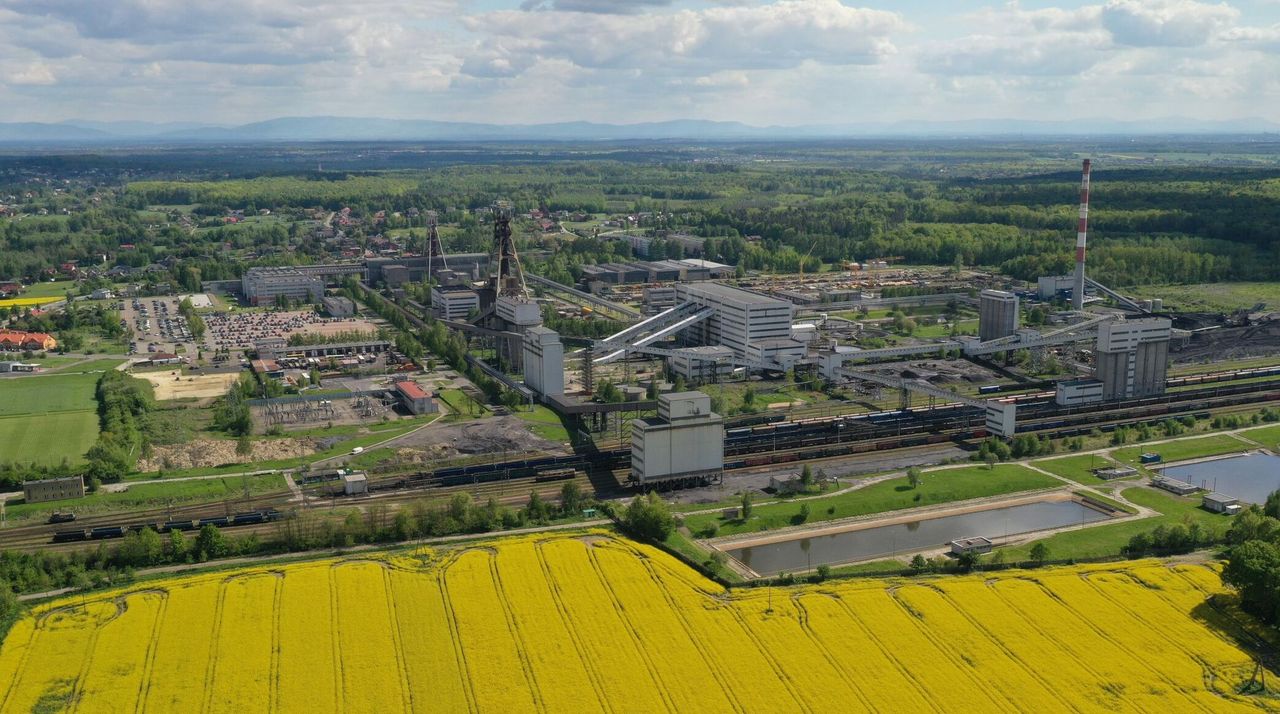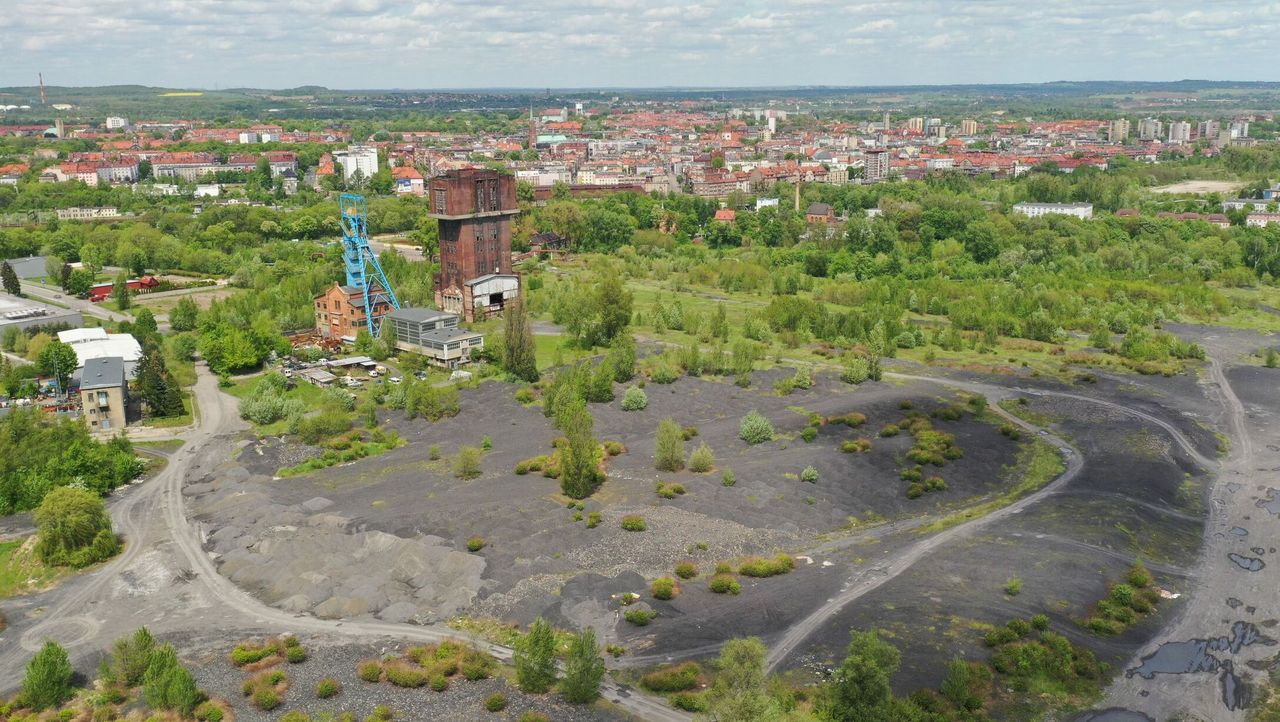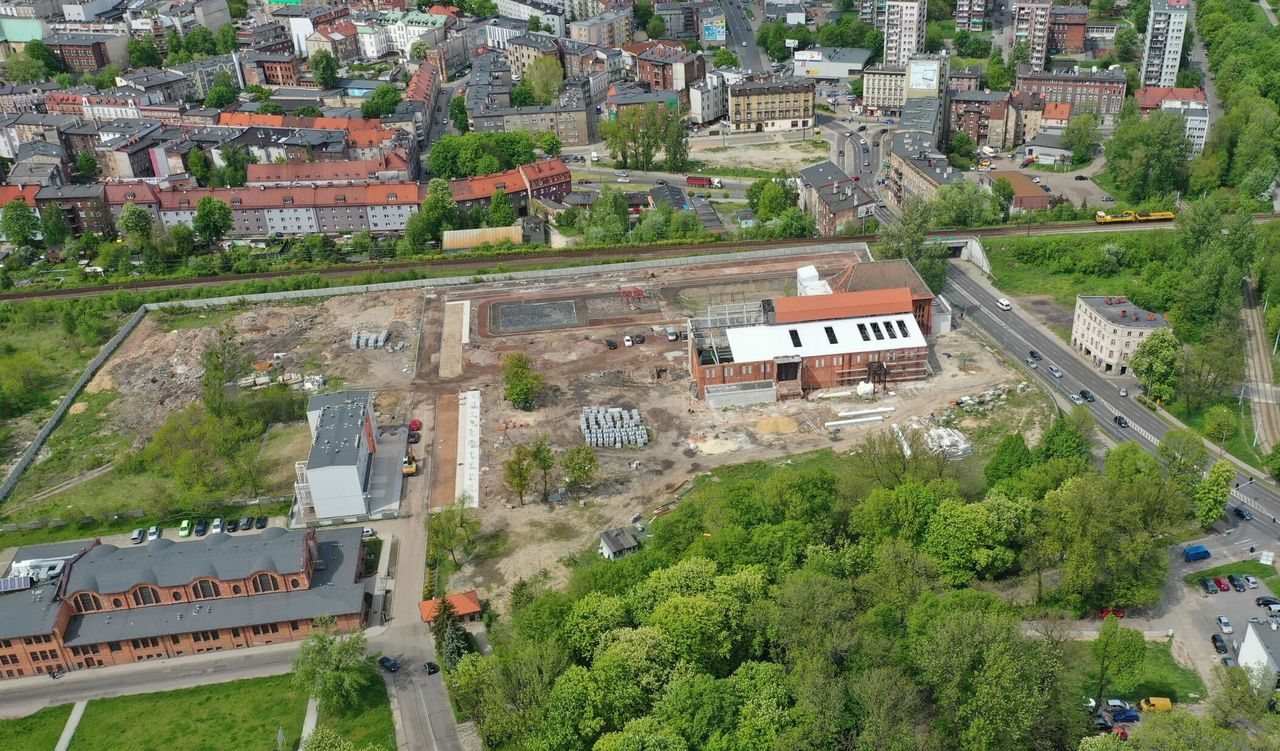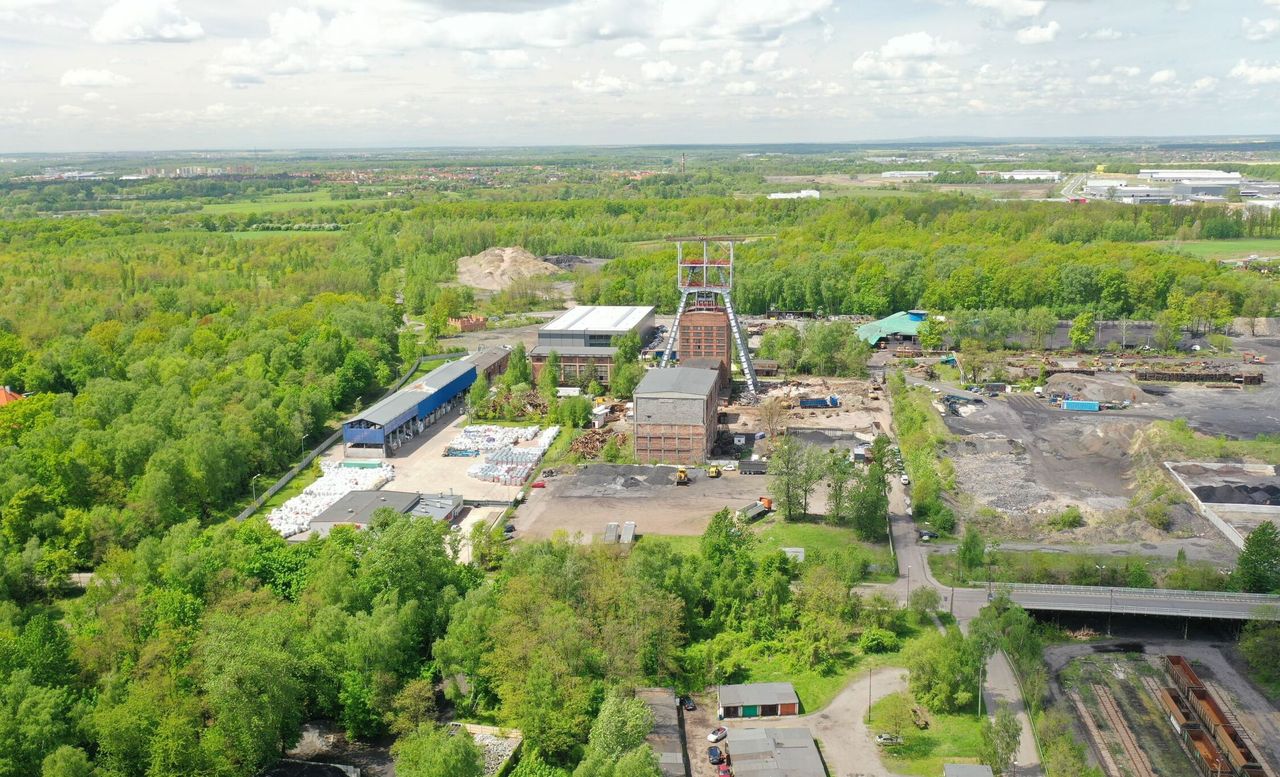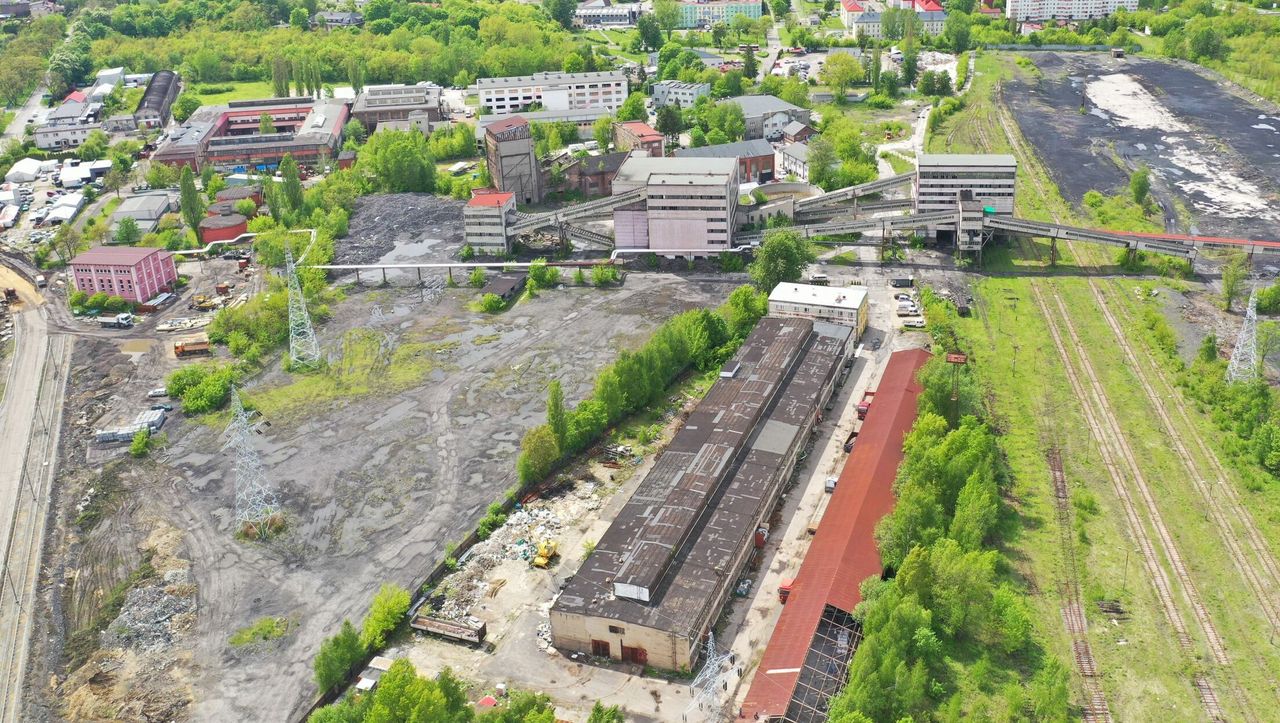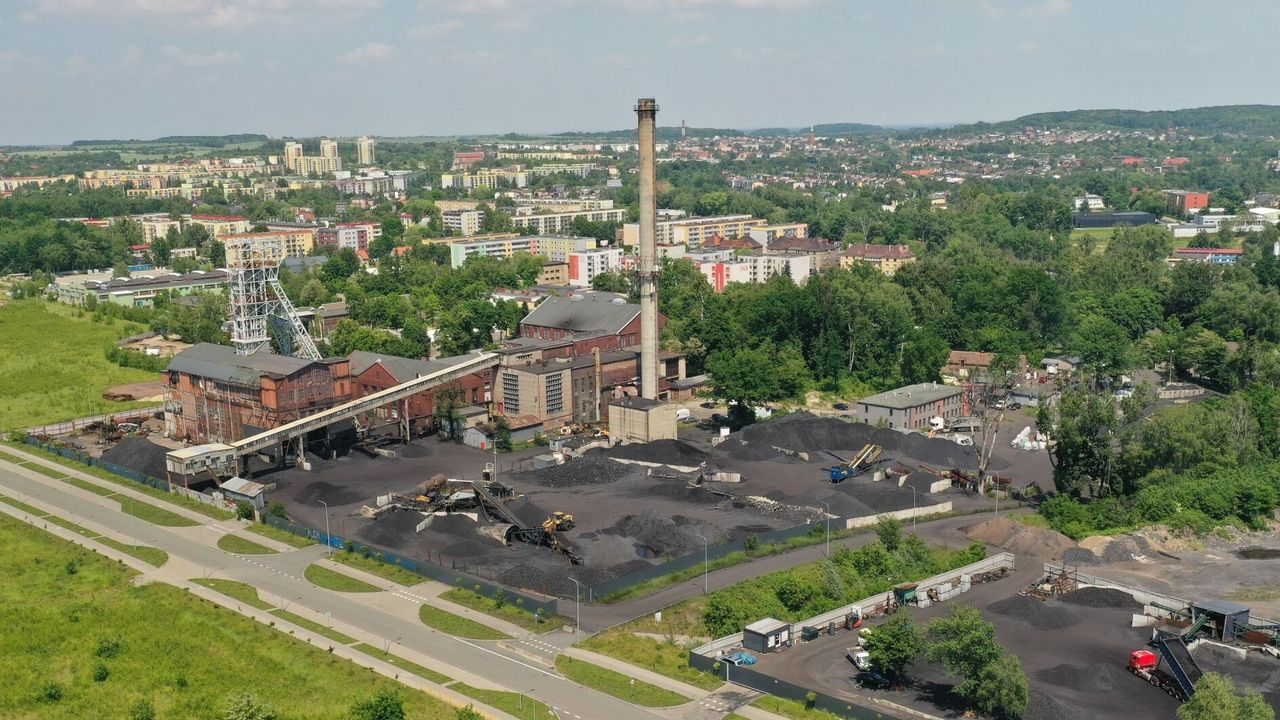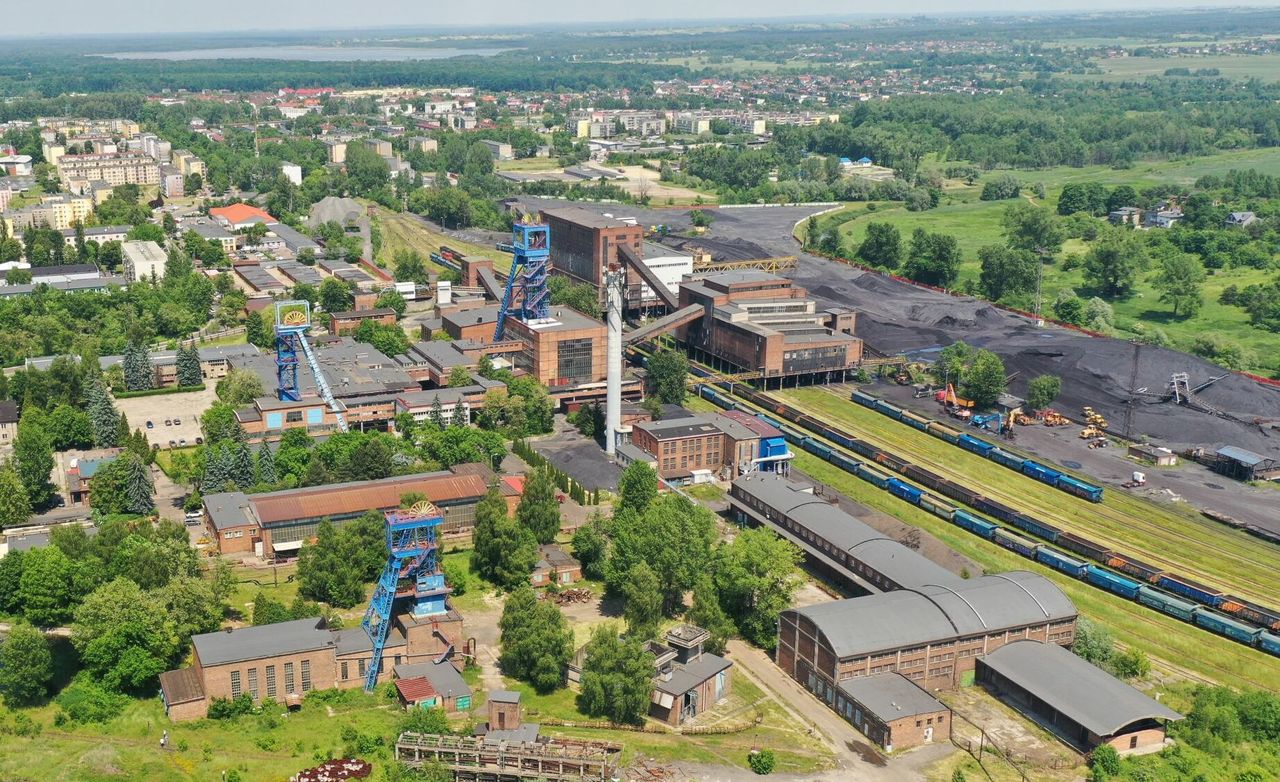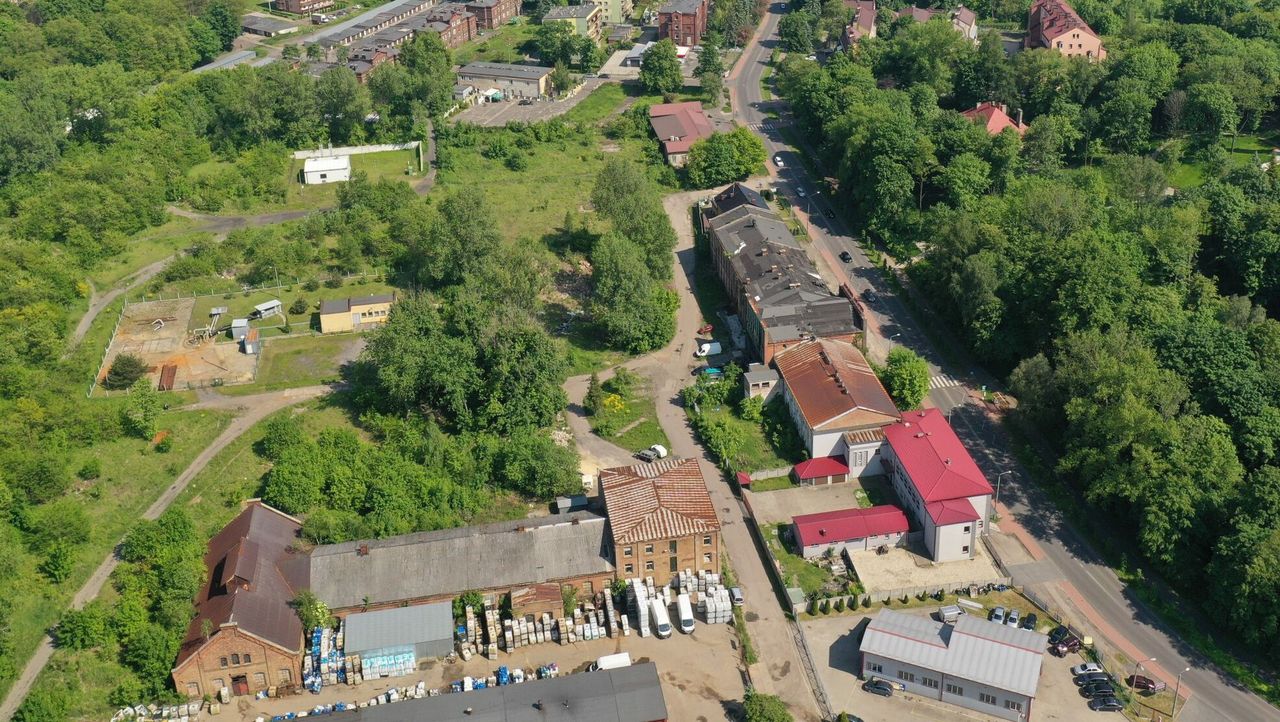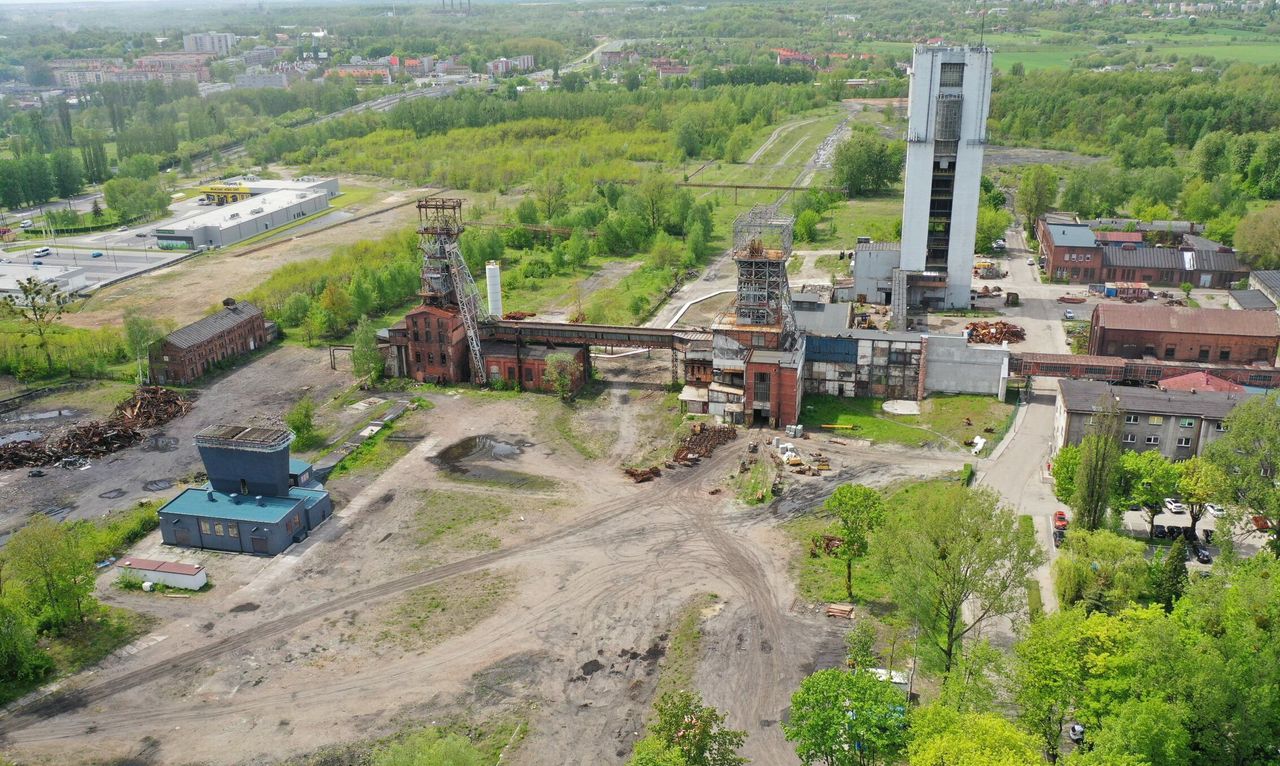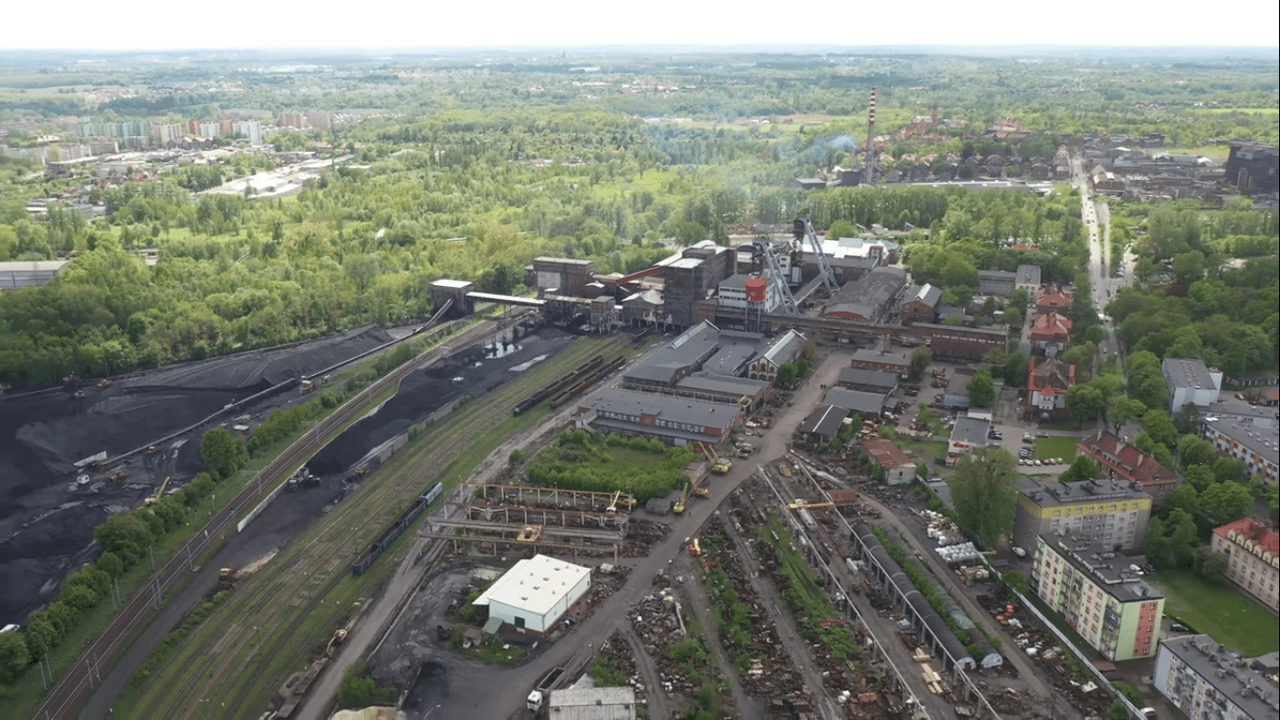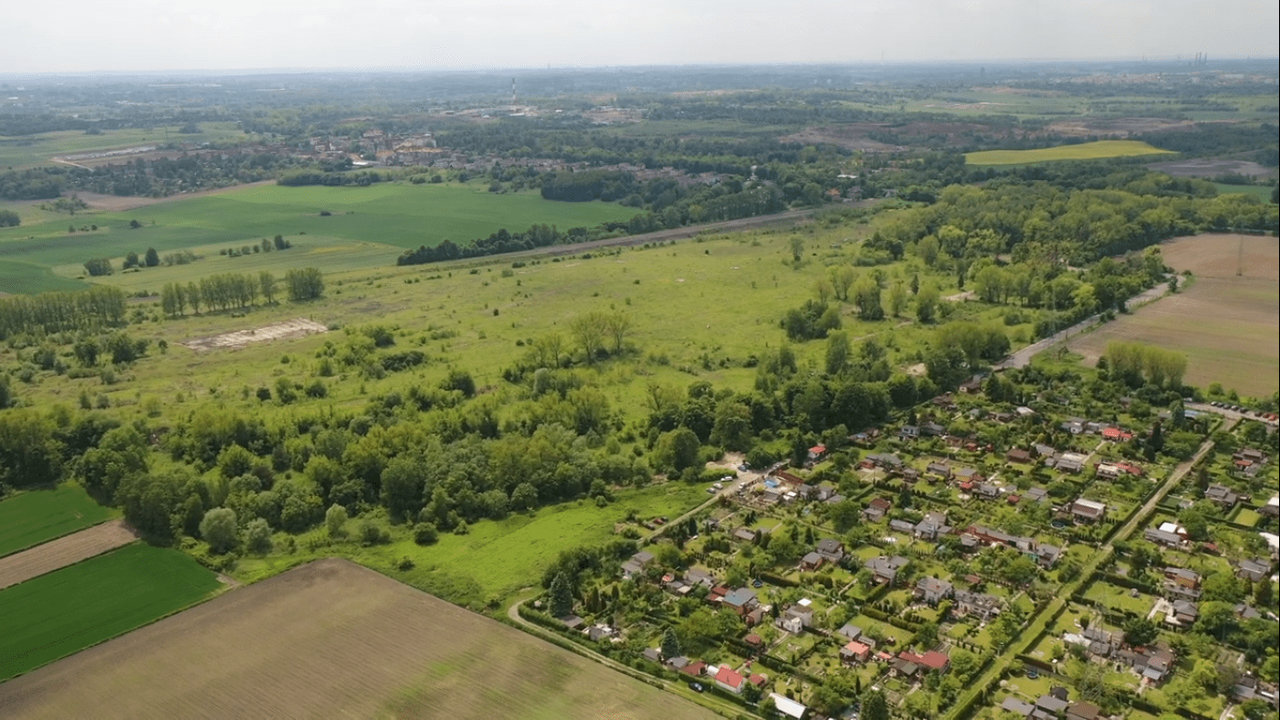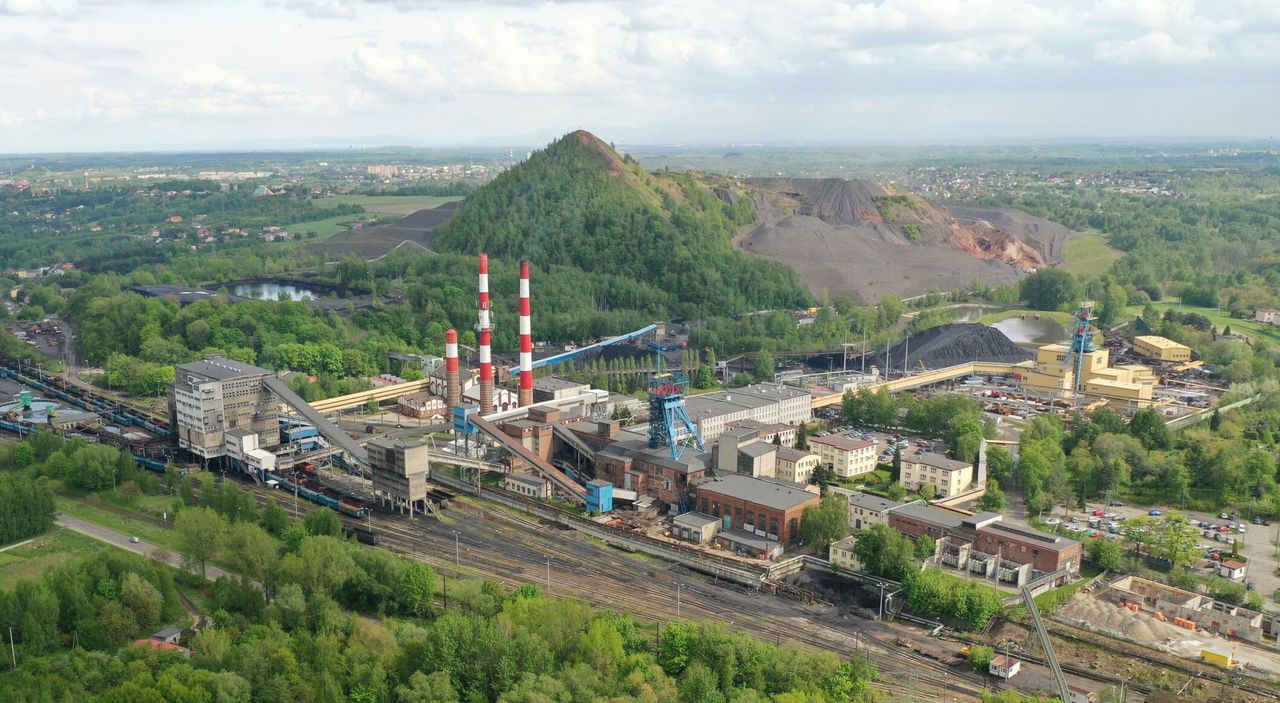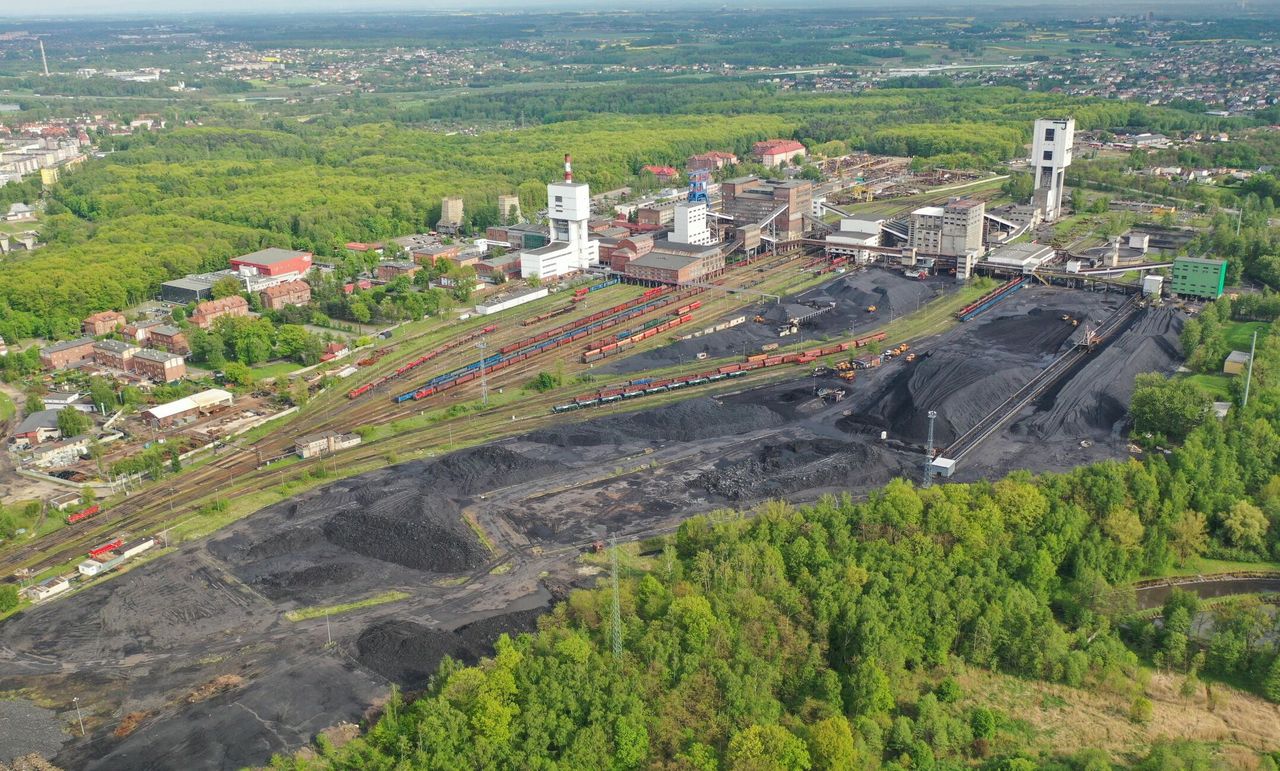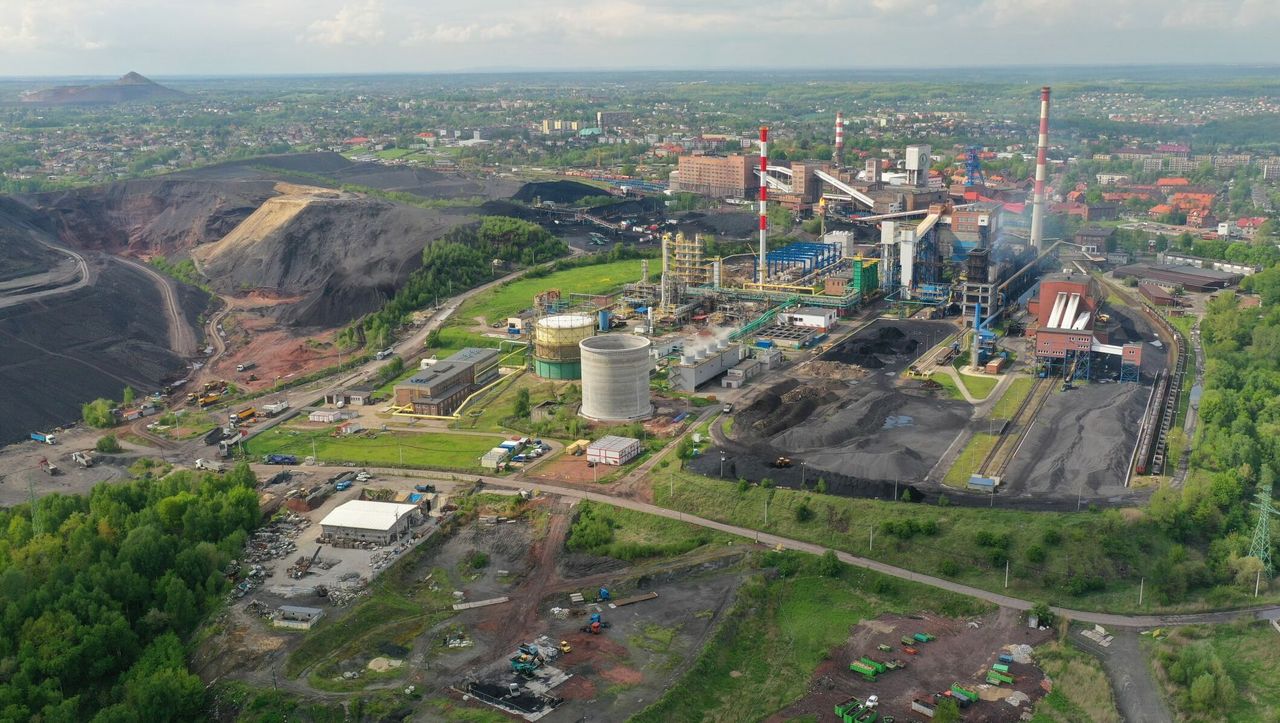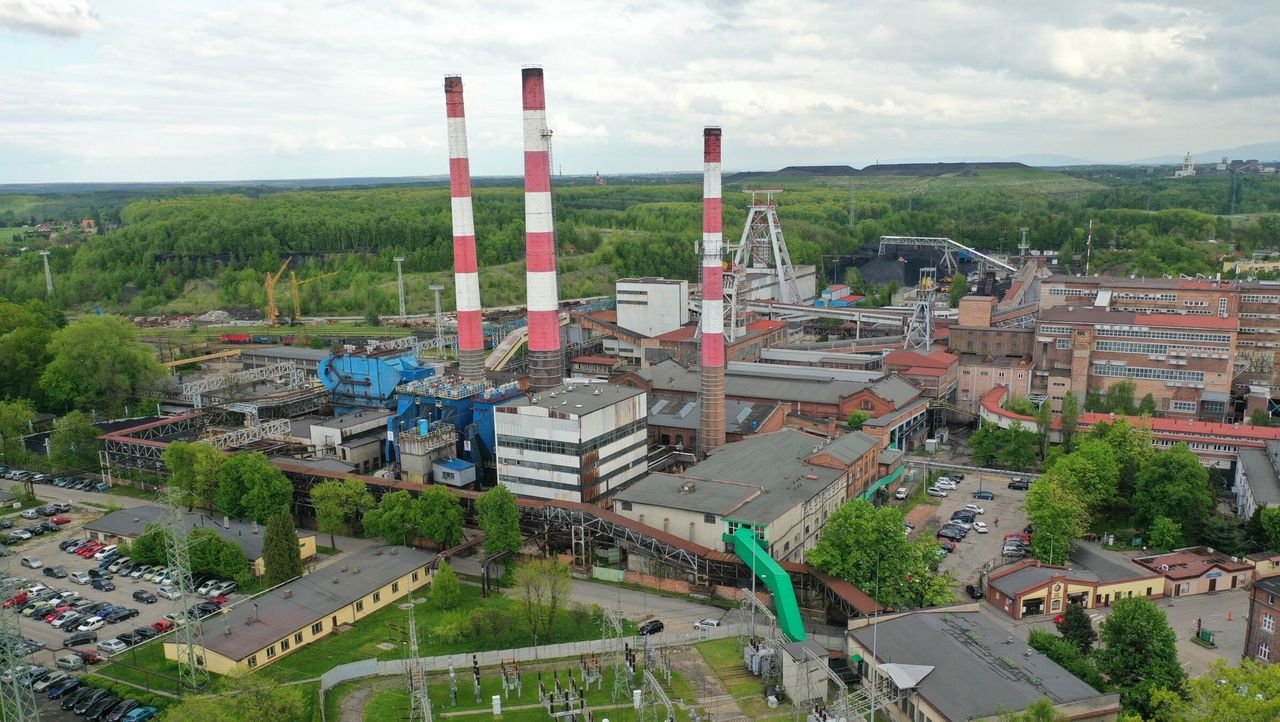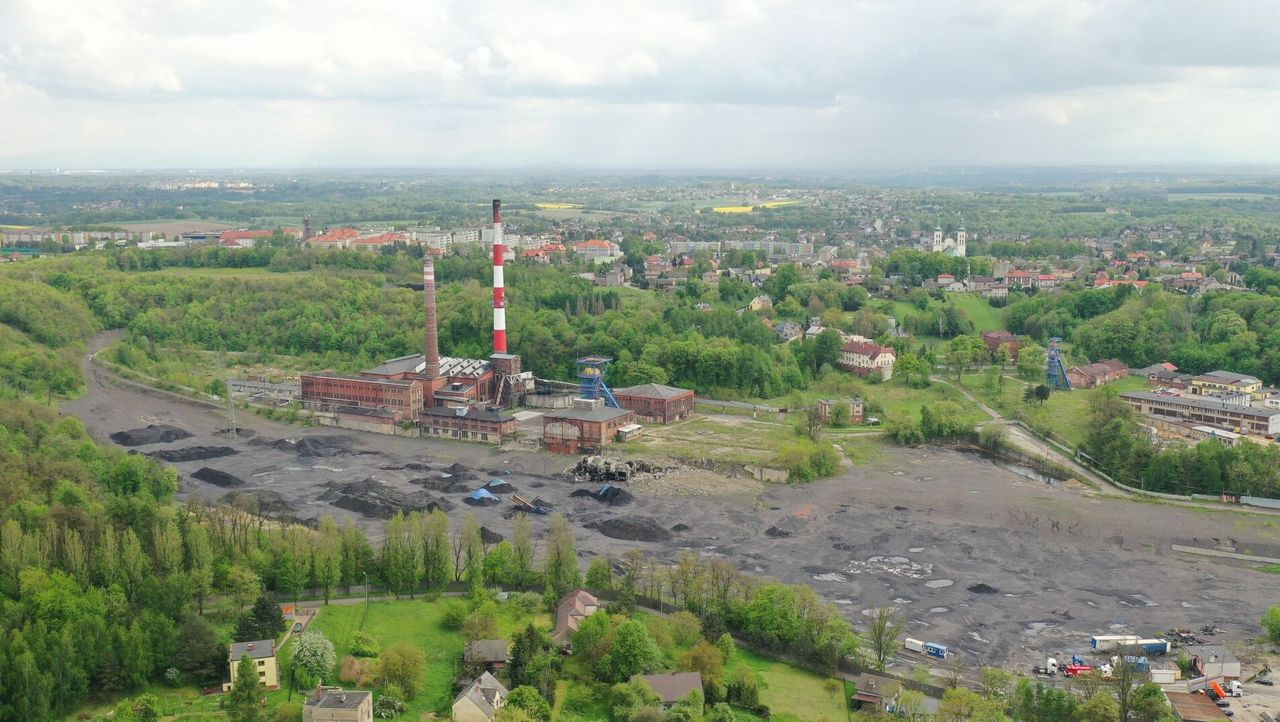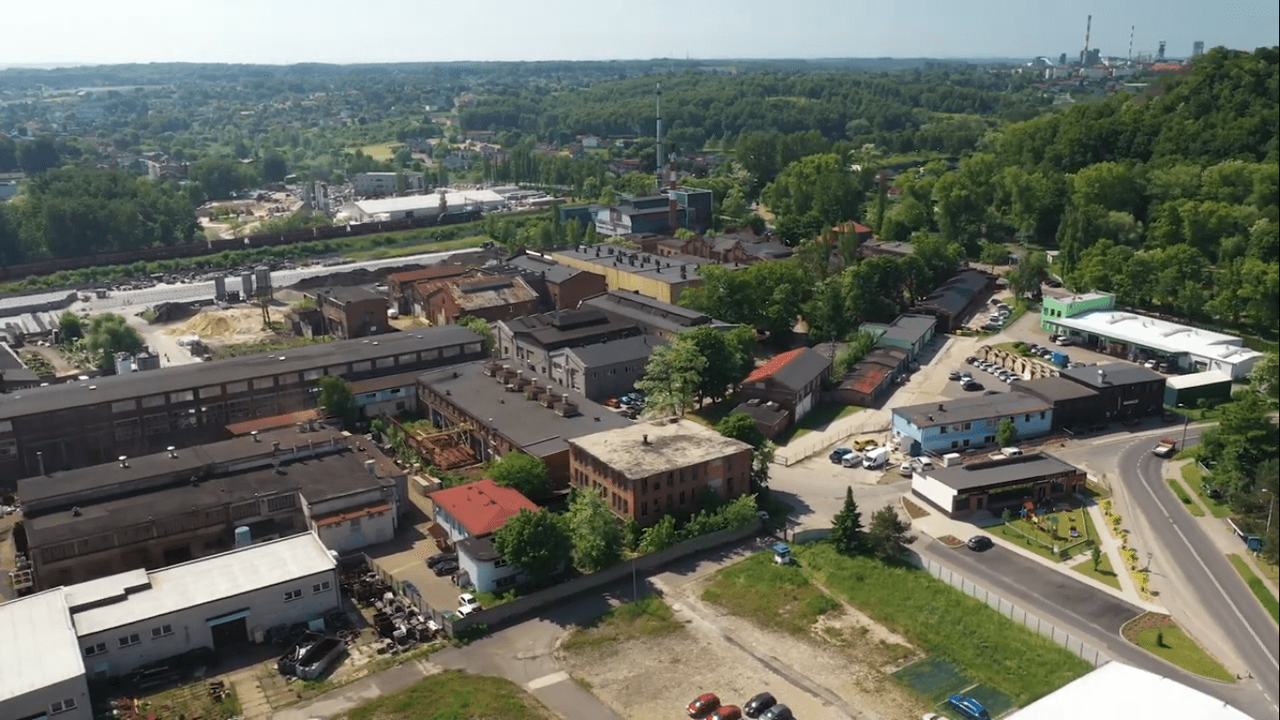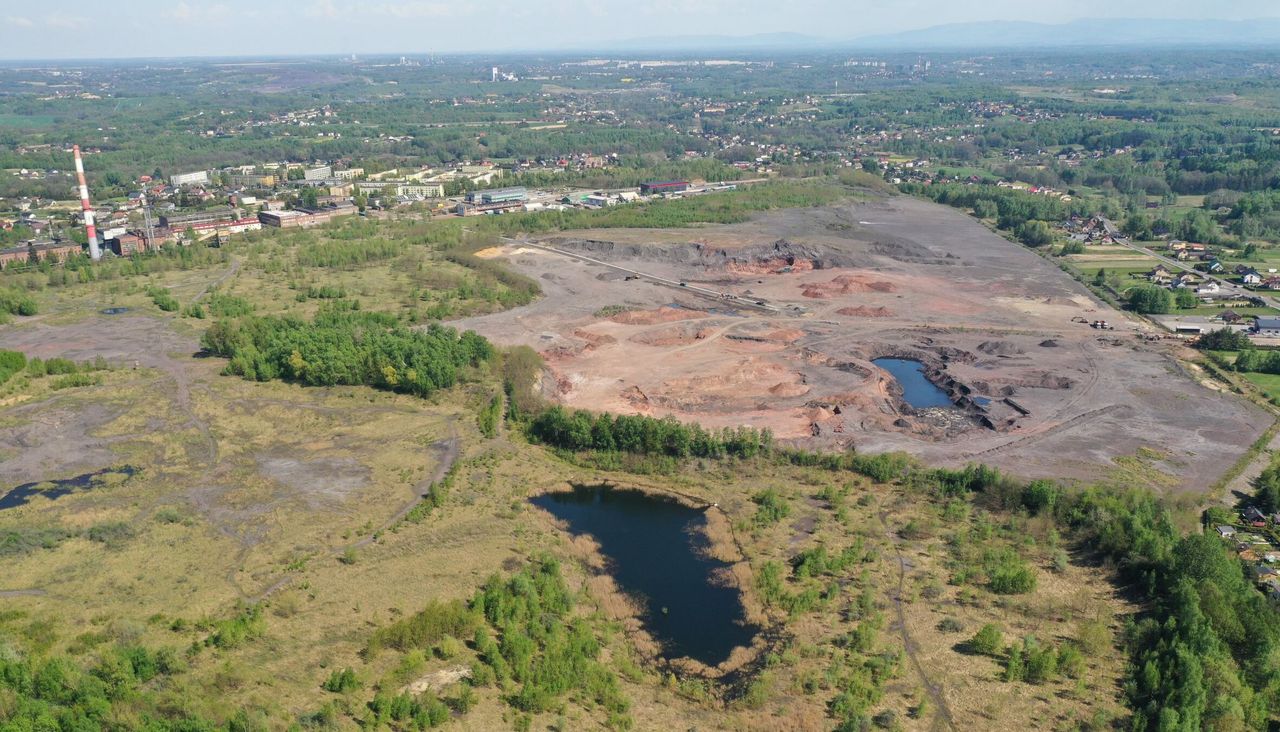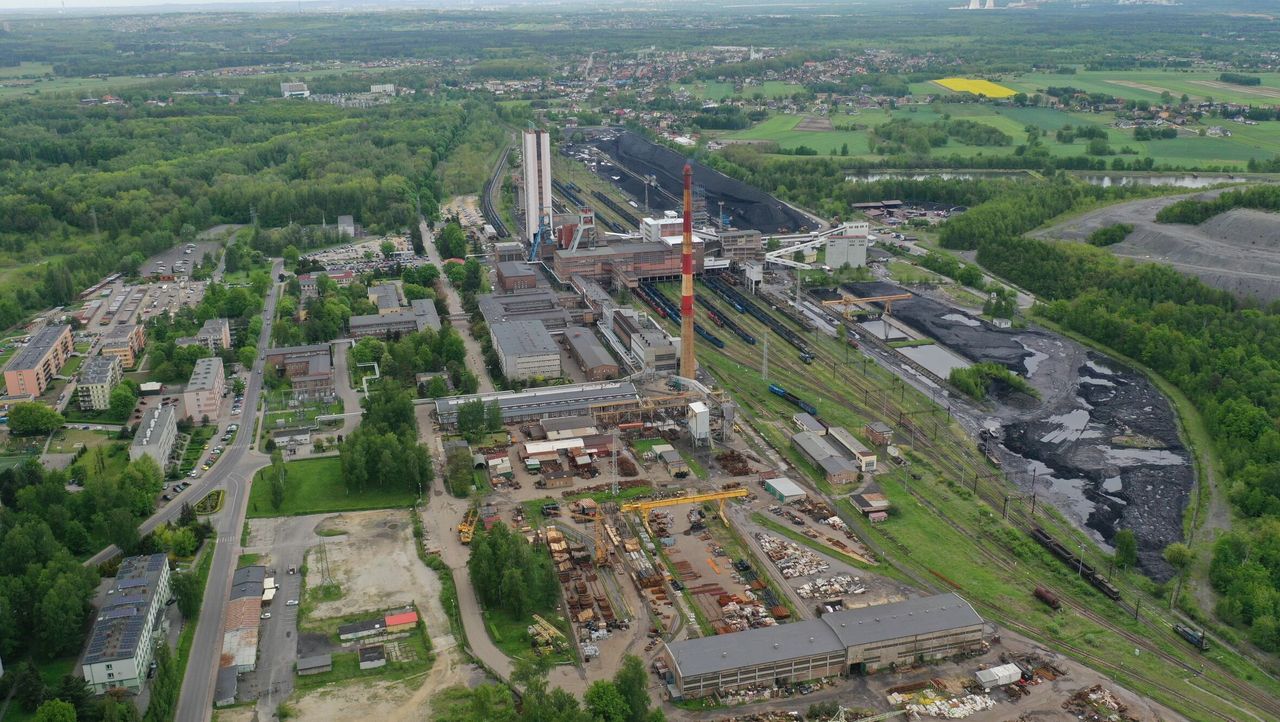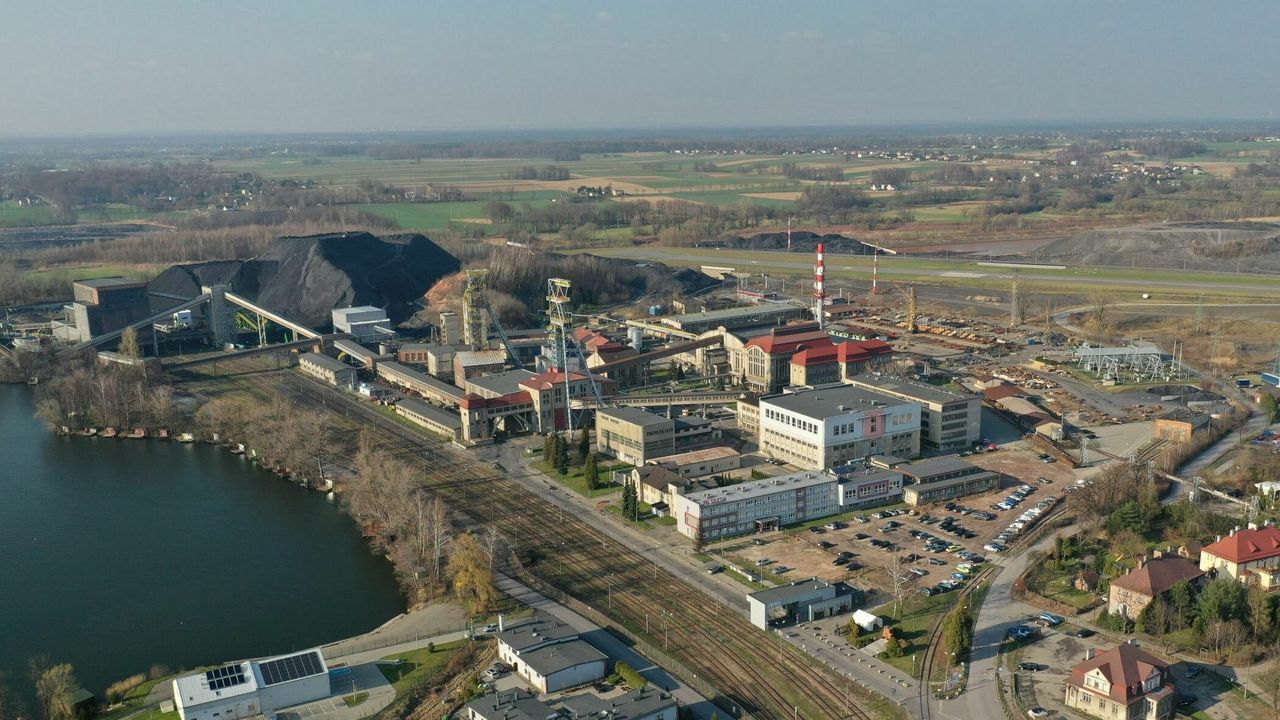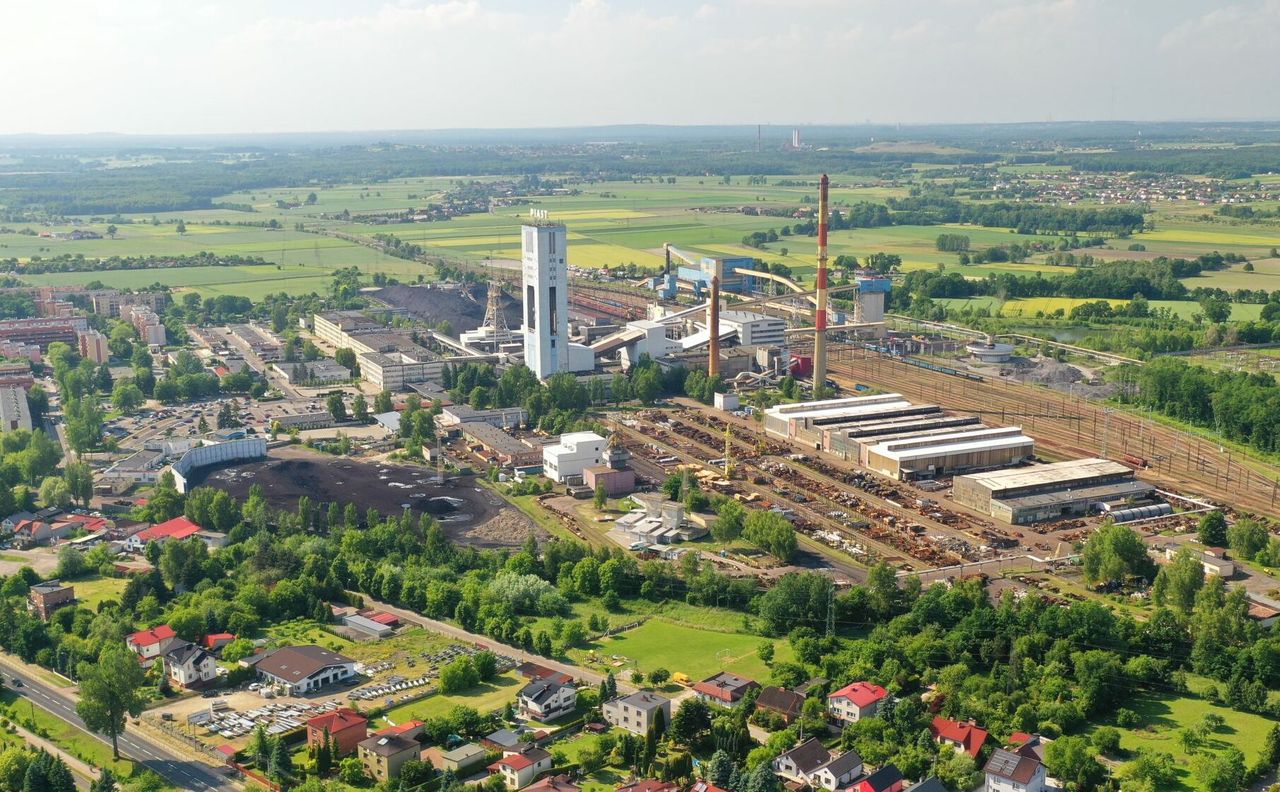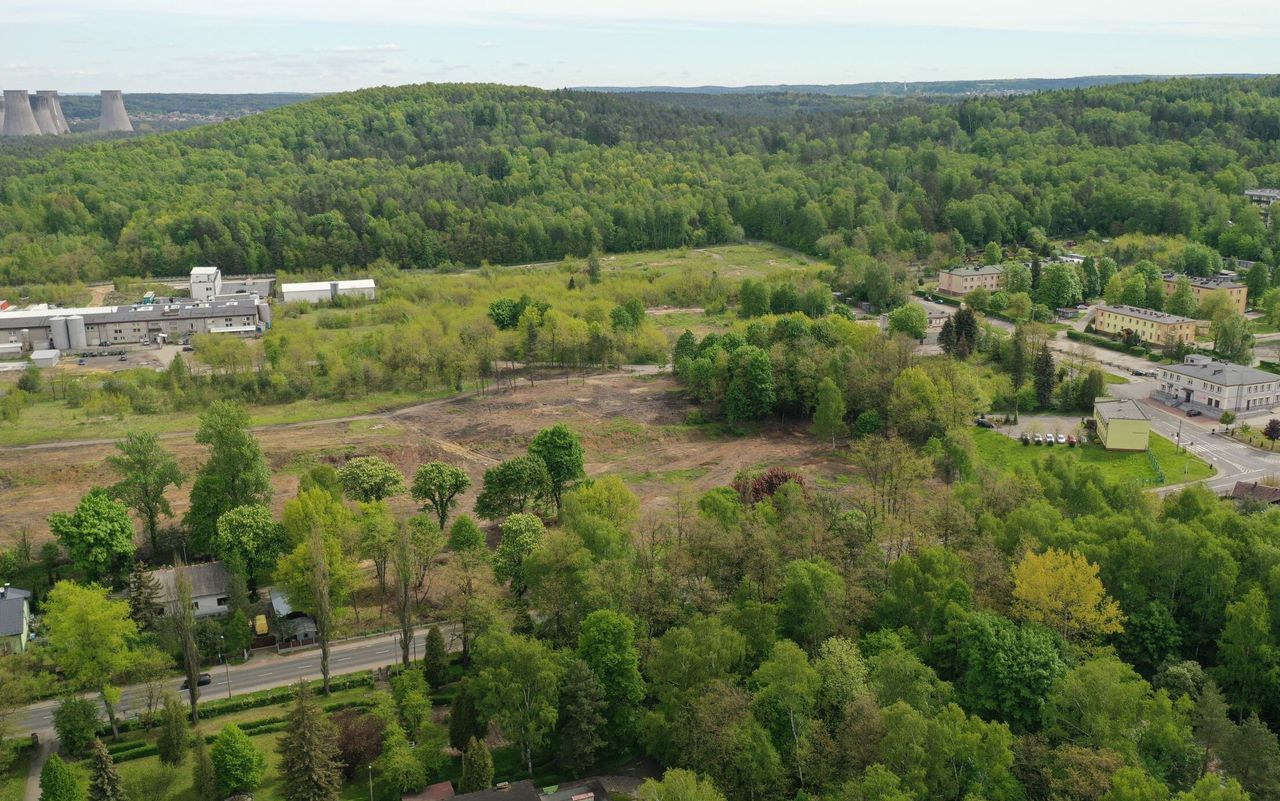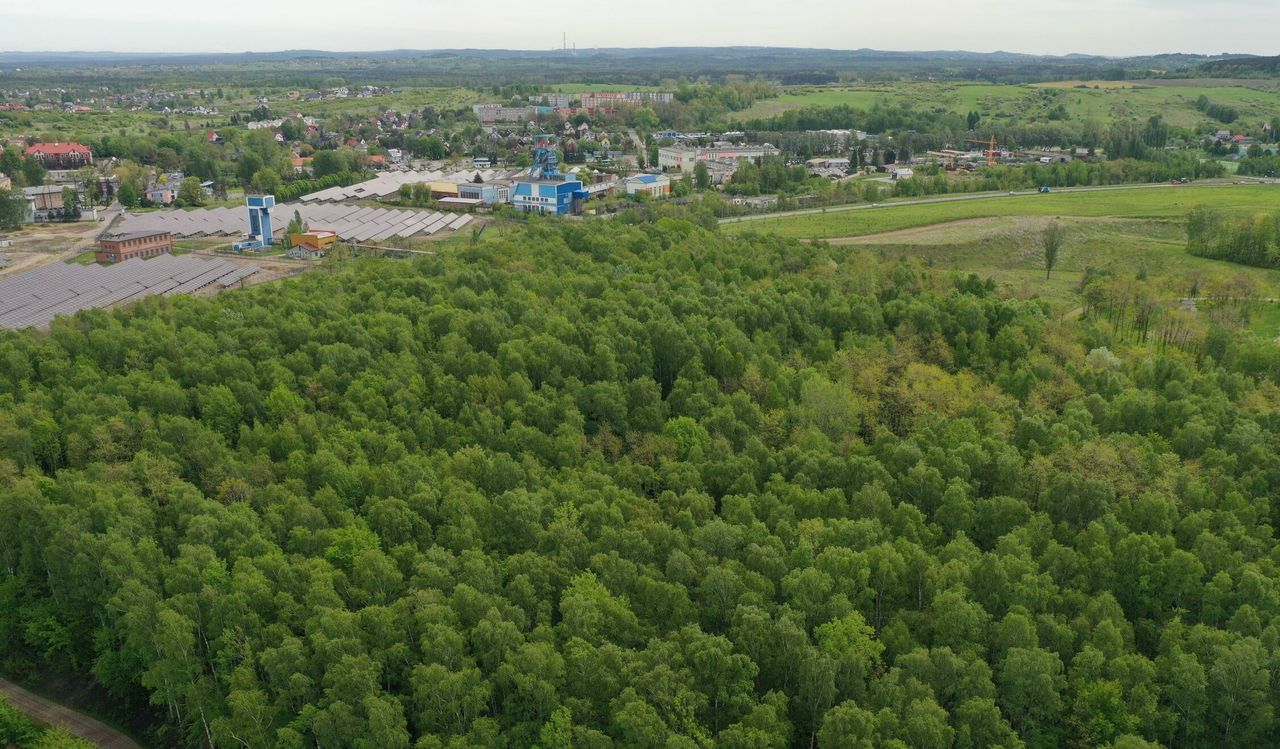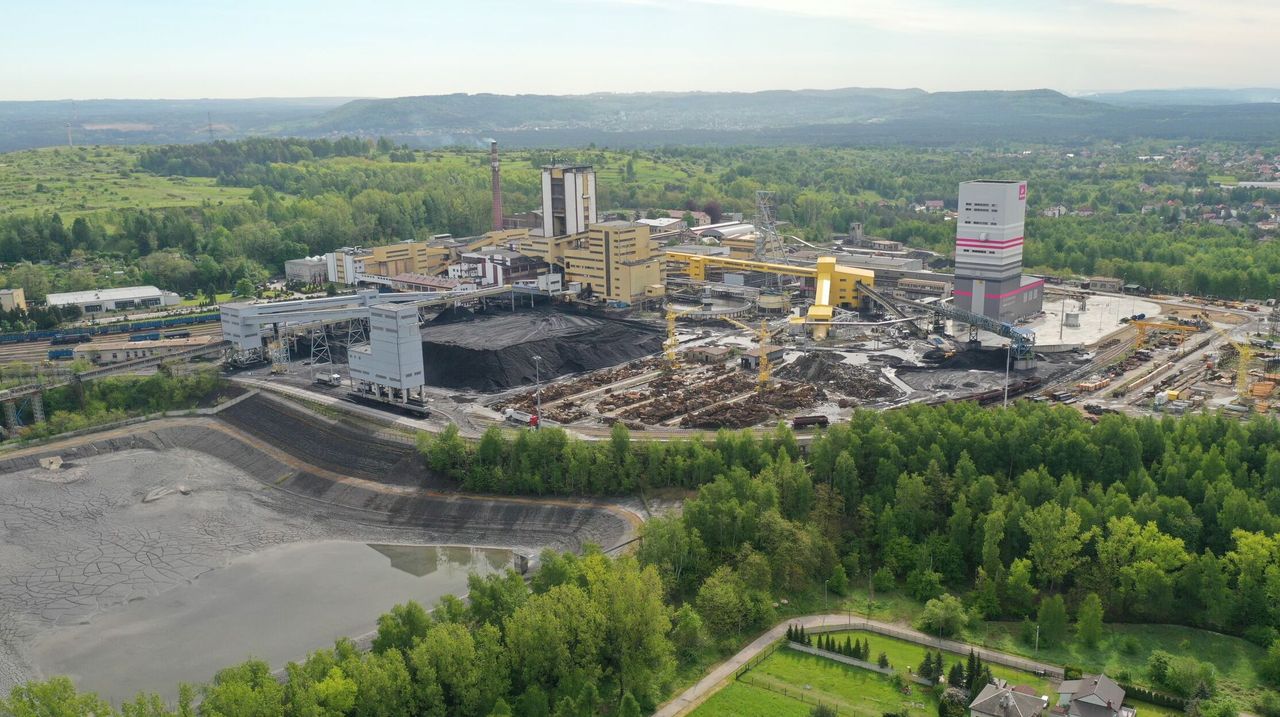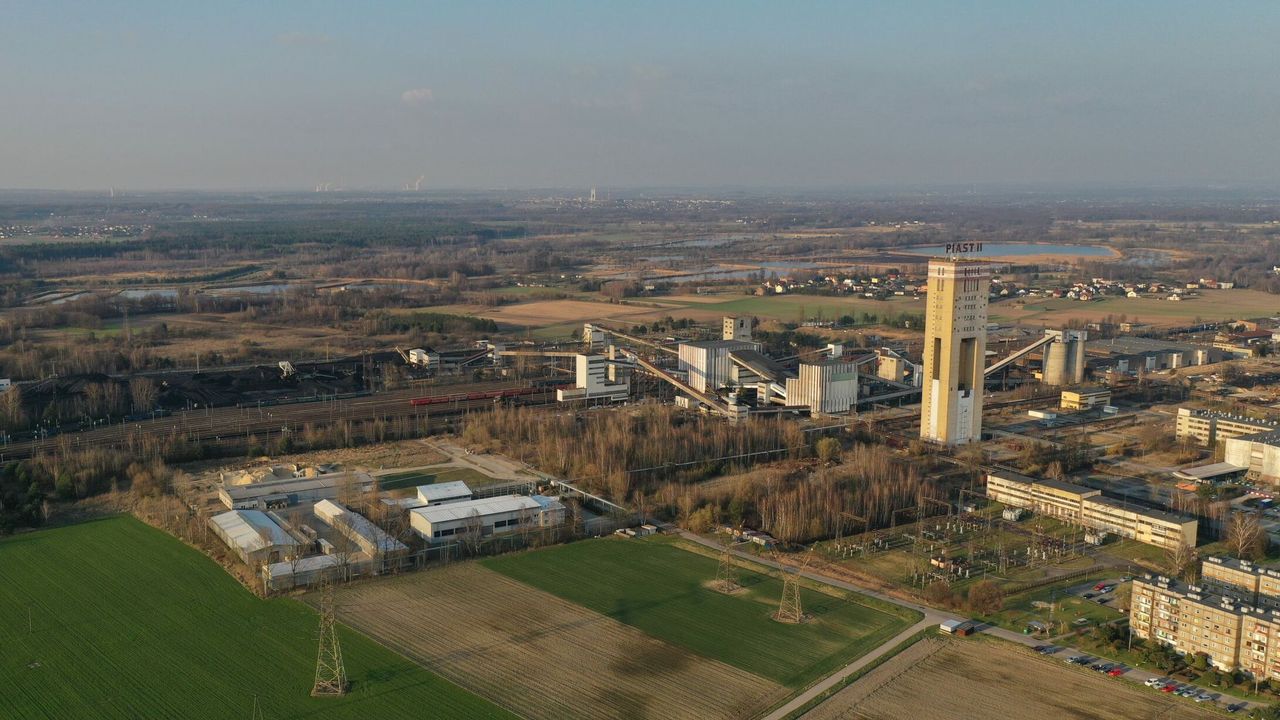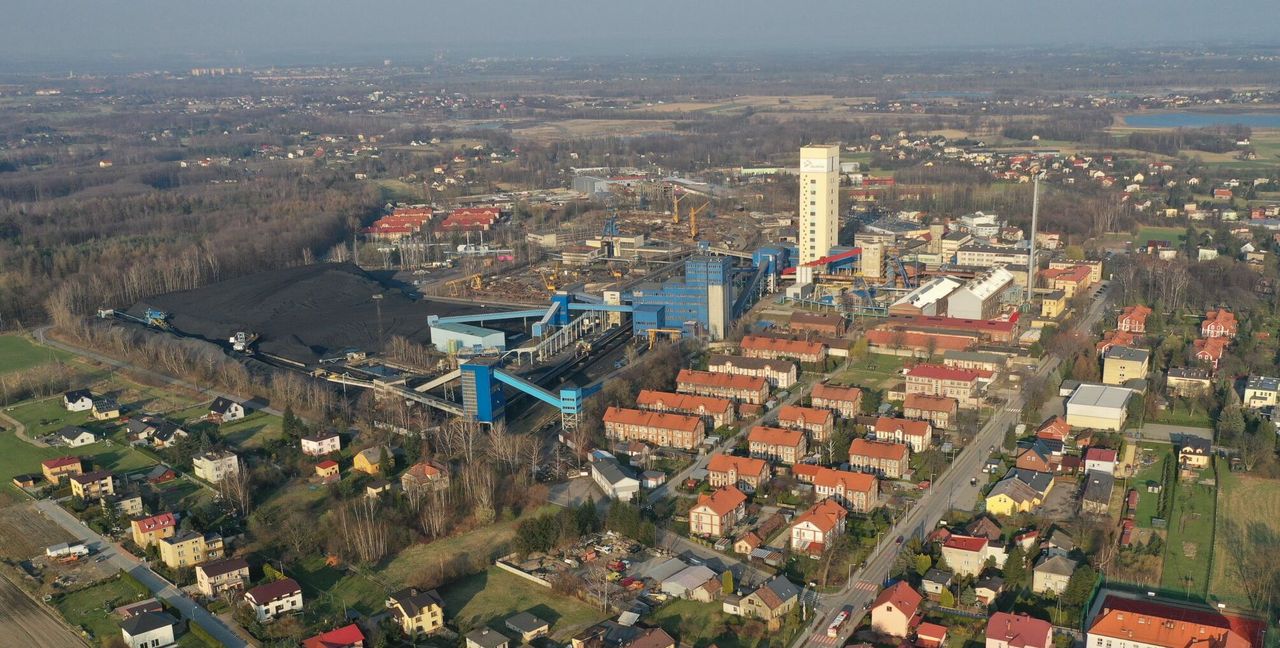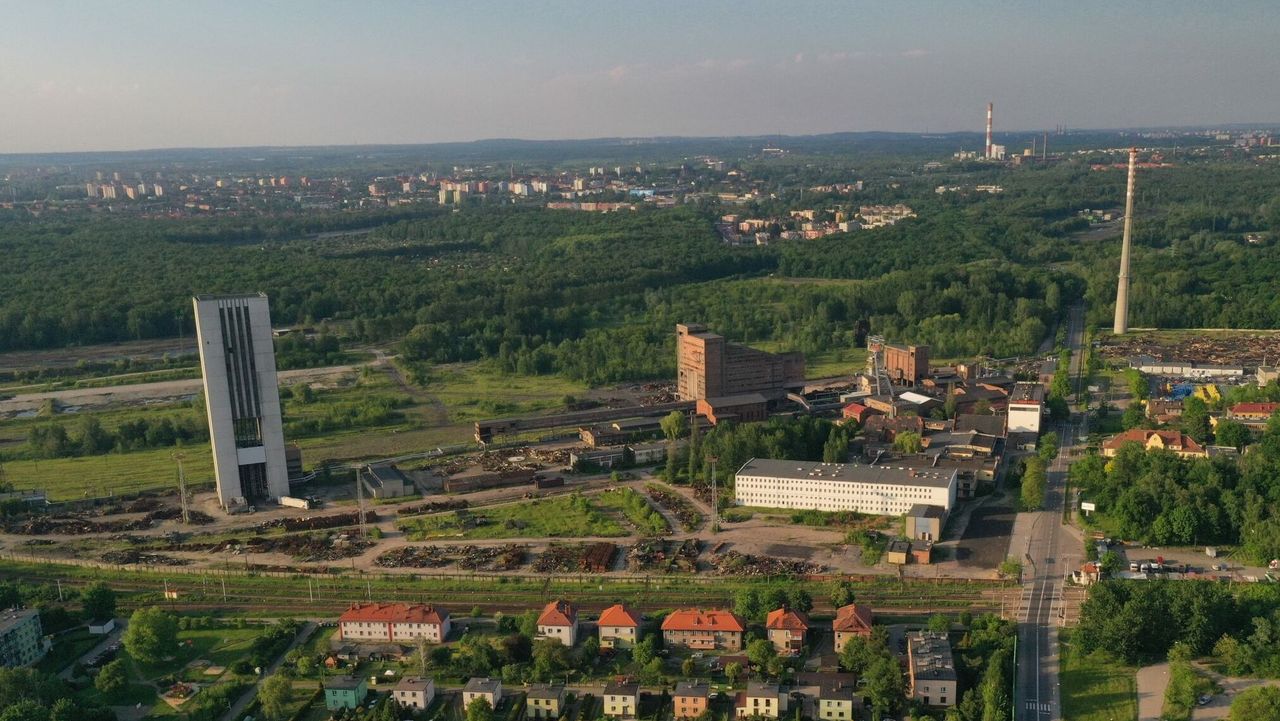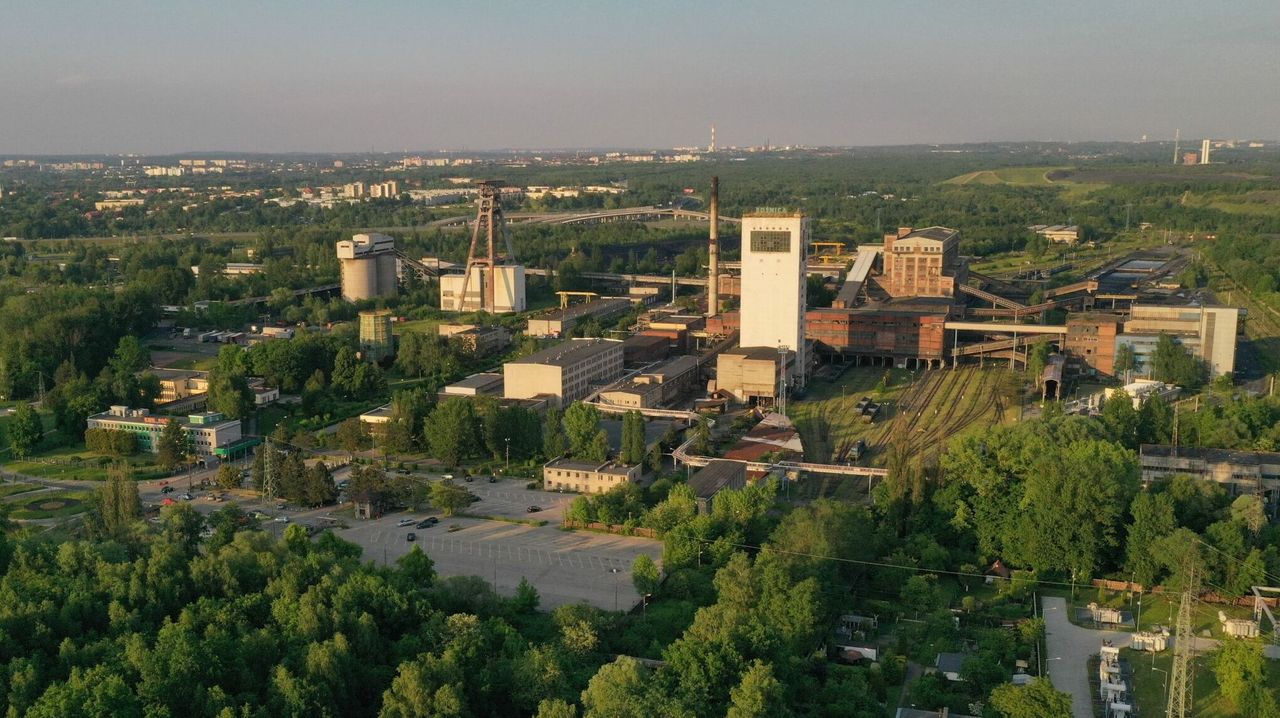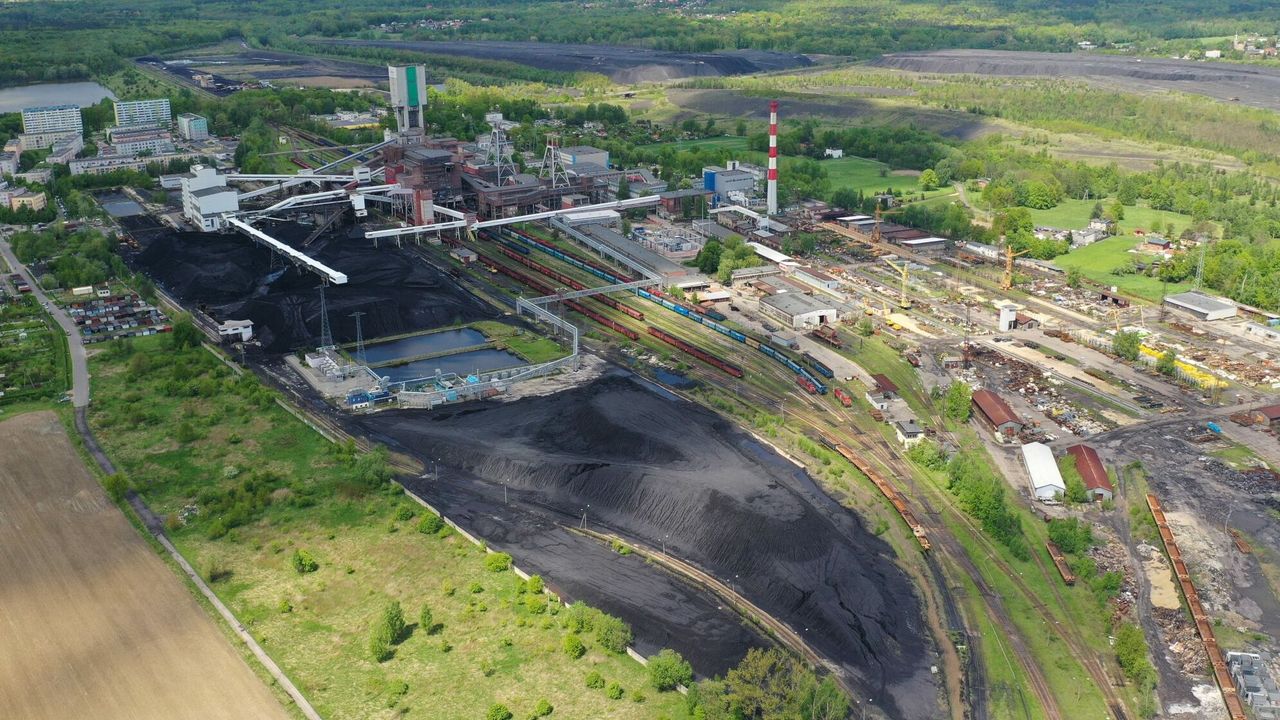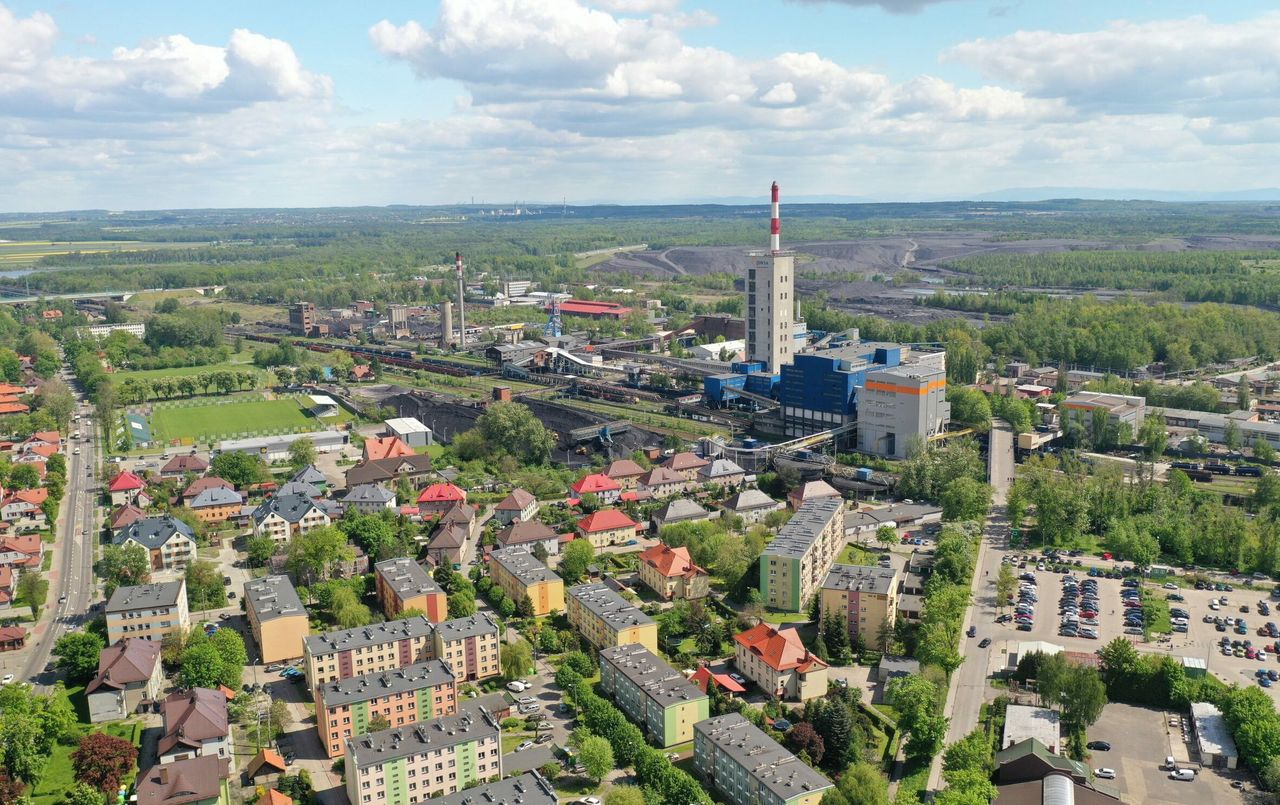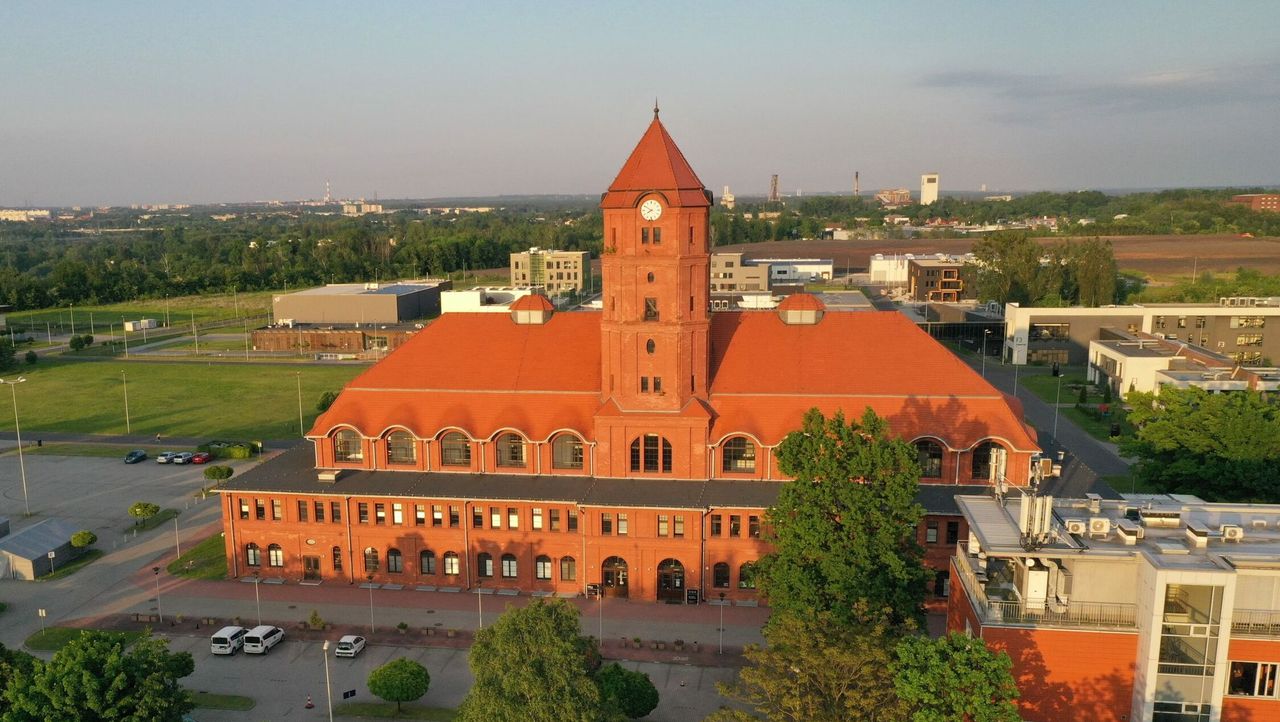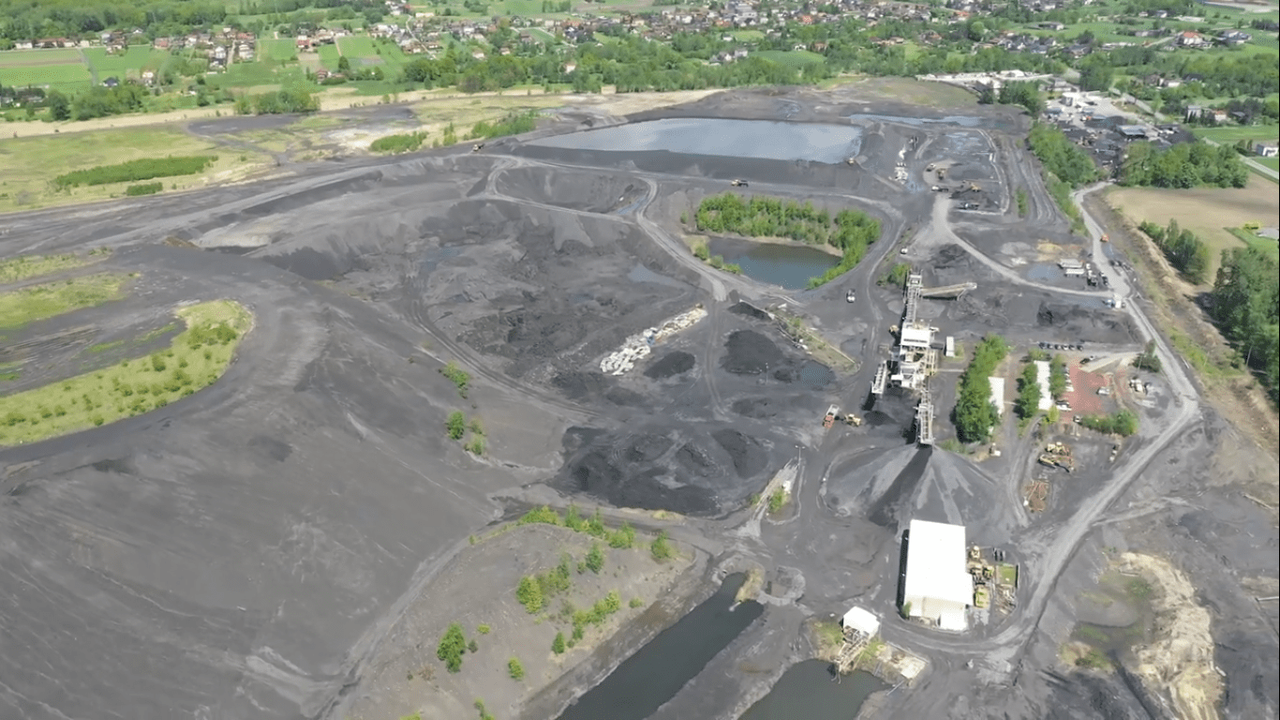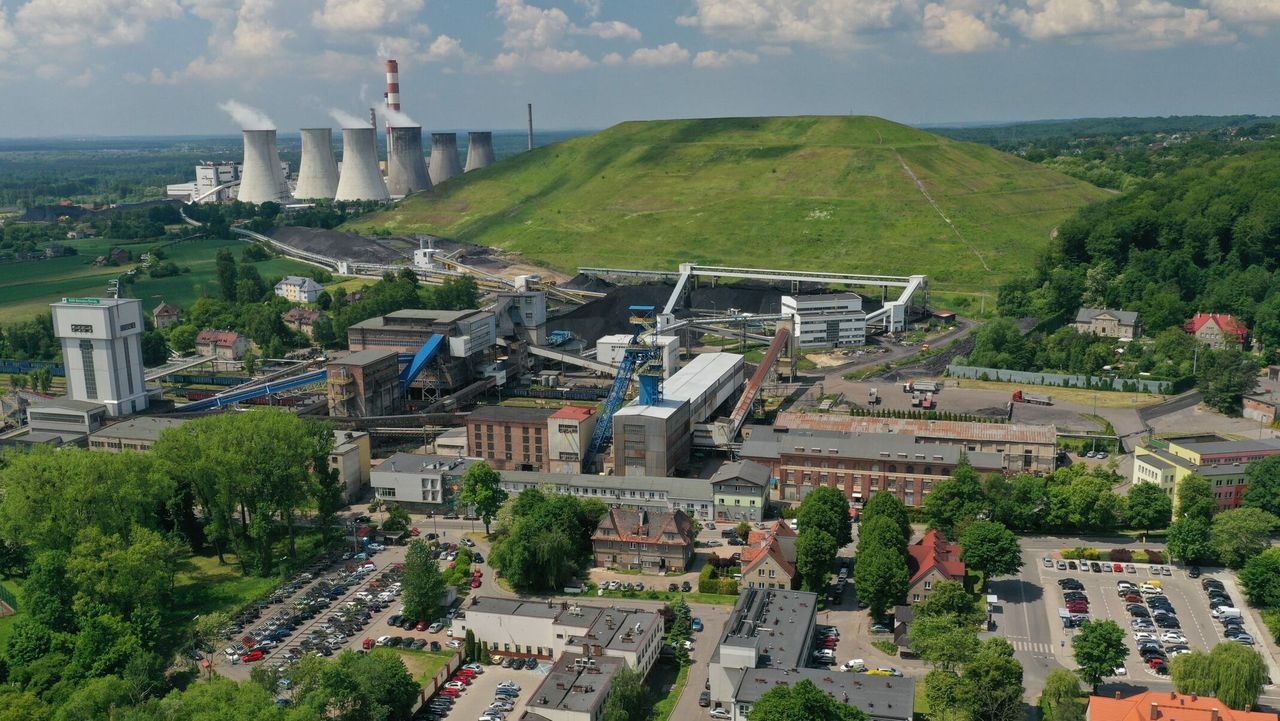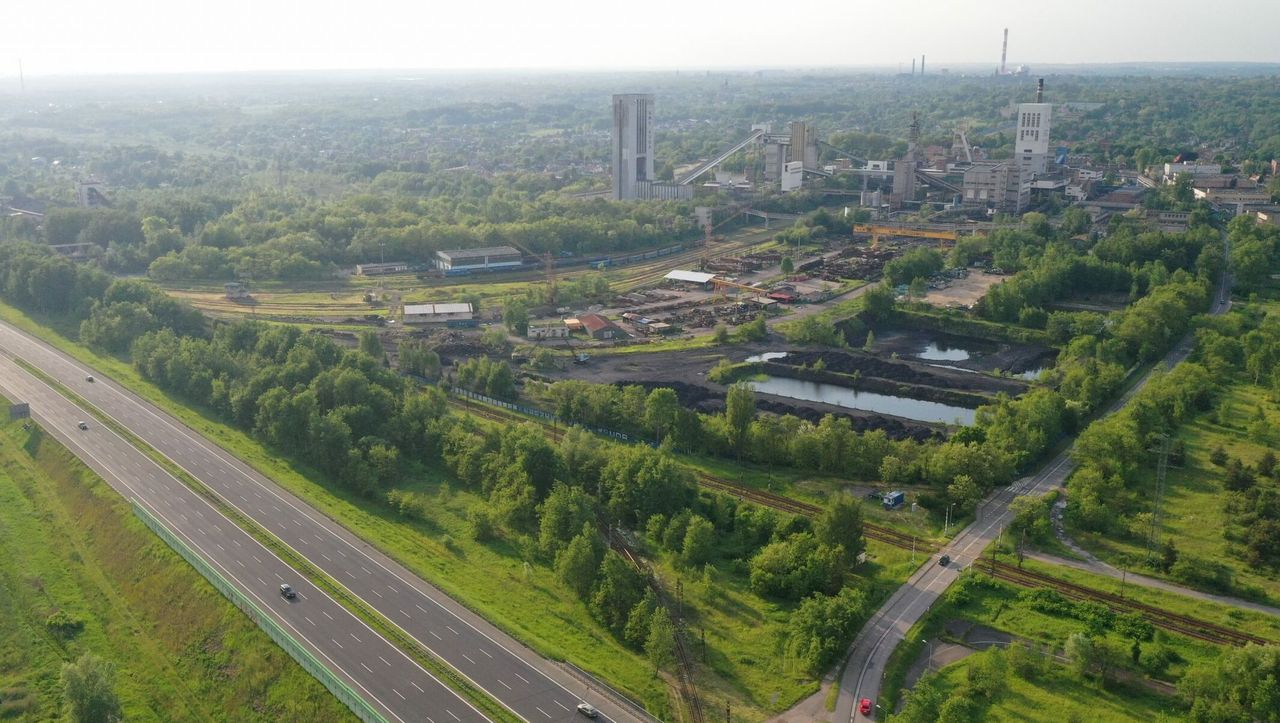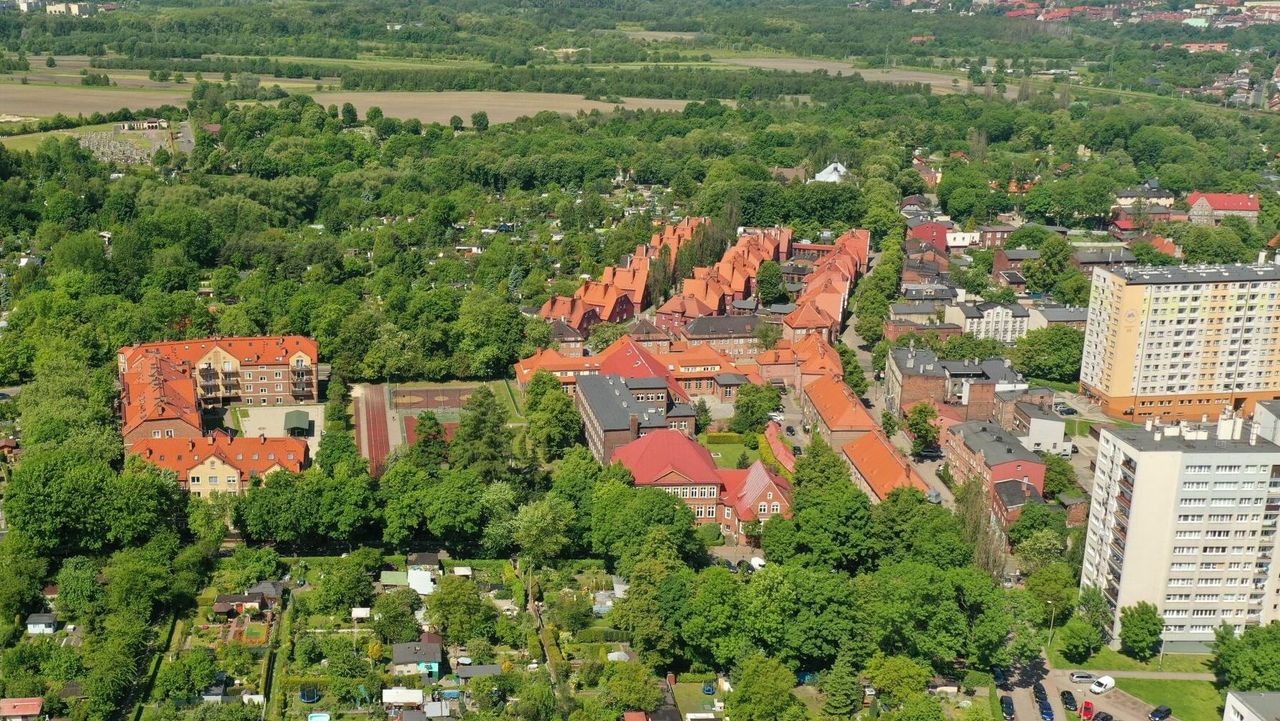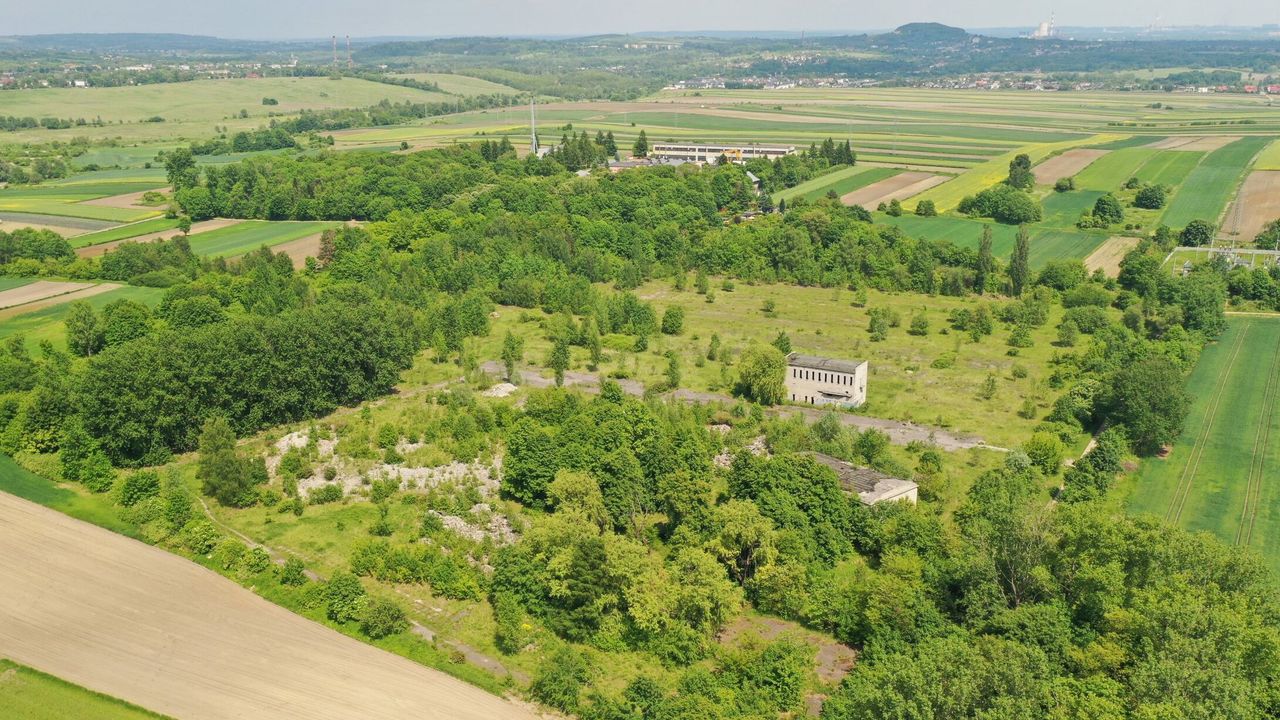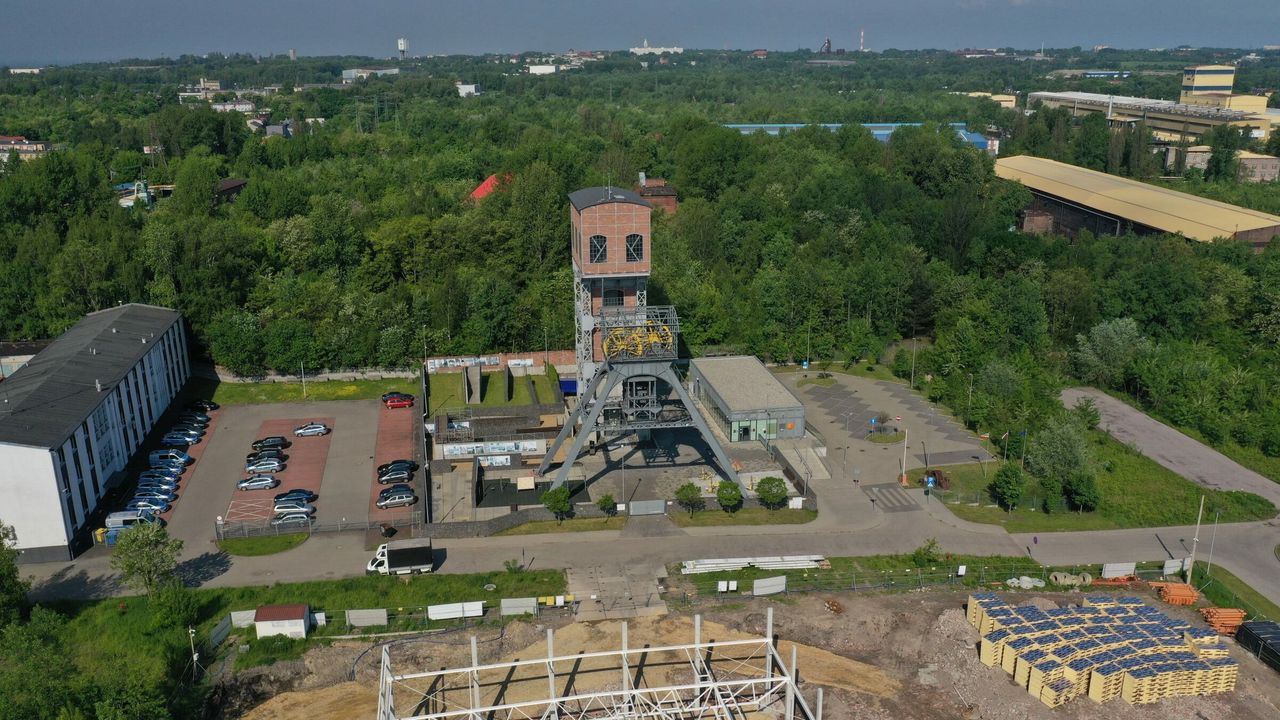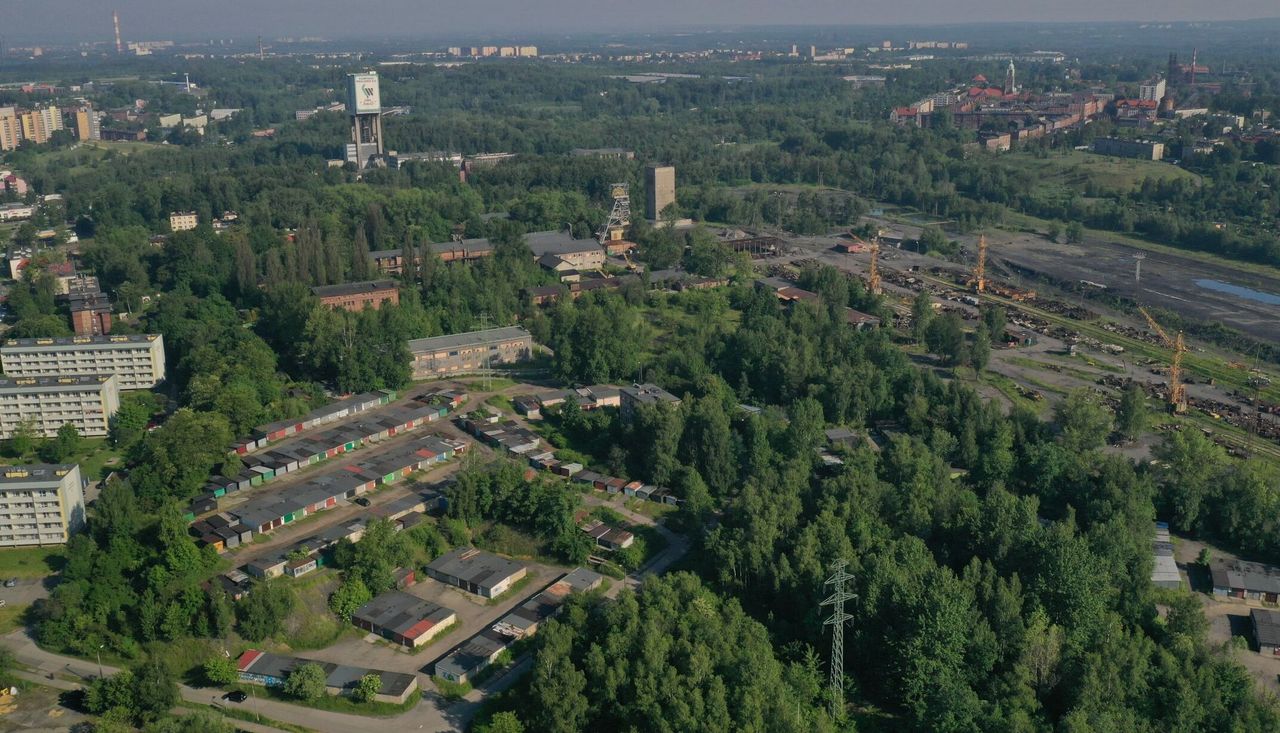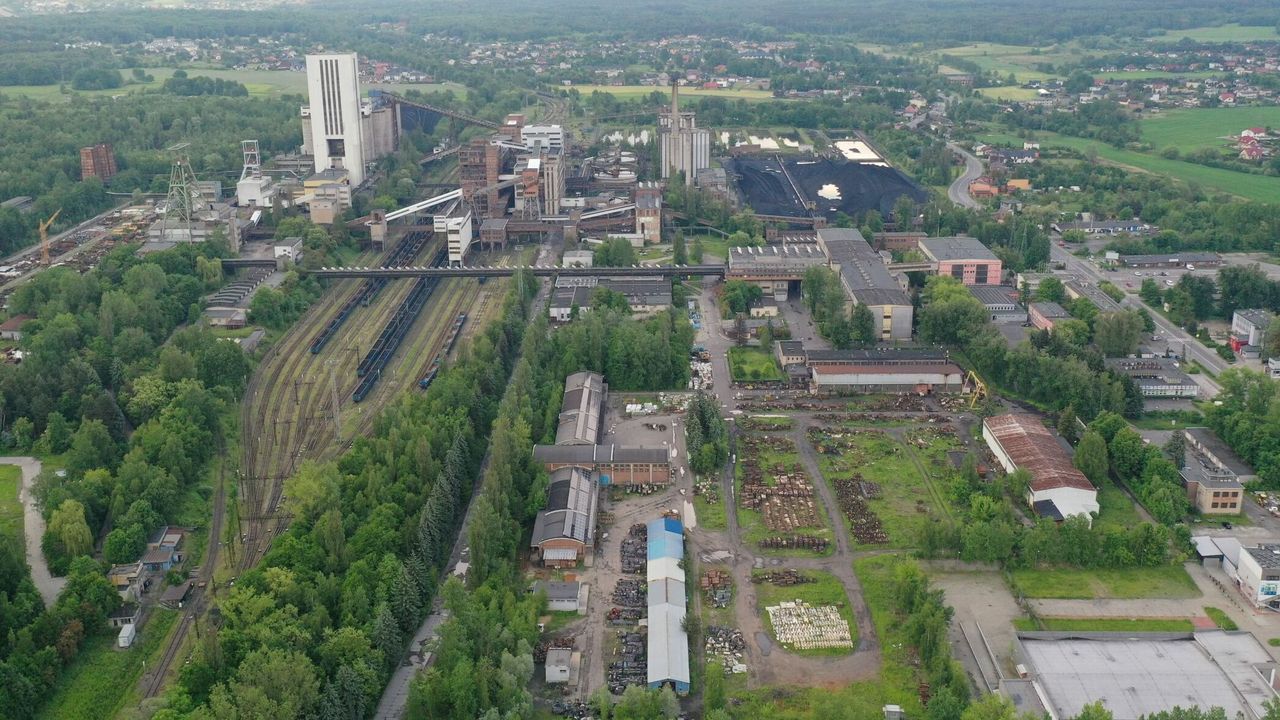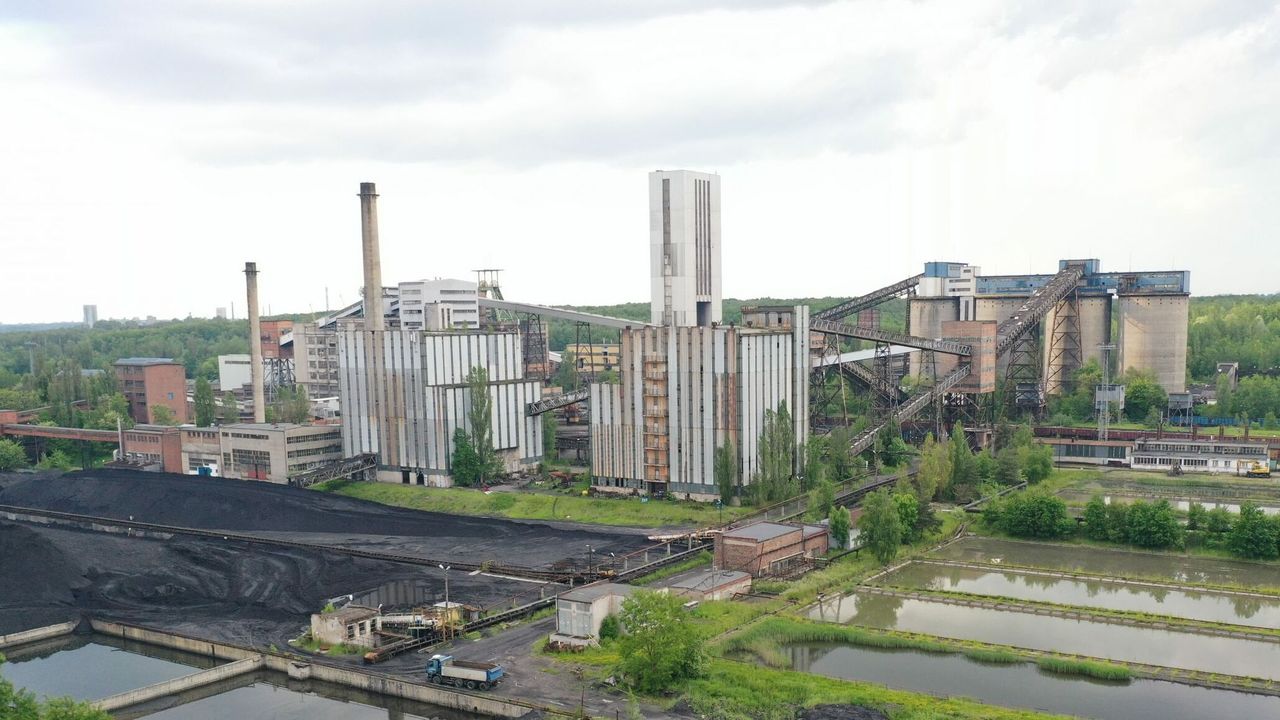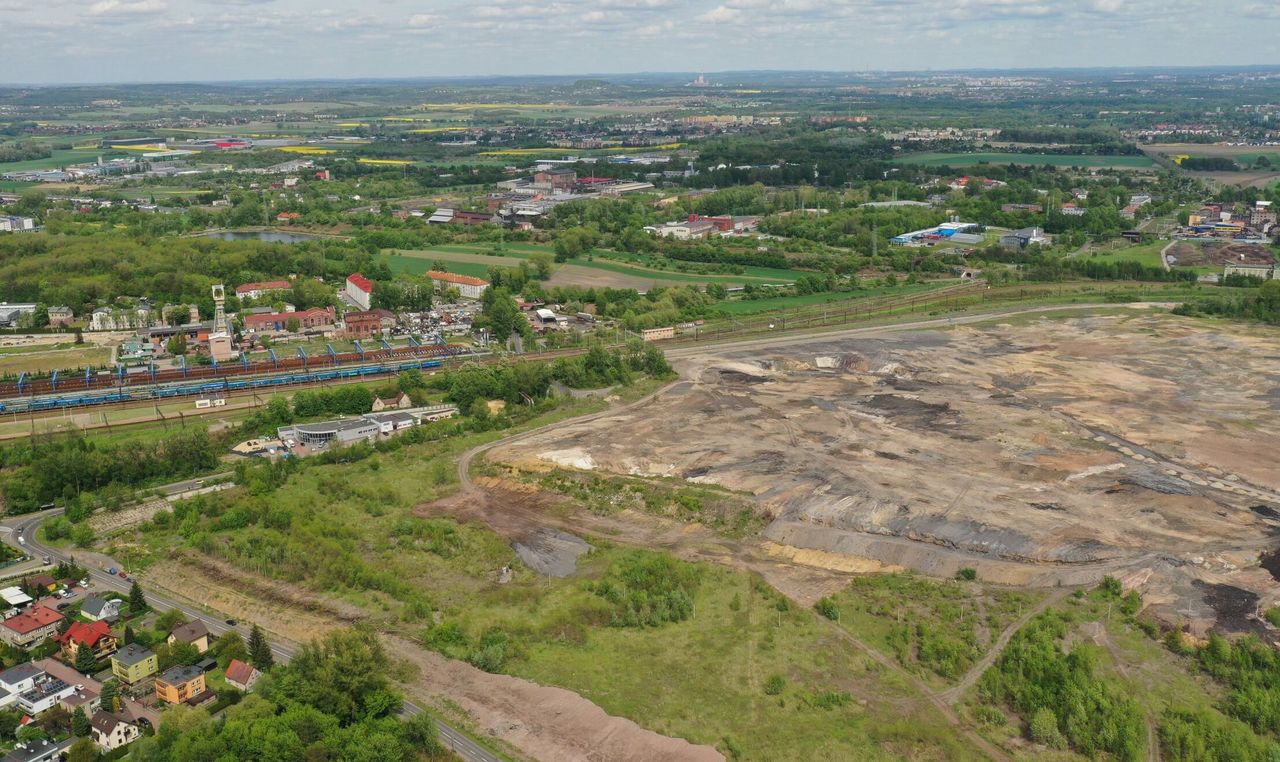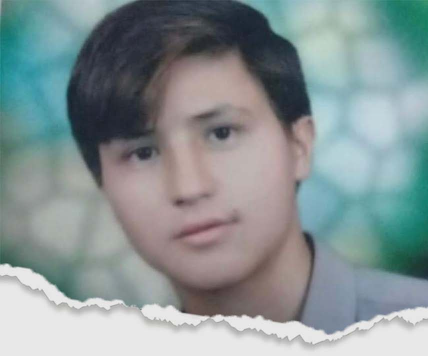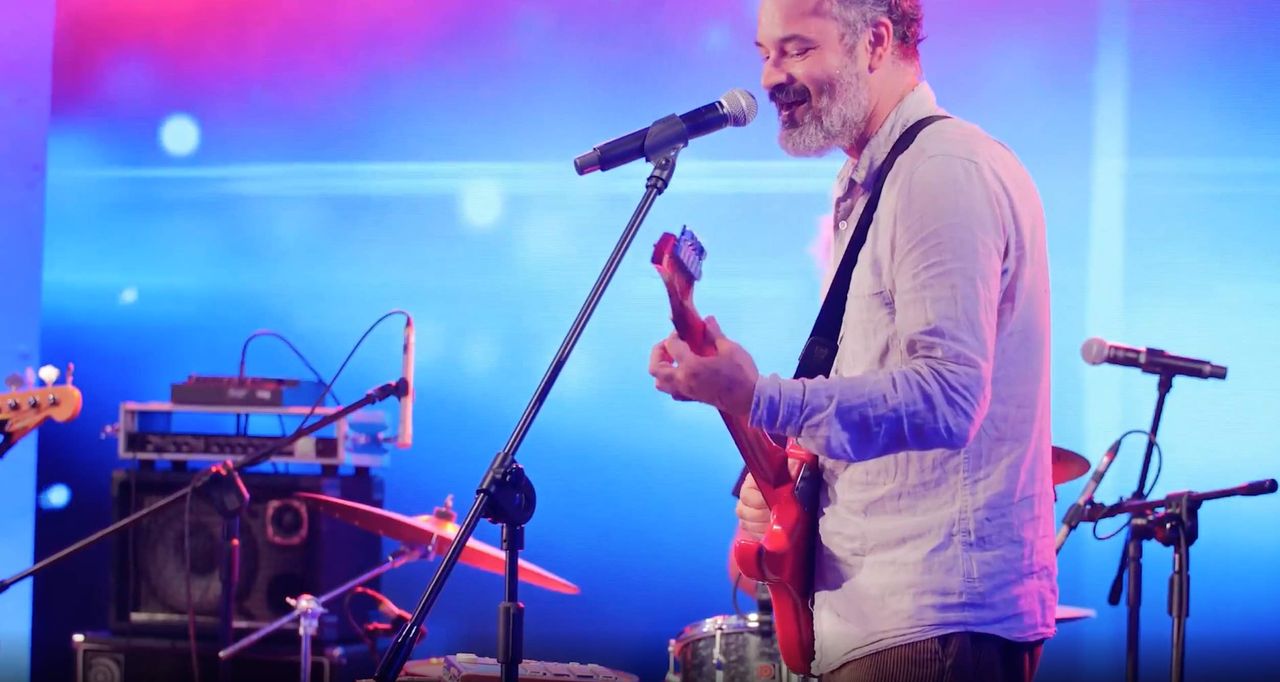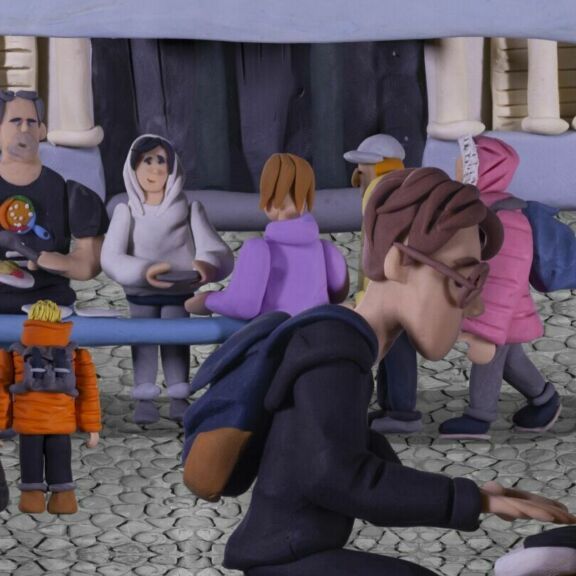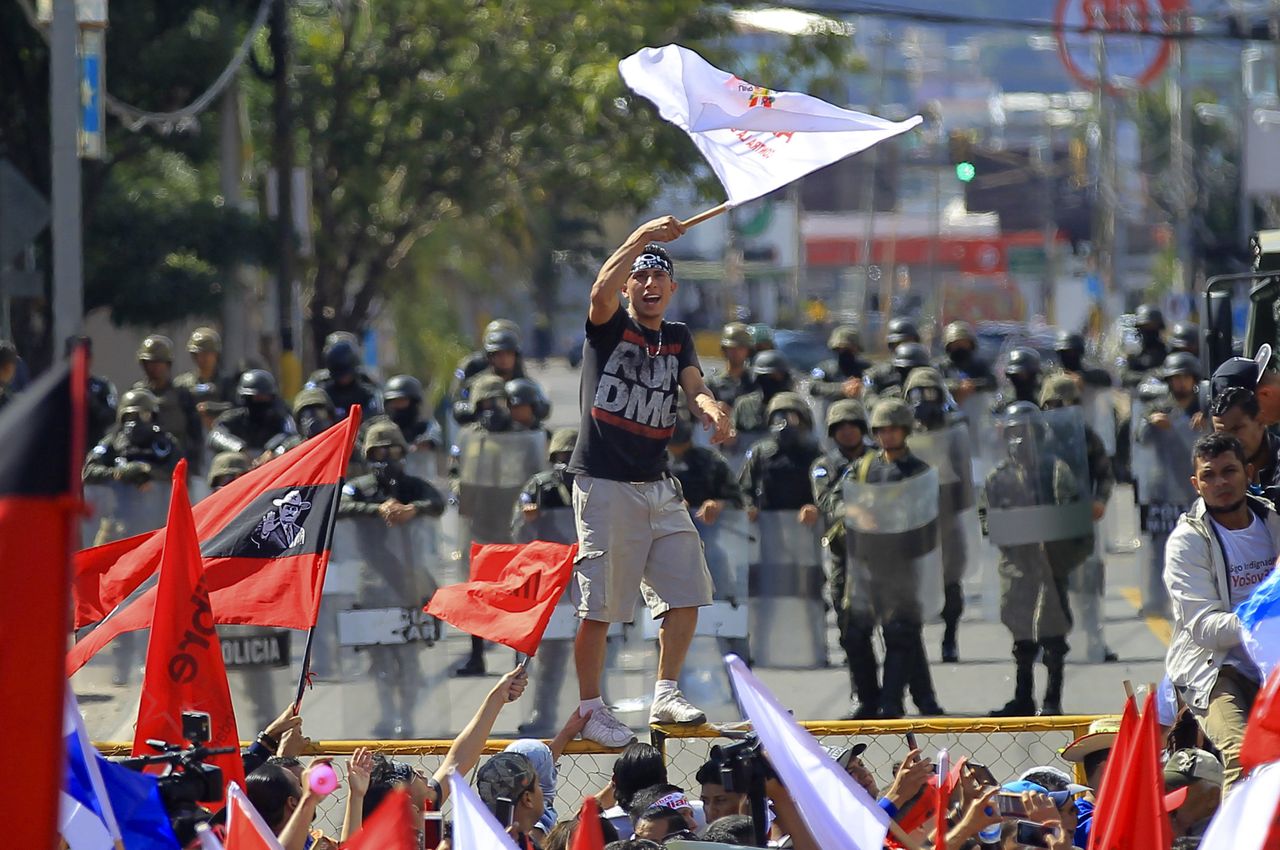
Salvador Nasralla, the candidate of the left in Honduras’ presidential election accuses the authorities of the country of manipulating the results in favor of the ruling president, Juan Orlando Hernandez and calls for a repeated vote. “The whole world knows what happened and I don’t believe it is going to allow people’s voices to be silenced”, says Nasralla.
More than two weeks after the November 26th presidential elections in Honduras , there is still no certainty as to who is the real winner. For the second time, the Supreme Electoral Tribunal (TSE) counted 25% of the disputed votes which were cast during what seems to have been a breakdown of the IT system. However, no anomalies were brought to light. Salvador Nasralla lost his lead over Juan Orlando Hernandez precisely during that malfunction. The vote, which the current president won by around 30,000 votes, has been criticized by the United Nations and the European Union.
The first results were announced on Monday. “According to these, Salvador Nasralla had 90,000 votes more than the current president”, says Eduardo Riesgo Quiros, a journalist from a Xinhua news agency , who helped prepare electoral materials for Salvador Nasralla. “Another message came out only the next day, saying that the president-in-office is going to win. It is a bit strange “, adds Quiros.
The EU-delegated mission of observers also disputes the correct conduct of the elections. They state that in 2013 vote, the Supreme Electoral Tribunal issued five updates on the progress of vote counting, while this year – only one.
TV personality versus a lawyer
64-years-old Salvador Nasralla is a son of Lebanese immigrants. He became famous in Honduras as a TV presenter. For several years he also worked as an executive at Coca-Cola company and taught at the university. He is one of the co-founders of the Anti-Corruption Party in Honduras. In 2013, he took part in the presidential elections winning 13.43% of the votes. This year he was running for president on behalf of the Opposition Alliance Against the Dictatorship, a political movement made of leftist parties. During his campaign he promised that, if elected, he will reform the country’s constitution, among other things.
Nasralla does not mince his words. He calls the current president “a dictator”. In his opinion, the courts, the Supreme Electoral Court and the prosecutor’s office all exercise Hernandez’s orders. He has reservations about the 2015 decision of the Supreme Court which abolished the ban on the reelection of the president. He also has a bad opinion about the local media which, he believes, cater to president’s expectations and misinform the public, criticizing North Korea or Venezuela.
The 49-years-old Juan Orlando Ortega, on the other hand, is a lawyer and the leader of the center-right National Party of Honduras. He has sixteen siblings, one of his brothers helped him put his first steps in politics. Between 1999-2014 he served as a deputy, then became the president.
Honduras is one of the poorest and most dangerous countries in the Latin America. That is why, during the first year of his presidency, Hernandez focused on creating jobs and reducing crime. Over that time fourteen criminals responsible for money-laundering and drug-trafficking were sent to the United States, where they are now serving jail sentences. A year ago, the first maximum security prison, El Pozo, was opened in the country.
“Juan Hernandez, in general, is a good president who did a lot for improving security in the country. However, people accuse him of corruption, because he uses public money to finance political campaigns. It is also said that his brother is linked to drug-traffickers”, explains Marvin Valladar, one of the voters. “Just take a taxi or go to a cafe to get an idea of how much everyone is frustrated”, he adds. “In my opinion, Hernandez did too little to tackle unemployment and part of the money he allocated to public safety, would have been better spent on improving the condition of the healthcare”, concludes Valladar.
Take the victory back
“They are doing everything to deprive us of our victory”, wrote Salvador Nasralla on Twitter after the preliminary results of the presidential elections were announced. He also urged his supporters to take to the streets. On Wednesday November 29th, the Opposition Alliance Against the Dictatorship announced that their candidate was the real winner, despite the fact that the Supreme Electoral Tribunal at that point had not issued its statement on the result of the elections. Later, after it was proclaimed that Nasralla had supposedly lost, he said that he does not recognize the verdict. Numerous clashes happened on the streets between the demonstrators, supporting the runner-up, and the police. For that reason, on December 2nd, the Honduran authorities introduced a week-long state of emergency, which, however, didn’t stop the voters from going out on the streets.
Amnesty International reported that fourteen civilians had been killed in riots and many people suffered injuries from the rubber bullets. The police force used gas and firearms against the demonstrators. Raul Antonio Trimino, a 39-year-old laborer, is one of the victims. His family told Amnesty International that he was protesting peacefully, standing in front of his house, when a police officer approached him and shot him straight in the face.
“They should have taken him to prison and not shoot at him, he did nothing wrong, he only demanded justice.”, says his sister.
The repeated elections
“The vast majority of people in Honduras believe that the elections were rigged. Because of that, protests are still ongoing in various cities, although they are not as big as the ones which happened after the results were announced.”, says Marvin Valladar.
Meanwhile, Salvador Nasralla filed a complaint against the Supreme Electoral Court and asked international community for help.
“They did not check whether the votes are real or if people who are on the voting lists even exist. Some of the lists do not match the ones printed before the elections”, says Nasralla.
He warns that if the results are recognized nationwide, mass-scale demonstrations will happen again.

